Peter Thiel
description: an American entrepreneur and venture capitalist, co-founder of PayPal and Palantir
371 results
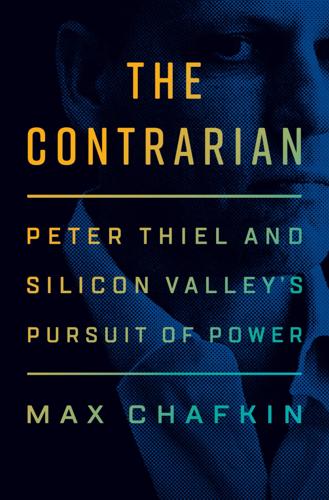
The Contrarian: Peter Thiel and Silicon Valley's Pursuit of Power
by Max Chafkin · 14 Sep 2021 · 524pp · 130,909 words
publish books for every reader. Image credits appear on this page. LIBRARY OF CONGRESS CATALOGING-IN-PUBLICATION DATA Names: Chafkin, Max, author. Title: The contrarian: Peter Thiel and Silicon Valley’s pursuit of power / Max Chafkin. Description: New York: Penguin Press, an imprint of Penguin Random House LLC, [2021] | Includes bibliographical
…
promise and potential of Silicon Valley, one of Silicon Valley’s pioneers had already turned his attention well beyond it. Over the prior two decades, Peter Thiel had accumulated billions of dollars in wealth, backing some of the biggest and most successful tech companies, including Facebook, PayPal, and SpaceX. He’d
…
mother’s pregnancy had been unplanned, and thinks Thiel was trying to be nice, in a profoundly strange way. He signed the note, “Love, Peter Thiel.” Thiel had always been aloof but now he seemed indifferent to everything—high school, his friends, his teachers—and he started pushing the boundaries. According
…
another $100 million in venture capital into the combined operation that spring, but it proved to be awkward interpersonally. Perhaps unsurprisingly, Elon Musk and Peter Thiel had trouble relating to each other. One day, while Peter was riding in Elon’s $1 million McLaren to a meeting with Mike Moritz at
…
or to somehow hedge his bets. And so, even as Thiel’s achievements as a bearish hedge funder were celebrated—“Everything Silicon Valley venture capitalist Peter Thiel touches seems to turn to gold,” the New York Post observed—he was beginning to get more serious about investing in startups. Thiel did
…
for rule-breaking and was also exactly the kind of person—young and aggressive, with no apparent regard for following norms, or even laws—that Peter Thiel would be taken with. After Napster had been sued into oblivion by the recording industry, Parker started Plaxo—another proto-social network. It purported
…
posts Thiel had published at the college paper, he was the author of this one. Needless to say, the idea that humanity should celebrate Peter Thiel’s attempts to build an offshore tax haven but mourn the passage of the Nineteenth Amendment did not lead to universal acclaim. “Facebook backer wishes
…
Strauss and Machiavelli. It was at one of these conferences, held at the end of his junior year, that he first talked at length with Peter Thiel. Over a boozy dinner, they discussed their shared enmity for elite institutions, especially liberal colleges. Thiel and Johnson stayed in touch after Johnson graduated.
…
Gawker posted a series of paparazzi shots of the then-eighteen-year-old kissing his mother, the supermodel Stephanie Seymour. A slightly less likely possibility: Peter Thiel. He wasn’t the gay son of a billionaire, but a gay billionaire who obviously hated Gawker, having compared it to a terrorist organization
…
9, Trump’s campaign submitted its delegate slate for California’s Republican primary. Among the three names listed for California’s third congressional district was Peter Thiel. This prompted a few head-scratching headlines that put Thiel’s Trump support in the context of his other contrarian bets, like seasteading and
…
. There was his intransigence over Gawker, his support of Trump, and the increasingly indiscreet connections with the alt-right. “Every time I read” about Peter Thiel’s support of Trump, Max Levchin said, “I typically check the calendar because I’m not completely sure it’s not April 1.” Others, especially
…
me about words.” The following week, Thiel got a final push. The Advocate, the queer newsmagazine, published an essay criticizing his endorsement of Trump. “Peter Thiel, the Silicon Valley billionaire who made news this summer for endorsing Donald Trump at the Republican convention, is a man who has sex with other
…
article by journalist Salena Zito, who was explaining how heartland voters were able to ignore Trump’s constant prevarications. But it went viral anyway. peter thiel perfectly summed up donald trump in a few sentences was the CNBC headline. The money and the speech would be significant news—Trump hadn’t
…
words “deep state” undersold it, according to Bannon. “It’s not deep, it’s in your fucking grill,” he told me, crediting this as “Peter Thiel’s theory of government.” “The progressives understood something,” Bannon continued. “They said sometimes we win and sometimes we lose elections, but if we expand the
…
that the company’s longest-serving investor—a man who’d survived the dot-com bust, after all—might have something encouraging to say. But Peter Thiel, unfortunately, did not play ball. “My generation was promised colonies on the moon,” he said, after being introduced by Zuckerberg. “Instead we got Facebook.”
…
quickly. And then there was Silicon Valley. Factory workers had been laid off, restaurants had closed, shopping malls were abandoned—but the world that Peter Thiel inhabited was absolutely booming. All the predictions about the ways that technology would subsume aspects of our lives—“Software is eating the world,” as the
…
and Human Services track vaccines. By early January, it was worth more than $40 billion. A headline that fall had summed it up succinctly: peter thiel’s palantir is skyrocketing as trump’s prospects grow dim. For his entire career Thiel had been backing long shots, profiting from their unlikely success
…
in apparent ruins, as moderate Republicans began speaking openly about a “big lie” perpetrated by him and others, Axios published a short item: what peter thiel got wrong about donald trump. It blamed Thiel for having “helped establish and then cement a viewpoint through which even Trump’s most egregious statements
…
were taken at other than face value.” That month, with Peter Thiel’s political project in apparent ruins, Palantir’s market capitalization would rise as high as $68 billion. EPILOGUE YOU WILL LIVE FOREVER Despite Thiel’s
…
,” The New York Times, March 3, 2017, https://www.nytimes.com/2017/03/03/technology/uber-greyball-program-evade-authorities.html. tech founders are godlike: Peter Thiel and Blake Masters, Zero to One (New York: Crown Business, 2014), 23, 168, 183. 1.25 million copies worldwide: Blake Masters (@bgmasters), “Zero to
…
‘Libertarian Wacko’—Now, They’ve Been Friends for 30 Years,” Business Insider, November 21, 2017, https://www.businessinsider.com/linkedin-founder-reid-hoffman-friendship-with-peter-thiel-2017-11. platform was anti-bureaucratic: “ASSU Elections Handbook,” Stanford Daily, April 9, 1987, 1, https://archives.stanforddaily.com/1987/04/09?page=1.
…
syllabus of the class, complaining that it was “a parody of multiculturalism,” and presented it as a symptom of the pernicious effects of racial tolerance. Peter Thiel and David Sacks, The Diversity Myth: Multiculturalism and the Politics of Intolerance at Stanford (Washington, D.C.: Independent Institute, 1995). “quite a bit of
…
Masters, Zero to One, 119. “victims demanding reparations”: Thiel and Sacks, The Diversity Myth, 145‒46. “what they want to hear”: Julia Carrie Wong, “Peter Thiel, Who Gave $1.25 Million to Trump, Has Called Date Rape ‘Belated Regret,’ ” The Guardian, October 21, 2016, https://www.theguardian.com/technology/2016/oct
…
Stanford Daily, February 12, 1998, https://archives.stanforddaily.com/1998/02/12?page=5§ion=MODSMD_ARTICLE16. an op-ed with Sacks: David Sacks and Peter Thiel, “The IMF’s Big Wealth Transfer,” The Wall Street Journal, March 12, 1998, https://www.independent.org/news/article.asp?id=45. recent failures
…
of Asian economies: David Sacks and Peter Thiel, “Internet Shakes Up Complacent Press,” The San Francisco Chronicle, March 10, 1998, https://www.independent.org/news/article.asp?id=60. lost investors’ money:
…
found Thiel and Karp arrogant: Sharon Weinberger, “Techie Software Soldier Spy,” New York, September 28, 2020, https://nymag.com/intelligencer/2020/09/inside-palantir-technologies-peter-thiel-alex-karp.html. which put in $2 million: Shane Harris, “Killer App,” Washingtonian, January 31, 2012, https://www.washingtonian.com/2012/01/31/killer-app
…
abuse: Peter Waldman, Lizette Chapman, and Jordan Robertson, “Palantir Knows Everything about You,” Bloomberg Businessweek, April 19, 2018, https://www.bloomberg.com/features/2018-palantir-peter-thiel/?sref=4ZgkJ7cZ. was never charged: David Kirkpatrick, “With a Little Help from His Friends,” Vanity Fair, October 2010, https://www.vanityfair.com/culture/2010/10
…
, https://web.archive.org/web/20090119085309/http://valleywag.gawker.com/5082473/is-apple-coo-tim-cook-gay. that he was psychologically unstable: Ryan Holiday, Conspiracy: Peter Thiel, Hulk Hogan, Gawker, and the Anatomy of Intrigue (New York: Portfolio, 2018), 31. “Wal-Mart of Banking”: Peter Goodman and Gretchen Morgenson, “Saying Yes,
…
Rubin Report, 1:34, https://www.youtube.com/watch?v=h10kXgTdhNU. to feel “targeted”: Thiel, Rubin Report, 1:33. donation to the campaign: Nicholas Carlson, “Peter Thiel Supports Ron Paul, the Candidate Who Opposed the ‘Black Agenda,’ ” Valleywag, January 21, 2008, https://gawker.com/347103%2Fpeter-thiel-supports-ron-paul-the-candidate
…
Amazing Money Machine,” The Atlantic, June 2008, https://www.theatlantic.com/magazine/archive/2008/06/the-amazing-money-machine/306809/. it’d be too late: Peter Thiel, “The Seasteading Institute Conference 2009,” November 12, 2009, https://vimeo.com/7577391. in a press release: “Introducing the Seasteading Institute,” April 14, 2008, https://
…
founder-recruits-for-gl-1443665496; Sharon Weinberger, “Techie Software Soldier Spy,” New York, September 28, 2020, https://nymag.com/intelligencer/2020/09/inside-palantir-technologies-peter-thiel-alex-karp.html. Businessweek article declared it: Ashlee Vance and Brad Stone, “Palantir, the War on Terror’s Secret Weapon,” Bloomberg Businessweek, November 22, 2011
…
jun/22/hacking-anonymous. smiling face on its cover: Greenberg and Mac, “ ‘Deviant’ Philosopher.” CHAPTER ELEVEN: THE ABSOLUTE TABOO “it’s a very positive thing”: “Peter Thiel on Facebook, Technology, and the Higher Education Bubble,” interview by Tim Cavanaugh, Reason.TV, November 12, 2010, https://www.youtube.com/watch?v=P6qm7vVB5so. tech
…
Founders Fund,” Techcrunch, April 16, 2009, https://techcrunch.com/2009/04/16/announcing-the-techfellow-awards-with-founders-fund/. about four hundred: Sarah Lacy, “Peter Thiel: We’re in a Bubble and It’s Not the Internet. It’s Higher Education,” Techcrunch, April 11, 2011, https://techcrunch.com/2011/04/10
…
watch?v=uVCbjehiwqo&t=173s. “get a jump on that”: Tara Isabella Burton, “The Gospel According to Peter Thiel,” City Journal, Spring 2020, https://www.city-journal.org/peter-thiel. “stood out from the start”: Brian Solomon, “Peter Thiel’s Chosen One,” Forbes, January 3, 2017, https://www.forbes.com/sites/briansolomon/2017/01/03/james
…
in connection with payments made to an Iowa state senator. In 2020, Donald Trump pardoned the two men. Speaking to young activists: Students for Liberty, “Peter Thiel at the ISFLC 2012,” February 26, 2012, https://www.youtube.com/watch?v=k3rp4jXTYJU. “how much voting actually works”: Dave Weigel, “Ron Paul’s
…
Billionaire,” Slate, February 20, 2012, https://slate.com/news-and-politics/2012/02/investor-peter-thiel-is-the-billionaire-behind-ron-pauls-presidential-campaign.html. a recent Romney convert: Kevin Robillard, “Hulk Hogan Ready to Rumble for Romney,” Politico, August 30
…
the meeting with Thiel. David Swan, “Gawker’s Ruin: ‘Mr. A’ Revealed,” The Australian, December 7, 2017. “which is a big limitation”: Ryan Holiday, Conspiracy: Peter Thiel, Hulk Hogan, Gawker, and the Anatomy of Intrigue (New York: Portfolio/Penguin, 2018), 76. it was winnable: Holiday, Conspiracy, 83. “even better, sex crime”: Holiday
…
://gotnews.com/breaking-fraud-jackiecoakley-cried-rape-uvahoax/. connected to Russian intelligence: Charles Johnson, “Why I Am Suing BuzzFeed’s Ryan Mac for Libel Over Peter Thiel Story,” Charles Johnson’s Thoughts and Adventures, September 12, 2020, https://charlesjohnson.substack.com/p/why-i-am-suing-buzzfeeds-ryan-mac; Mathew Ingram, “
…
the District of Columbia, Felony Branch, January 7, 2008, http://www.onepeoplesproject.com/images/Epstein/img072.jpg. key “ideological architect”: Rosie Gray and Ryan Mac, “Peter Thiel Met with the Racist Fringe as He Went All In on Trump,” BuzzFeed, September 11, 2020; “Kevin DeAnna” Southern Poverty Law Center Extremist Files, accessed
…
Huffington Post, April 7, 2020, https://www.huffpost.com/entry/clearview-ai-facial-recognition-alt-right_n_5e7d028bc5b6cb08a92a5c48. CHAPTER FOURTEEN: BACKUP PLANS wearing “assless chaps”: “Peter Thiel’s Party Has a Problem: Facebook Investor’s Inebriated Guests Get Stuck in Elevator,” New York Daily News, June 22, 2011, https://www.nydailynews.com
…
/entertainment/gossip/peter-thiel-party-problem-facebook-investor-inebriated-guests-stuck-elevator-article-1.128098. a backup country: Matt Nippert, “Citizen Thiel,” The New Zealand Herald, February 1,
…
, 2015, https://www.rollingstone.com/politics/politics-news/trump-seriously-on-the-trail-with-the-gops-tough-guy-41447/. “somewhat lower IQ”: Jamie Weinstein, “Peter Thiel Talks Politics, Living Forever and the Need for the GOP to Get Smarter Reps,” Daily Caller, September 24, 2014, https://dailycaller.com/2014/09/24
…
03/02/palantir-provides-the-engine-for-donald-trumps-deportation-machine/. protestors showed up at Thiel’s home: Jenna Lyons, “Pro-immigrant Demonstrators Rally Outside Peter Thiel’s SF Home,” San Francisco Chronicle, March 14, 2017, https://www.sfgate.com/bayarea/article/Pro-immigrant-demonstrators-rally-outside-Peter-10995442.php; Anna Weiner
…
via Internet Archive, November 14, 2016, https://web.archive.org/web/20161114060128/https://medium.com/turnonreality/turn-on-reality-f4331d007f3c. “least contrarian things”: For instance, Peter Thiel, interviewed by Maria Bartiromo, Economic Club of New York, March 15, 2018. CHAPTER EIGHTEEN: EVIL LIST restaurants and other businesses: Julian Guthrie, “Yelp’s
…
Times, November 13, 2017, https://www.nytimes.com/2017/11/13/technology/missouri-google-investigation.html. for an onstage chat: “Cardinal Conversations: Reid Hoffman and Peter Thiel on ‘Technology and Politics,’ ” interviewed by Niall Ferguson, Hoover Institution, January 31, 2018, https://www.hoover.org/news/stanford-first-cardinal-conversation-spotlights-technology-politics
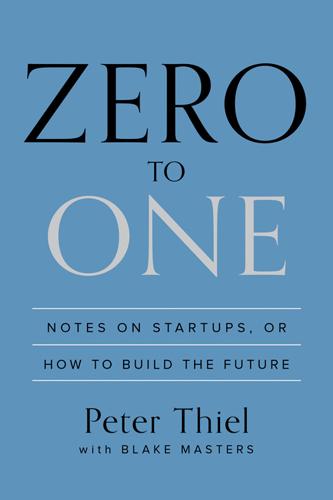
Zero to One: Notes on Startups, or How to Build the Future
by Peter Thiel and Blake Masters · 15 Sep 2014 · 185pp · 43,609 words
Copyright © 2014 by Peter Thiel All rights reserved. Published in the United States by Crown Business, an imprint of the Crown Publishing Group, a division of Random House LLC, a
…
specialmarkets@randomhouse.com. Library of Congress Cataloging-in-Publication Data Thiel, Peter A. Zero to one: notes on startups, or how to build the future / Peter Thiel with Blake Masters. pages cm 1. New business enterprises. 2. New products. 3. Entrepreneurship. 4. Diffusion of innovations. I. Title. HD62.5.T525 2014 685
…
.1, 6.1 Yammer Yelp YouTube, 10.1, 12.1 ZocDoc Zuckerberg, Mark, prf.1, 5.1, 6.1, 14.1 Zynga About the Authors Peter Thiel is an entrepreneur and investor. He started PayPal in 1998, led it as CEO, and took it public in 2002, defining a new era of
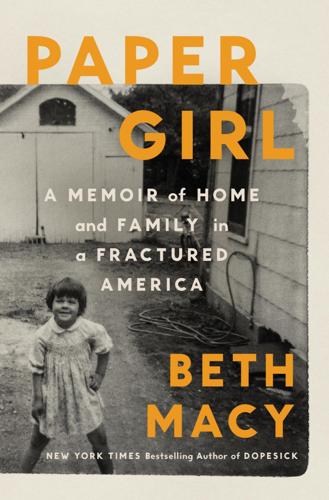
Paper Girl: A Memoir of Home and Family in a Fractured America
by Beth Macy · 6 Oct 2025 · 373pp · 97,653 words
contribution from a super PAC linked to the GOP Senate minority leader. Vance won Champaign County by a margin of 43 points. The venture capitalist Peter Thiel’s $10 million contribution to Vance’s campaign didn’t hurt.[10] Though he commutes more than an hour to the college town of Oxford
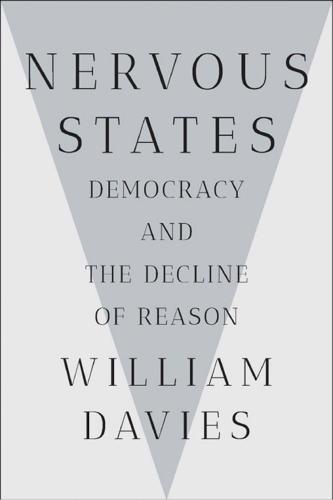
Nervous States: Democracy and the Decline of Reason
by William Davies · 26 Feb 2019 · 349pp · 98,868 words
antipathy to “elites” rarely manifests itself in scapegoating of the very rich. How can men as wealthy as Beppe Grillo, Aaron Banks, Andrej Babis, or Peter Thiel claim to be leading a movement against elites? To which the answer is: unlike a journalist, a government statistician, a member of parliament, or a
…
of the twentieth century. 6 GUESSING GAMES Market sentiment and the price of knowledge As the founder of PayPal and an early investor in Facebook, Peter Thiel is one of the most renowned venture capitalists working in Silicon Valley, and was actively involved in seeking to build bridges between US tech companies
…
economic institution for these new oligarchs, and will ensure that extremes of inequality outlive them. If they cannot achieve actual immortality (of the sort that Peter Thiel is hoping for) then achieving a dynasty becomes the best way of leaving a financial and genetic legacy. To live in a Darwinian world is
…
. “Smart city” projects depend on data scientists to extract patterns of activity from the frenetic movements of urban populations, resources, and transport. Firms such as Peter Thiel’s Palantir help security services identify potential security threats, by isolating dangerous patterns of behavior. And then there are the murky cases of consultancies, such
…
April 2009. 2P. Thiel (2014), Zero to One: Notes on Startups or How to Build the Future, Virgin Books, p. 106. 3Ibid., p. 5. 4“Peter Thiel’s Apocalypse,” San Francisco Magazine, 29 September 2017. 5C. McKenna (2006), The World’s Newest Profession: Management Consulting in the Twentieth Century, Cambridge University Press
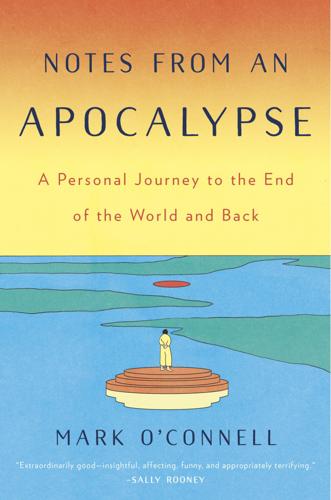
Notes From an Apocalypse: A Personal Journey to the End of the World and Back
by Mark O'Connell · 13 Apr 2020 · 213pp · 70,742 words
LinkedIn, claimed that “saying you’re ‘buying a house in New Zealand’ is kind of a wink, wink, say no more.” And then there was Peter Thiel, the billionaire venture capitalist who had cofounded PayPal and had been one of Facebook’s earliest investors. It had recently emerged that Thiel had bought
…
our email exchange, a plan started to formulate. I was going to travel to New Zealand, and we were going to take a trip to Peter Thiel’s apocalypse retreat on the shores of Lake Wanaka. * * * — After the hike up to Mount Eden, Anthony dropped me off at my hotel. I dumped
…
of ideas and ideologies.”) The exhibition was called The Founder’s Paradox, a name that came from the title of one of the chapters of Peter Thiel’s 2014 book Zero to One: Notes on Startups, or How to Build the Future. Together with the long and intricately detailed catalog essay Anthony
…
less healthy-looking than he appeared in photographs, Harris told me, but he had little doubt as to his identity. Harris, who was aware that Peter Thiel had not been seen in New Zealand since 2011, asked the man whether he was who he thought he was. The man smirked and, without
…
opposite: an absolute surrender to an exhaustion in the bones of civilization. Since my trip to New Zealand—since my encounter with the site of Peter Thiel’s planned apocalypse retreat, and with the logic of escape and conquest represented in Simon Denny’s Founders board game piece—my fascination with the
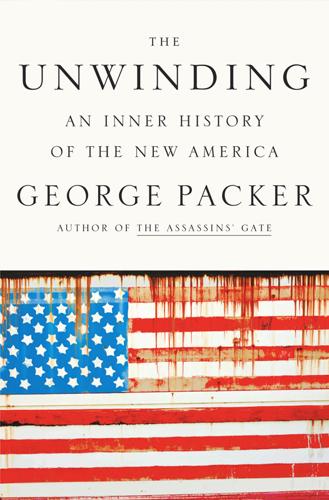
The Unwinding: An Inner History of the New America
by George Packer · 4 Mar 2014 · 559pp · 169,094 words
wasn’t senior enough. So, at the age of thirty-seven, he joined Arnold & Porter and launched a new career: as a lobbyist. SILICON VALLEY Peter Thiel was three years old when he found out that he was going to die. It was in 1971, and he was sitting on a rug
…
property taxes in California to 1 percent of assessed value, sending the state’s public schools into a long decline—was still a year away. Peter Thiel moved to the Valley in the last year of its middle-class heyday. Everything was about to change, including the name. After Swakopmund, Foster City
…
, wearing a wire. Van Sickler waited for the feds to make their way up the food chain to the guys at the top. SILICON VALLEY Peter Thiel and his friend Reid Hoffman had been arguing about the nature of society ever since Stanford. Over Christmas in 1994 they had spent a few
…
median real wages (except for the late nineties): “They’ve identified issues that are really central to what’s going to happen to our economy.” Peter Thiel told an interviewer, “In the history of the modern world, inequality has only been ended through communist revolution, war, or deflationary economic collapse. It’s
…
it’s not enough / To think about how close we came / I wanna walk like a giant on the land SILICON VALLEY The last time Peter Thiel went to the World Economic Forum was in January 2009. Davos was a highly visible status marker for the global elite, but inclusion that year
…
video games based on the latest neuroscientific research. “My core goal is to disrupt both the education and the game sectors,” he said, sounding like Peter Thiel. Thiel expressed concern that the company would attract people with a nonprofit attitude, who felt that “it’s not about making money, we’re doing
…
” (unpublished paper, 1994). Sean Safford, Why the Garden Club Couldn’t Save Youngstown: The Transformation of the Rust Belt (Cambridge, MA: Harvard University Press, 2009). PETER THIEL AND SILICON VALLEY Sonia Arrison, 100 Plus: How the Coming Age of Longevity Will Change Everything, from Careers and Relationships to Family and Faith, with
…
a foreword by Peter Thiel (New York: Basic Books, 2011). Eric M. Jackson, The PayPal Wars: Battles with eBay, the Media, the Mafia and the Rest of Planet Earth (Los
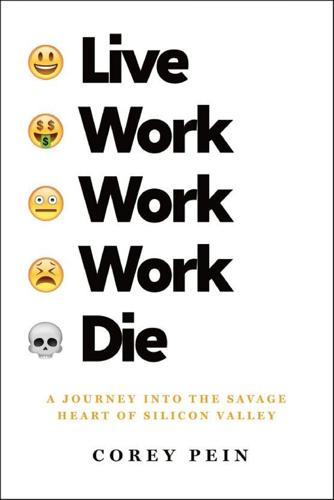
Live Work Work Work Die: A Journey Into the Savage Heart of Silicon Valley
by Corey Pein · 23 Apr 2018 · 282pp · 81,873 words
suffering builds character, I owe many thanks to Airbnb. In the same spirit, I must thank those who declined to be interviewed, especially Ray Kurzweil, Peter Thiel, and Curtis Yarvin—my three muses. I’m genuinely grateful to everyone who was interviewed, as well as all those pseudonymous people—roommates, conferencegoers, barflies
…
clear than with Hulk Hogan’s successful privacy lawsuit against Gawker Media in the spring of 2016, infamously bankrolled in secret by the billionaire VC Peter Thiel, who regarded Gawker as a “terrorist” organization. Although the East Coast press saw Thiel’s subterfuge for what it was—an attack on free speech
…
fucking itchy.” Stonerr, then? Twitter for potheads? Redundant. “Twitter is … a horribly mismanaged company—probably a lot of pot smoking going on there,” the VC Peter Thiel said once on television. What about Facebook for people without friends? I could call it … Strangebook? But it would be hard to beat RentAFriend.com
…
offenders virtually anywhere, anytime, at varying levels of intensity through a single, compact, body-worn unit.” • 1-800-Flowers for medicinal marijuana? Eaze, backed by Peter Thiel, offers “easy, quick, professional marijuana delivery” on demand. • Snapchat for adult dancers? It’s called Snapchat. • Foursquare for attractive people? Instagram. • Social game for social
…
the PayPal founder, Facebook board member, major shareholder in a CIA-funded company, Donald Trump delegate, distinguished Stanford alumnus, venture capitalist, and Silicon Valley billionaire Peter Thiel. Here was a rich, powerful man, regarded by many as a public intellectual, who, three years before White House adviser Steve Bannon declared war on
…
advantages to an undeserving mob of brainwashed social justice warriors. Significantly, these radicalized youth saw in the miraculous futuristic designs of men such as a Peter Thiel and Elon Musk a vision that was entirely compatible with their notions of racial supremacy, and they expected to personally benefit in the tech titans
…
, because he is forever telling them what they’d like to hear and zealously defending the excesses of consumer capitalism. Like techno-utopians such as Peter Thiel, Kurzweil has long argued that corporate interests should be calling the shots in the “new paradigms” of the future. Such views are unsurprising coming from
…
-one-year-old blogger as epigraphs. Anissimov at the time was employed as the advocacy director at the Singularity Institute for Artificial Intelligence, funded by Peter Thiel, whose own ideas, buoyed by money, were gaining prominence. Thiel’s support for technophilic extremists did not stop with Anissimov. The billionaire was, for example
…
concerns Thiel might harbor for the fate of America and the planet, he has never lost sight of the interests of the most important person—Peter Thiel. He has reportedly used his fortune to obtain citizenship in New Zealand, along with a remote lakeside retreat where he might weather the apocalypse. While
…
world set aside by global agreement for experimentation, as discussed by Larry Page. They could be floating cities in international waters as put forth by Peter Thiel, or one of the more ambitious 80,000 person colonies on Mars desired by Elon Musk. Srinivasan set what was then a new record in
…
Stanford professor and partner in a $4 billion venture capital firm, not some basement-dwelling 4chan troll with no life prospects. His comrade in resentment, Peter Thiel, even offered Srinivasan’s name to the Trump White House in January 2017 as a possible appointee to lead the Food and Drug Administration (although
…
of Big Tech, grim though it may appear for the rest of us. But the biggest winners of technocapitalism—men such as Larry Page and Peter Thiel and their flunkies—are increasingly aware that the system that has ennobled them creates enemies faster than allies. And they are afraid. In 2015, the
…
of the most ill-considered and damaging experiments ever inflicted by a tech startup upon an unwilling group of people. And Paytm had shown that Peter Thiel’s original dream for PayPal’s “World Domination” (his words)—digital, privatized currency—could be made real by fiat, should other methods fail. “India’s
…
To,” May 26, 2015, theweek.com. Gallup reran its poll “Confidence in Institutions,” gallup.com; harrisinteractive.com. “monolithic monstrosity” Peter Thiel interview with Glenn Beck, October 21, 2014. “My path was so tracked” Peter Thiel and Blake Masters, Zero to One: Notes on Startups, or How to Build the Future (New York: Crown, 2014
…
, Baffler (no. 30). a procedure called parabiosis Jeff Bercovici broke the news of Thiel’s quasivampirisim in an August 1, 2016, Inc. magazine story titled “Peter Thiel Is Very, Very Interested in Young People’s Blood.” Breitbart News would months later dismiss Bercovici’s report as “fake news” after his key source
…
clammed up, though he and the magazine stood by the story. Not good government “A Conversation with Peter Thiel,” April 6, 2015, medium.com. Whatever genuine concerns Thiel might harbor David Streitfeld and Jacqueline Williams, “Peter Thiel, Trump Adviser, Has a Backup Country: New Zealand,” January 25, 2017, nytimes.com. Srinivasan laid out the
…
Stanford Review Stanford University Startup Conference Startup Vitamins Startup Weekend Stephens, Trae Stoppelman, Jeremy Swain, Robert Taboola Tamkivi TaskRabbit TechCrunch Teleport Tesla Motors Theranos Thiel, Peter Thiel Capital Tiffany, Michael Time magazine Tinder Tlon Tolkien, J.R.R. Tradehill TripAdvisor Trump, Donald Tumblr Tunney, Justine 20Mission 23andMe Twitch.tv Twitch Partners Twitter
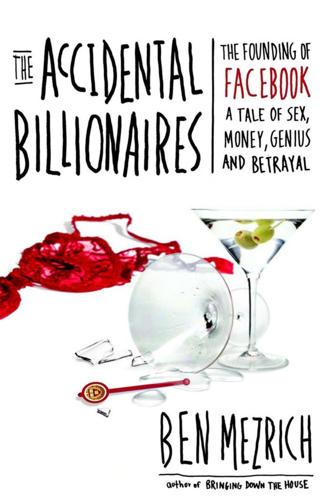
The Accidental Billionaires: The Founding of Facebook: A Tale of Sex, Money, Genius and Betrayal
by Ben Mezrich · 13 Jul 2009 · 226pp · 69,893 words
connections at the social network site Friendster. He’d brought them some series D VC funding, introduced them to his buddies around town—most notably, Peter Thiel, the guy behind PayPal, a colleague who’d also experienced some run-ins with the gang at Sequoia. But Friendster wasn’t going to be
…
you,” Sean responded. “Fifteen minutes, in and out, that’s all it’s going to take.” Deep down, he was certain that he was right. Peter Thiel—the founding force behind the incredibly successful company PayPal, head of the multibillion-dollar venture fund Clarium Capital, former chess master, and one of the
…
that came with those five hundred thousand dollars, the promise of a future for the company that he’d started in that Harvard dorm room. Peter Thiel had been exactly everything that Sean had prepared Mark for. Scary as hell, brilliant as hell—and willing to play ball. More than that, he
…
, in the larger scheme of things, he didn’t matter. He didn’t exist. Standing there in the elevator, Sean thought about the last thing Peter Thiel had said to Mark after making the deal that would take the company to the next level. Right after telling Mark that when they got
…
’t be getting the security deposit back anytime soon. Which was okay, now, because Facebook had its own financing in place; an angel investment from Peter Thiel, which was paying for this new house, all this computer equipment, more servers than Eduardo had imagined they’d ever need—and the lawyers, who
…
any event, Mark had also told him that there was going to be a party, something really cool, when the site reached a million members. Peter Thiel was going to throw it at his restaurant in San Francisco, and Eduardo would have to make the trip back out, because it was going
…
launched the thing in Mark’s Kirkland dorm room. Frisson was modern, hip, and exclusive, just like Facebook. It also happened to be owned by Peter Thiel, who was paying for the party out of his own deep pocket. Eduardo watched the young, Northern California crowd bouncing to the music; it was
…
completely foreign. It felt so—fast. He’d known it from the minute he’d gotten out of the cab in front of the place. Peter Thiel’s Ferrari Spyder was parked at the curb outside. Mark’s Infiniti—the one he’d been given when his own Craigslist car hadn’t
…
a force in the Silicon Valley community; recently he has been made a managing partner at the Founders Fund, a venture capital firm created by Peter Thiel that focuses on early-stage investments in tech companies, searching out deals similar to the five-hundred-thousand-dollar investment Thiel made in the early
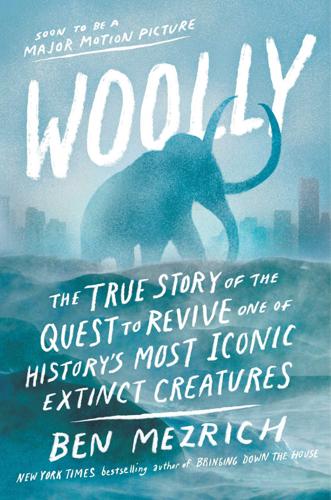
Woolly: The True Story of the Quest to Revive History's Most Iconic Extinct Creature
by Ben Mezrich · 3 Jul 2017
important. But it wasn’t until he introduced himself that Luhan realized she was sitting next to one of the richest men in the world, Peter Thiel. Peter Thiel’s Founders Fund had organized this annual meeting at the Canadian’s resort, and the enigmatic billionaire had been a financial presence, both philanthropic and
…
growing inside her that had nothing to do with money. Without money, much of science was impossible. But money alone wouldn’t allow men like Peter Thiel to live forever. Nor would money alone bring the Woolly Mammoth back to life. Speaking to Thiel, Luhan had realized that she had solved her
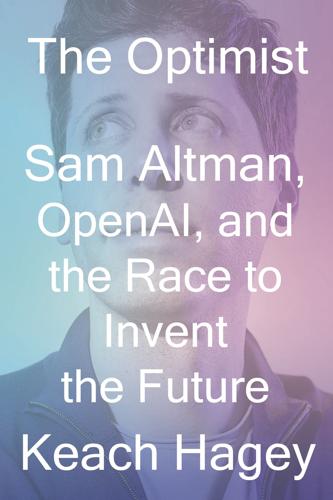
The Optimist: Sam Altman, OpenAI, and the Race to Invent the Future
by Keach Hagey · 19 May 2025 · 439pp · 125,379 words
2019–2024 CHAPTER 14PRODUCTS CHAPTER 15CHATGPT CHAPTER 16THE BLIP CHAPTER 17PROMETHEUS UNBOUND EPILOGUE ACKNOWLEDGMENTS NOTES INDEX PROLOGUE ON A BALMY MID-NOVEMBER evening in 2023, Peter Thiel, the famed venture capitalist, threw a birthday party for his husband, Matt Danzeisen, at YESS, an avant-garde Japanese restaurant located in a century-old
…
gay marriage rights, penning an editorial in The Stanford Daily calling an anti–gay marriage article in the conservative Stanford Review, founded in 1987 by Peter Thiel, “juvenile” and “having no rational basis.”1 He threw himself into his computer science courses with similar abandon. Blake Ross, a fellow computer science major
…
for himself. Sequoia went on to make a seed investment in Stripe in 2010, followed by a Series A investment in 2011, with investors including Peter Thiel. “Sam was quite helpful in navigating that,” Collison said. “We were these bright-eyed and bushy-tailed naifs from Ireland dealing with
…
Peter Thiel and Michael Moritz, who were to us kind of deities. And Sam, as usual, was completely unintimidated and uncowed by any of them. And his
…
something they don’t want to do.”6 PART III 2012–2019 CHAPTER 9 “A RIDE ON A ROCKET” A MONTH AFTER LOOPT was sold, Peter Thiel strode into a packed Stanford auditorium. The class he had agreed to teach, “CS183: Startup,” had quickly hit its 250-student limit, and now those
…
failed, knew better. The only way to do it was through industry. And there was one investor who would be an obvious place to start: Peter Thiel. Legg and Hassabis came to the 2010 Singularity Summit as presenters, yes, but really to meet Thiel, who often invited summit participants to his townhouse
…
have no intention of focusing on AI safety or doing anything that would limit their power.”10 Musk now began hosting dinners with friends like Peter Thiel and Reid Hoffman, aimed at figuring out how to counter Google’s power and make AI safe. He met that May with President Obama over
…
Brockman and Sutskever announced the launch of OpenAI as a nonprofit research company backed by $1 billion in funding from Musk, Altman, Brockman, Jessica Livingston, Peter Thiel, Amazon Web Services, Infosys, and YC Research. The eye-popping number had been Musk’s idea. “We need to go with a much bigger number
…
.”12 He stopped sending money, though he kept paying the rent for a while, and Reid Hoffman, the LinkedIn co-founder and college friend of Peter Thiel’s, stepped in to cover OpenAI employee salaries and other overhead. By the end of 2017, Musk had poached Karpathy and made him the head
…
American AI expert Qi Lu, who had been the architect of Nadella’s AI strategy while at Microsoft. Altman had visited China years earlier, accompanying Peter Thiel on the tour for Zero to One, and he had been stunned by the vistas of glittering skyscrapers on land that had been occupied by
…
Joe Betts-LaCroix, a sporty Gen Xer with a stubbly beard and balding pate, who had led automation at a genetic modification company backed by Peter Thiel and Elon Musk more than a decade earlier. That company had been called Halcyon Molecular; its goal was to develop cheap genomic sequencing technology so
…
Modi. At his side was Oliver Mulherin, a computer programmer from Australia who Altman had been dating for about a year. They had met in Peter Thiel’s hot tub at 3 a.m. in 2015, when Mulherin was studying computer science at the University of Melbourne, and bonded over their shared
…
Biden’s executive order were but a small sign of the less visible power that effective altruism was amassing in Washington. Increasingly, the warning that Peter Thiel had shared with Altman at a trendy sushi restaurant in LA in the fall of 2023—that Yudkowsky’s disciples and like-minded EAs had
…
Tracy, “ChatGPT’s Sam Altman Warns Congress That AI Can ‘Go Quite Wrong,’ ” The Wall Street Journal, May 16, 2023. 9.Max Chafkin, The Contrarian: Peter Thiel and Silicon Valley’s Pursuit of Power (New York: Penguin Press, 2021), 120. 10.Sam Altman, “Board Members,” Sam Altman blog, November 11, 2014. 11
…
YOU?” 1.Sam Altman, “Argument Against Gay Marriage Lacks Logic,” Stanford Daily, March 31, 2004. 2.Melisa Russel, Julie Black, “He’s Played Chess with Peter Thiel, Sparred with Elon Musk and Once, Supposedly, Stopped a Plane Crash: Inside Sam Altman’s World, Where Truth Is Stranger Than Fiction,” Business Insider, April
…
Ingenious Invention—And Its Last?” Vanity Fair, October 2023. 6.Friend, “Manifest Destiny.” CHAPTER 9“A RIDE ON A ROCKET” 1.Max Chafkin, The Contrarian: Peter Thiel and Silicon Valley’s Pursuit of Power (New York: Penguin Press, 2021), 170–72. 2.David Brooks, “The Creative Monopoly,” The New York Times, April
…
23, 2012. 3.Blake Masters, “CS183: Startup—Peter Thiel Class 1 Notes Essay,” April 3, 2012. 4.Blake Masters, “CS183: Startup—Peter Thiel Class 15 Notes Essay,” May 31, 2012. 5.Bruce Gibney, “What Happened to the Future,” Founders Fund website, updated
…
. 8.Sophie Bearman, “OpenAI’s Sam Altman: The Human Behind the Machine,” Life in Seven Songs podcast, The San Francisco Standard, September 24, 2024. 9.Peter Thiel, “The New Atomic Age We Need,” The New York Times, November 27, 2015. 10.Kyle Russel, “Y Combinator and Mithril Invest in Helion, a Nuclear
…
, March 30, 2015, posted May 21, 2019. 16.“Guest Annie Altman—Writer, Podcaster and Comedian,” Sally Take Live podcast, March 20, 2020. 17.Sam Levin, “Peter Thiel Faces Silicon Valley Backlash After Pledging $1.25 Million to Trump,” The Guardian, October 17, 2016. 18.Nitasha Tiku, “Meet the Techies Trying to Create
…
, 2016. 19.Sam Altman, “What I Heard from Trump Supporters,” Sam Altman blog, February 21, 2017. 20.Douglas MacMillan, Keach Hagey, Deepa Seetharaman, “Tech Luminary Peter Thiel Parts Ways with Silicon Valley,” The Wall Street Journal, February 15, 2018. 21.Chafkin, The Contrarian, 200. 22.Tess Townsend, “Sam Altman Wants to See
…
Ilya Sutskever, 176–82 enter Microsoft, 229–33 enter Mira Murati, 225–26, 242–43, 246–48, 268, 282–93, 304–5, 307–8 enter Peter Thiel, 1–7, 10, 16–17, 125, 134–48 enter Saudi Arabia, 231–32 enter Steve Jobs, 61, 85, 87, 90, 110–16 “good meeting-itis
…
, 257 deal flow, 88, 95, 124 history of, 72–73 Khosla Ventures, 230, 235, 257 Kleiner Perkins, 162, 230 Matrix Partners, 90 Mithril Capital, 136 Peter Thiel’s Founders Fund, 2, 6, 132, 139, 147, 226 on Sand Hill Road, Palo Alto, 79, 85, 93, 116–17, 158, 177 why they suck
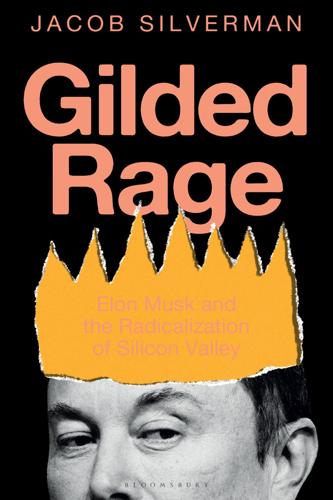
Gilded Rage: Elon Musk and the Radicalization of Silicon Valley
by Jacob Silverman · 9 Oct 2025 · 312pp · 103,645 words
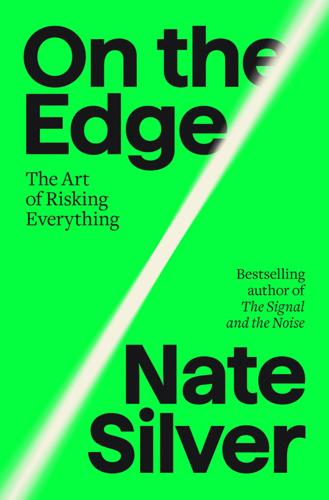
On the Edge: The Art of Risking Everything
by Nate Silver · 12 Aug 2024 · 848pp · 227,015 words
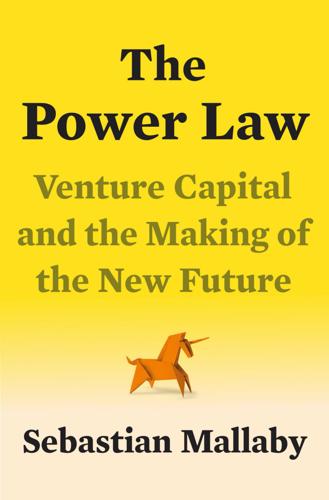
The Power Law: Venture Capital and the Making of the New Future
by Sebastian Mallaby · 1 Feb 2022 · 935pp · 197,338 words
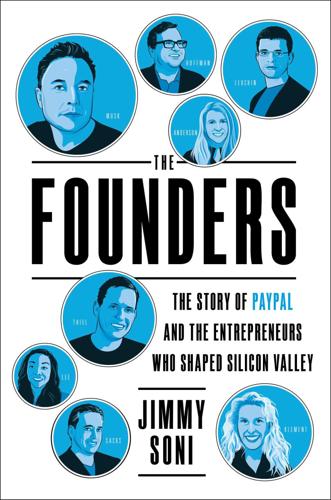
The Founders: The Story of Paypal and the Entrepreneurs Who Shaped Silicon Valley
by Jimmy Soni · 22 Feb 2022 · 505pp · 161,581 words
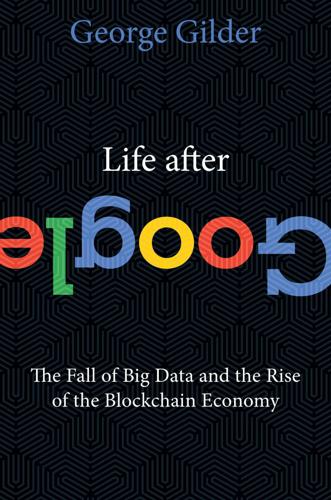
Life After Google: The Fall of Big Data and the Rise of the Blockchain Economy
by George Gilder · 16 Jul 2018 · 332pp · 93,672 words
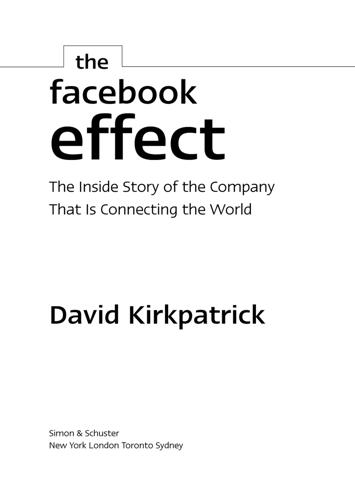
The Facebook Effect
by David Kirkpatrick · 19 Nov 2010 · 455pp · 133,322 words
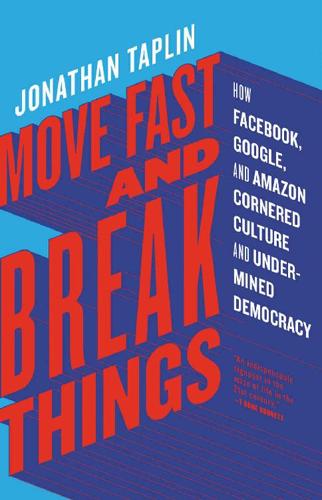
Move Fast and Break Things: How Facebook, Google, and Amazon Cornered Culture and Undermined Democracy
by Jonathan Taplin · 17 Apr 2017 · 222pp · 70,132 words
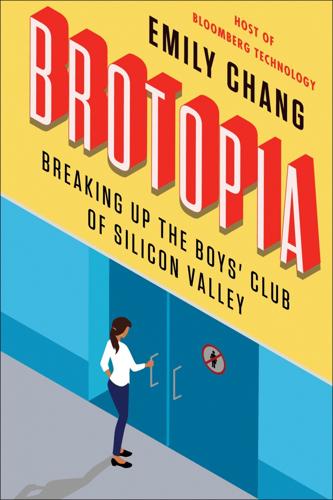
Brotopia: Breaking Up the Boys' Club of Silicon Valley
by Emily Chang · 6 Feb 2018 · 334pp · 104,382 words
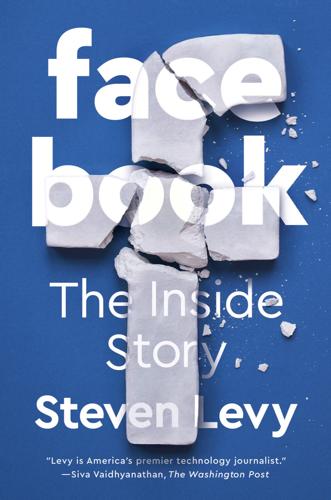
Facebook: The Inside Story
by Steven Levy · 25 Feb 2020 · 706pp · 202,591 words
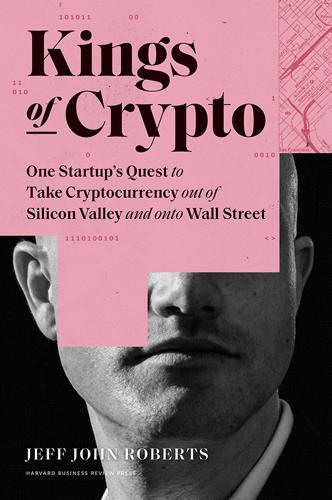
Kings of Crypto: One Startup's Quest to Take Cryptocurrency Out of Silicon Valley and Onto Wall Street
by Jeff John Roberts · 15 Dec 2020 · 226pp · 65,516 words
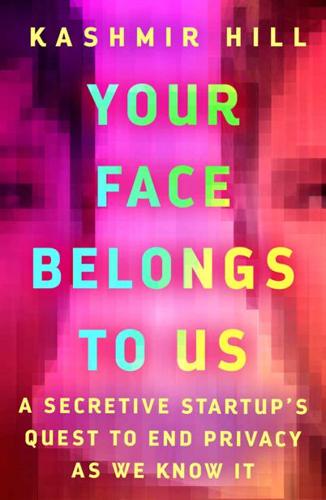
Your Face Belongs to Us: A Secretive Startup's Quest to End Privacy as We Know It
by Kashmir Hill · 19 Sep 2023 · 487pp · 124,008 words
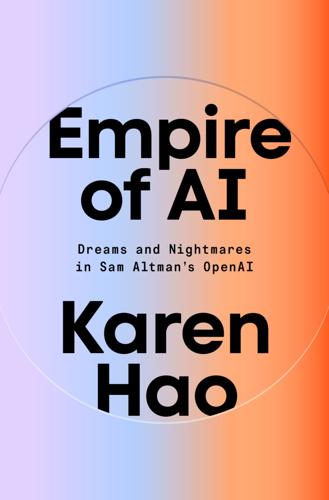
Empire of AI: Dreams and Nightmares in Sam Altman's OpenAI
by Karen Hao · 19 May 2025 · 660pp · 179,531 words
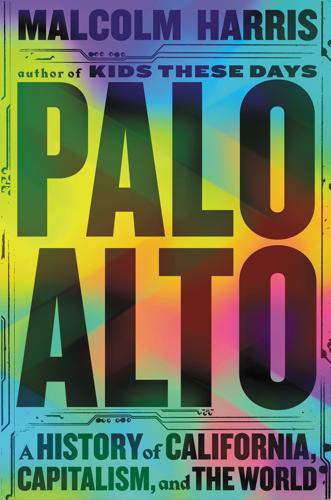
Palo Alto: A History of California, Capitalism, and the World
by Malcolm Harris · 14 Feb 2023 · 864pp · 272,918 words
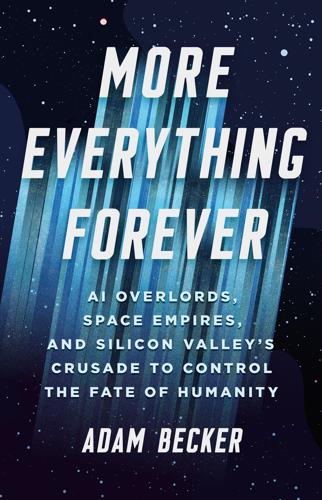
More Everything Forever: AI Overlords, Space Empires, and Silicon Valley's Crusade to Control the Fate of Humanity
by Adam Becker · 14 Jun 2025 · 381pp · 119,533 words
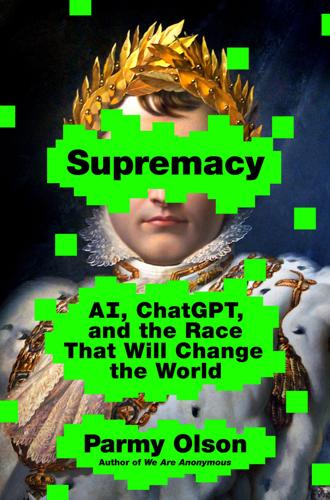
Supremacy: AI, ChatGPT, and the Race That Will Change the World
by Parmy Olson · 284pp · 96,087 words
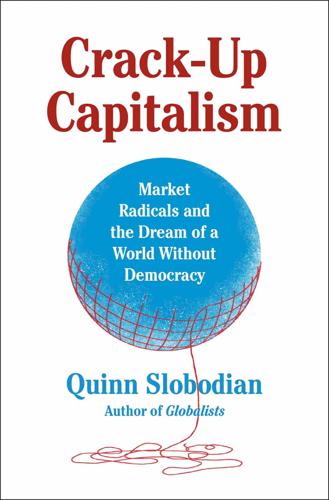
Crack-Up Capitalism: Market Radicals and the Dream of a World Without Democracy
by Quinn Slobodian · 4 Apr 2023 · 360pp · 107,124 words
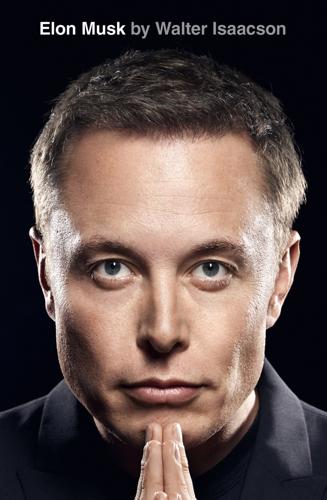
Elon Musk
by Walter Isaacson · 11 Sep 2023 · 562pp · 201,502 words
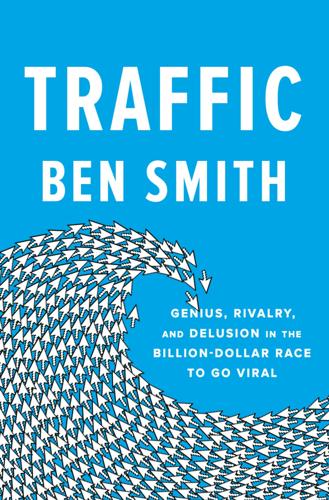
Traffic: Genius, Rivalry, and Delusion in the Billion-Dollar Race to Go Viral
by Ben Smith · 2 May 2023
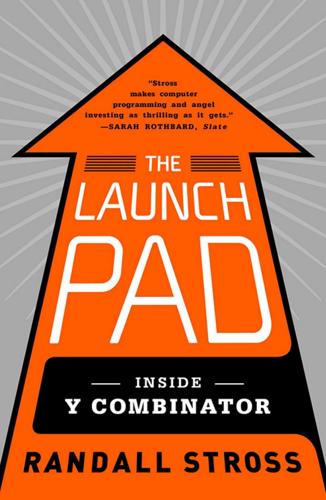
The Launch Pad: Inside Y Combinator, Silicon Valley's Most Exclusive School for Startups
by Randall Stross · 4 Sep 2013 · 332pp · 97,325 words
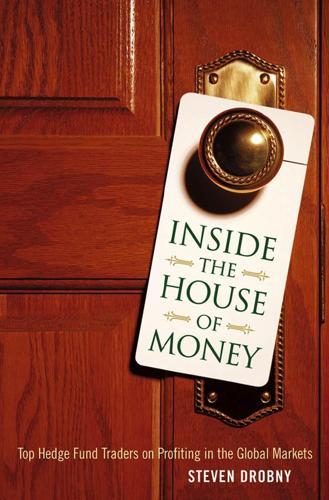
Inside the House of Money: Top Hedge Fund Traders on Profiting in a Global Market
by Steven Drobny · 31 Mar 2006 · 385pp · 128,358 words

The Filter Bubble: What the Internet Is Hiding From You
by Eli Pariser · 11 May 2011 · 274pp · 75,846 words
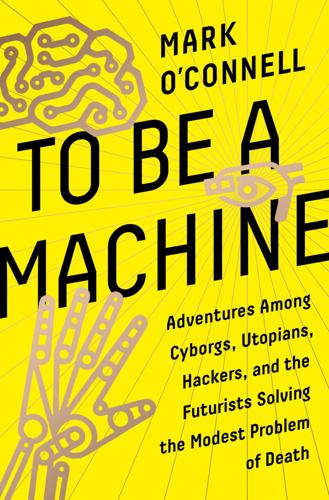
To Be a Machine: Adventures Among Cyborgs, Utopians, Hackers, and the Futurists Solving the Modest Problem of Death
by Mark O'Connell · 28 Feb 2017 · 252pp · 79,452 words
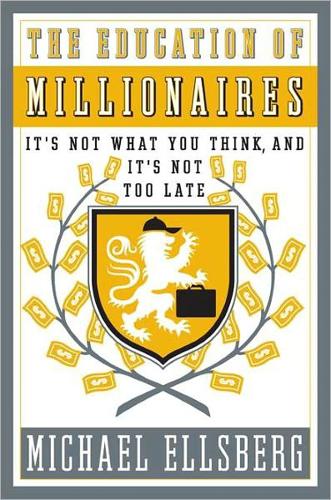
The Education of Millionaires: It's Not What You Think and It's Not Too Late
by Michael Ellsberg · 15 Jan 2011 · 362pp · 99,063 words
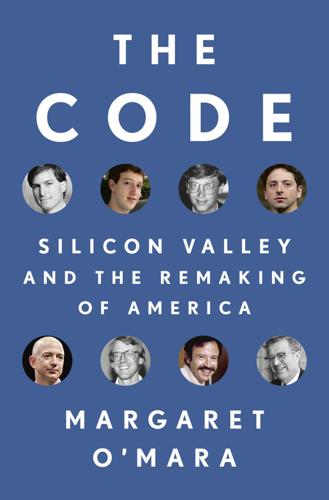
The Code: Silicon Valley and the Remaking of America
by Margaret O'Mara · 8 Jul 2019
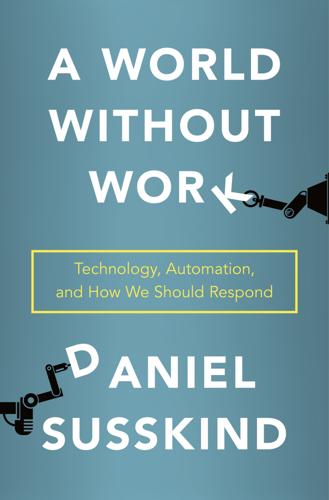
A World Without Work: Technology, Automation, and How We Should Respond
by Daniel Susskind · 14 Jan 2020 · 419pp · 109,241 words
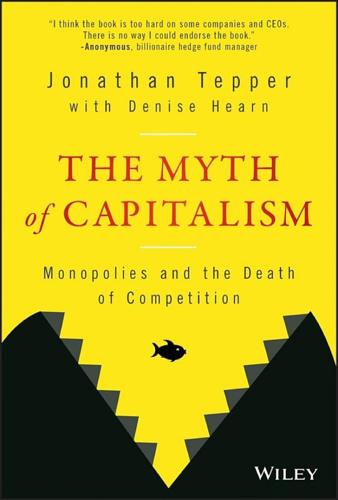
The Myth of Capitalism: Monopolies and the Death of Competition
by Jonathan Tepper · 20 Nov 2018 · 417pp · 97,577 words
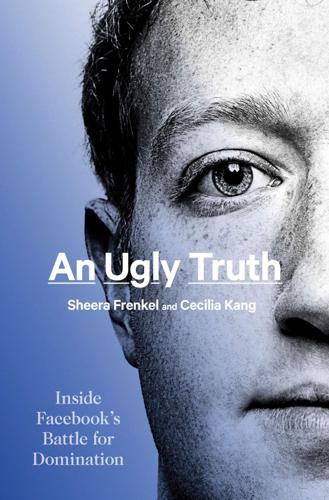
An Ugly Truth: Inside Facebook's Battle for Domination
by Sheera Frenkel and Cecilia Kang · 12 Jul 2021 · 372pp · 100,947 words
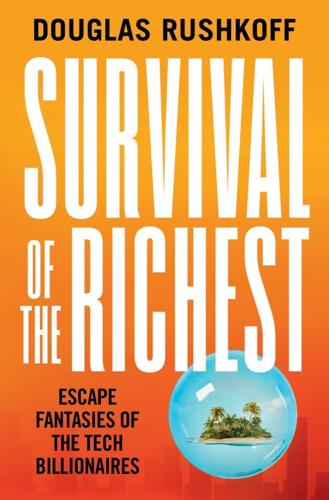
Survival of the Richest: Escape Fantasies of the Tech Billionaires
by Douglas Rushkoff · 7 Sep 2022 · 205pp · 61,903 words
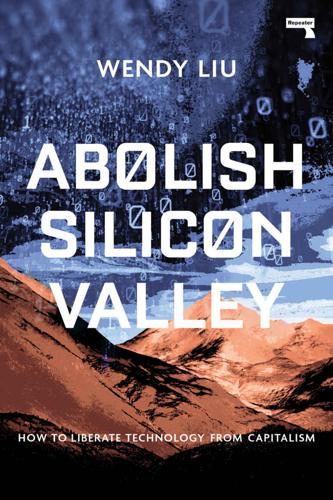
Abolish Silicon Valley: How to Liberate Technology From Capitalism
by Wendy Liu · 22 Mar 2020 · 223pp · 71,414 words
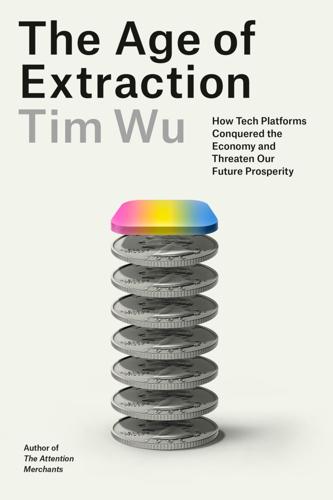
The Age of Extraction: How Tech Platforms Conquered the Economy and Threaten Our Future Prosperity
by Tim Wu · 4 Nov 2025 · 246pp · 65,143 words
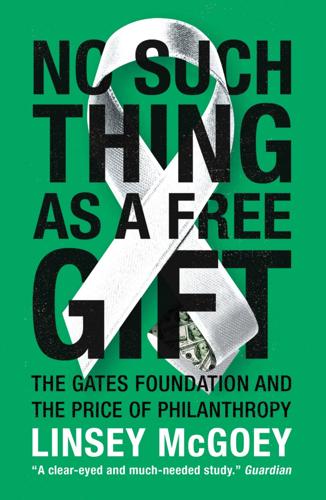
No Such Thing as a Free Gift: The Gates Foundation and the Price of Philanthropy
by Linsey McGoey · 14 Apr 2015 · 324pp · 93,606 words
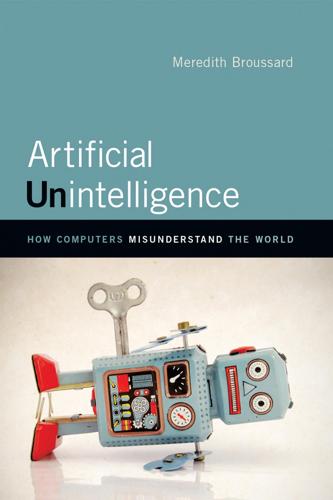
Artificial Unintelligence: How Computers Misunderstand the World
by Meredith Broussard · 19 Apr 2018 · 245pp · 83,272 words
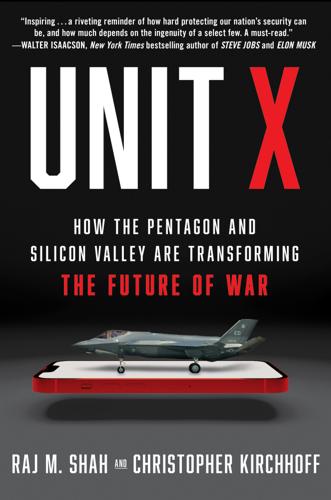
Unit X: How the Pentagon and Silicon Valley Are Transforming the Future of War
by Raj M. Shah and Christopher Kirchhoff · 8 Jul 2024 · 272pp · 103,638 words
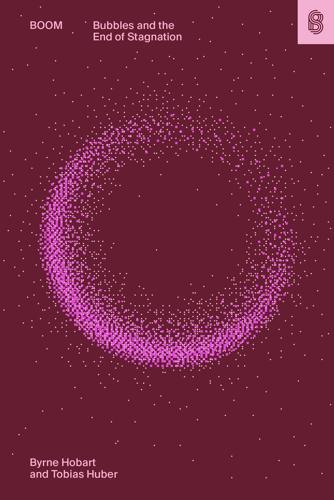
Boom: Bubbles and the End of Stagnation
by Byrne Hobart and Tobias Huber · 29 Oct 2024 · 292pp · 106,826 words
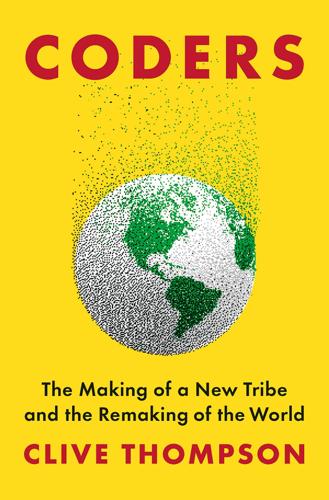
Coders: The Making of a New Tribe and the Remaking of the World
by Clive Thompson · 26 Mar 2019 · 499pp · 144,278 words
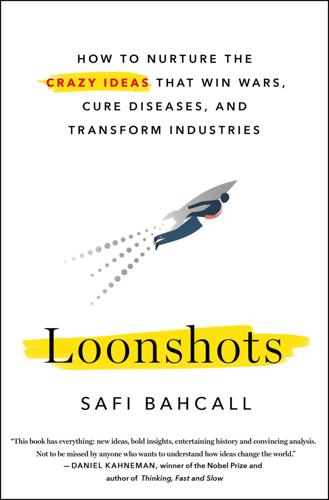
Loonshots: How to Nurture the Crazy Ideas That Win Wars, Cure Diseases, and Transform Industries
by Safi Bahcall · 19 Mar 2019 · 393pp · 115,217 words
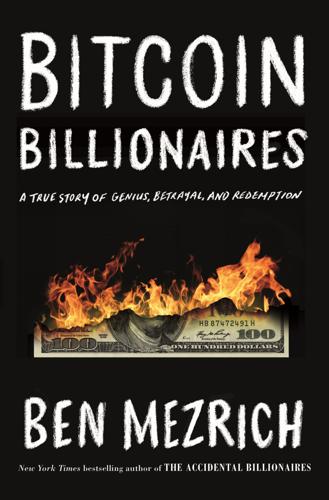
Bitcoin Billionaires: A True Story of Genius, Betrayal, and Redemption
by Ben Mezrich · 20 May 2019 · 304pp · 91,566 words
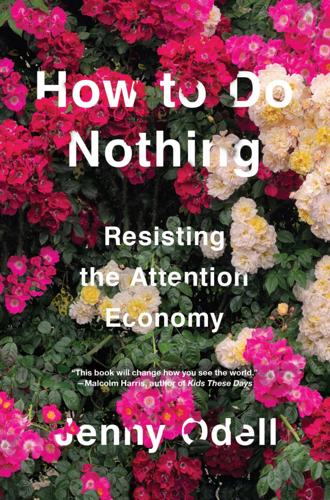
How to Do Nothing
by Jenny Odell · 8 Apr 2019 · 243pp · 76,686 words
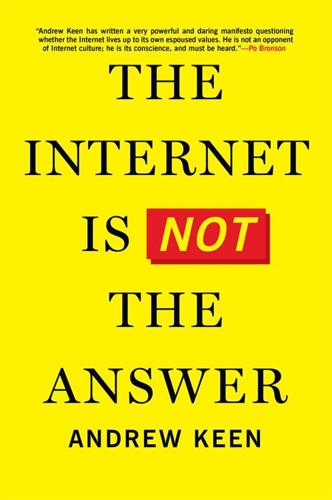
The Internet Is Not the Answer
by Andrew Keen · 5 Jan 2015 · 361pp · 81,068 words
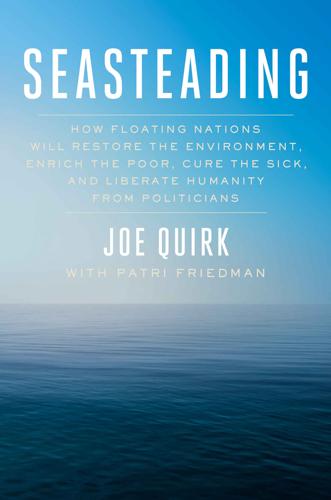
Seasteading: How Floating Nations Will Restore the Environment, Enrich the Poor, Cure the Sick, and Liberate Humanity From Politicians
by Joe Quirk and Patri Friedman · 21 Mar 2017 · 441pp · 113,244 words
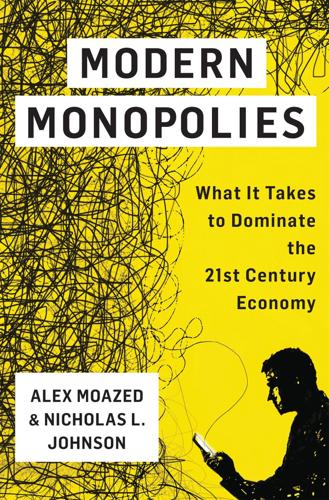
Modern Monopolies: What It Takes to Dominate the 21st Century Economy
by Alex Moazed and Nicholas L. Johnson · 30 May 2016 · 324pp · 89,875 words
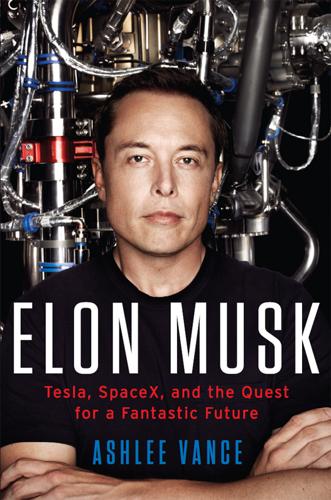
Elon Musk: Tesla, SpaceX, and the Quest for a Fantastic Future
by Ashlee Vance · 18 May 2015 · 370pp · 129,096 words
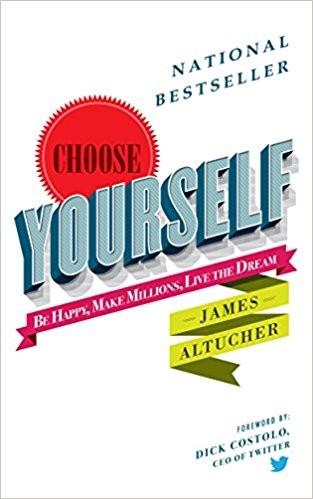
Choose Yourself!
by James Altucher · 14 Sep 2013 · 230pp · 76,655 words
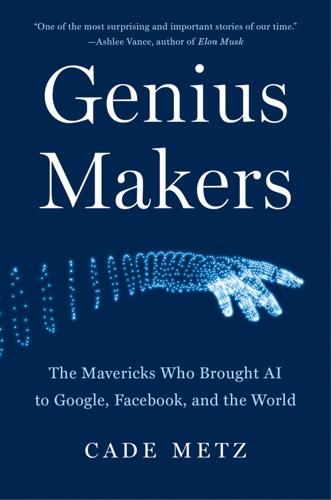
Genius Makers: The Mavericks Who Brought A. I. To Google, Facebook, and the World
by Cade Metz · 15 Mar 2021 · 414pp · 109,622 words
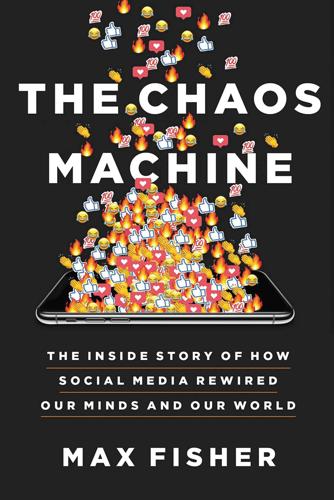
The Chaos Machine: The Inside Story of How Social Media Rewired Our Minds and Our World
by Max Fisher · 5 Sep 2022 · 439pp · 131,081 words
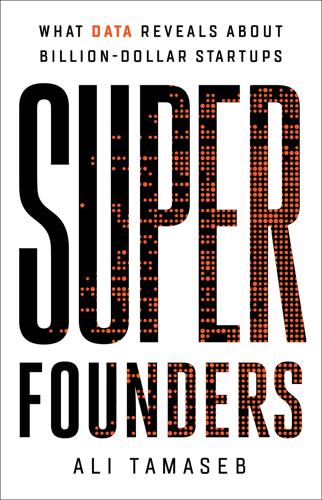
Super Founders: What Data Reveals About Billion-Dollar Startups
by Ali Tamaseb · 14 Sep 2021 · 251pp · 80,831 words
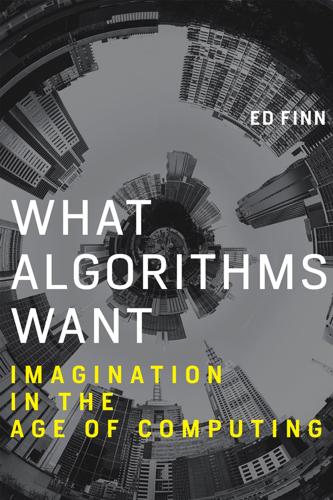
What Algorithms Want: Imagination in the Age of Computing
by Ed Finn · 10 Mar 2017 · 285pp · 86,853 words
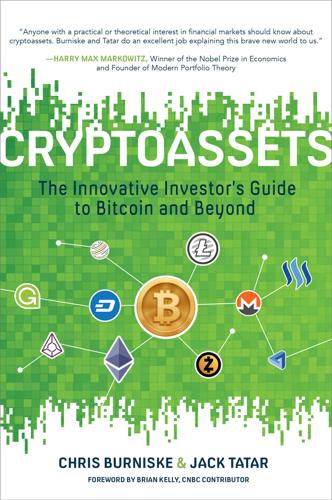
Cryptoassets: The Innovative Investor's Guide to Bitcoin and Beyond: The Innovative Investor's Guide to Bitcoin and Beyond
by Chris Burniske and Jack Tatar · 19 Oct 2017 · 416pp · 106,532 words
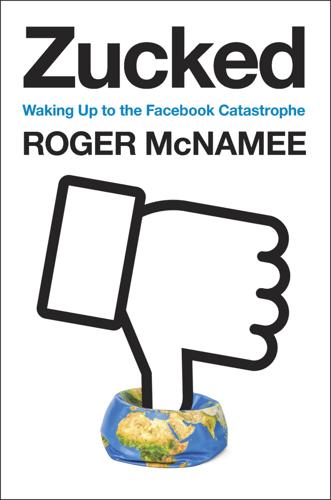
Zucked: Waking Up to the Facebook Catastrophe
by Roger McNamee · 1 Jan 2019 · 382pp · 105,819 words
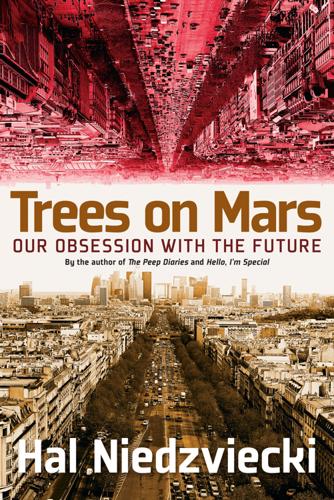
Trees on Mars: Our Obsession With the Future
by Hal Niedzviecki · 15 Mar 2015 · 343pp · 102,846 words
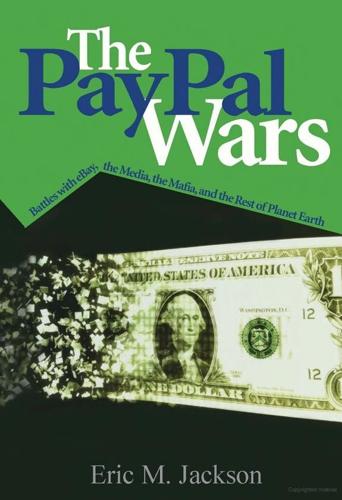
The Paypal Wars: Battles With Ebay, the Media, the Mafia, and the Rest of Planet Earth
by Eric M. Jackson · 15 Jan 2004 · 398pp · 108,889 words
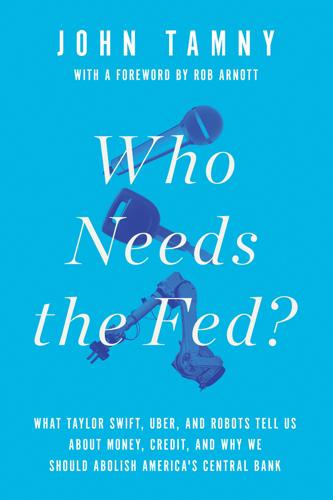
Who Needs the Fed?: What Taylor Swift, Uber, and Robots Tell Us About Money, Credit, and Why We Should Abolish America's Central Bank
by John Tamny · 30 Apr 2016 · 268pp · 74,724 words
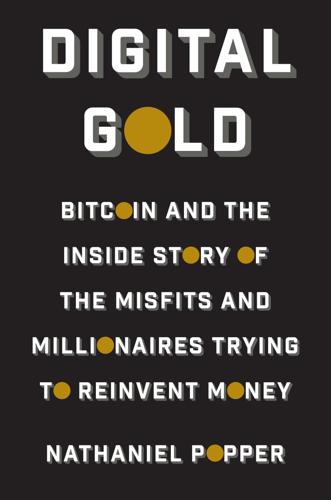
Digital Gold: Bitcoin and the Inside Story of the Misfits and Millionaires Trying to Reinvent Money
by Nathaniel Popper · 18 May 2015 · 387pp · 112,868 words
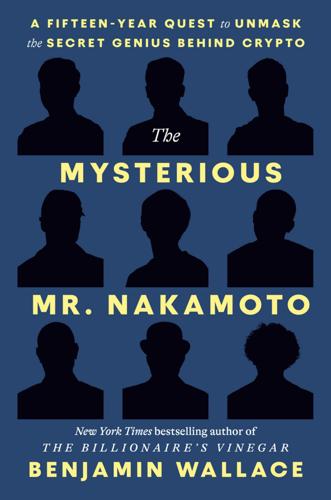
The Mysterious Mr. Nakamoto: A Fifteen-Year Quest to Unmask the Secret Genius Behind Crypto
by Benjamin Wallace · 18 Mar 2025 · 431pp · 116,274 words
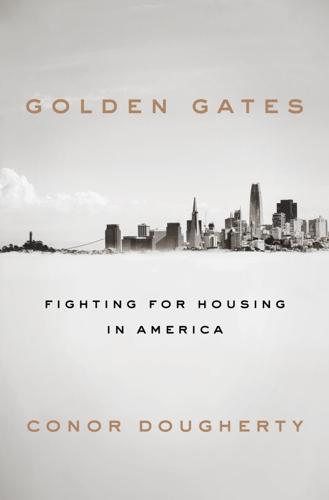
Golden Gates: Fighting for Housing in America
by Conor Dougherty · 18 Feb 2020 · 331pp · 95,582 words
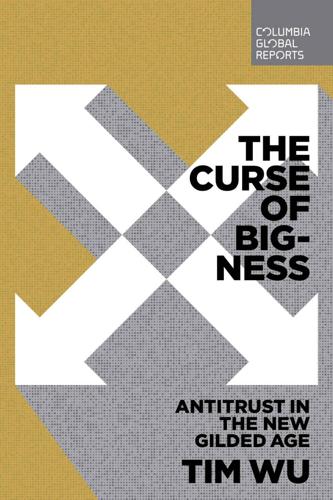
The Curse of Bigness: Antitrust in the New Gilded Age
by Tim Wu · 14 Jun 2018 · 128pp · 38,847 words
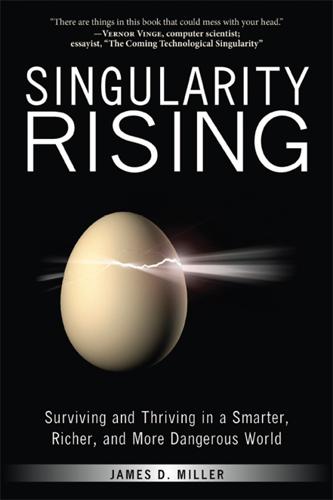
Singularity Rising: Surviving and Thriving in a Smarter, Richer, and More Dangerous World
by James D. Miller · 14 Jun 2012 · 377pp · 97,144 words
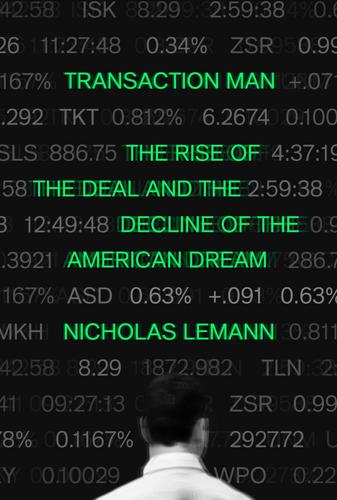
Transaction Man: The Rise of the Deal and the Decline of the American Dream
by Nicholas Lemann · 9 Sep 2019 · 354pp · 118,970 words
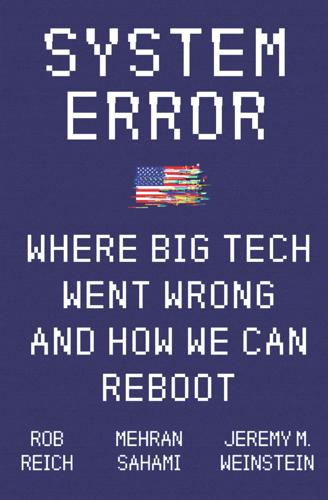
System Error: Where Big Tech Went Wrong and How We Can Reboot
by Rob Reich, Mehran Sahami and Jeremy M. Weinstein · 6 Sep 2021
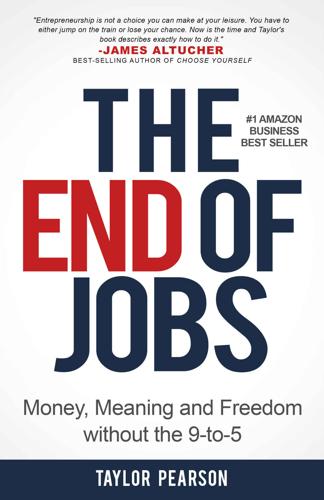
The End of Jobs: Money, Meaning and Freedom Without the 9-To-5
by Taylor Pearson · 27 Jun 2015 · 168pp · 50,647 words
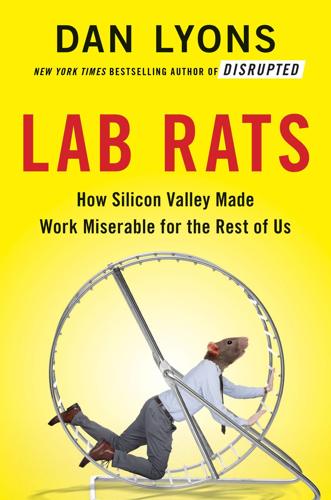
Lab Rats: How Silicon Valley Made Work Miserable for the Rest of Us
by Dan Lyons · 22 Oct 2018 · 252pp · 78,780 words
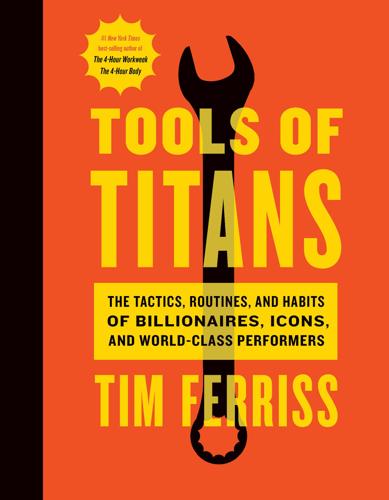
Tools of Titans: The Tactics, Routines, and Habits of Billionaires, Icons, and World-Class Performers
by Timothy Ferriss · 6 Dec 2016 · 669pp · 210,153 words
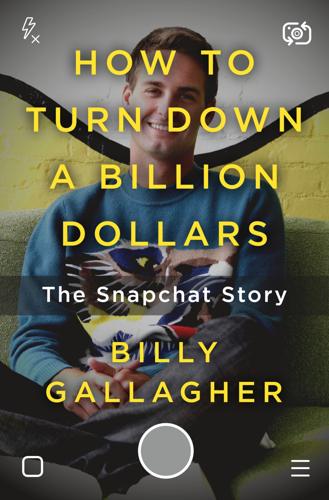
How to Turn Down a Billion Dollars: The Snapchat Story
by Billy Gallagher · 13 Feb 2018 · 359pp · 96,019 words
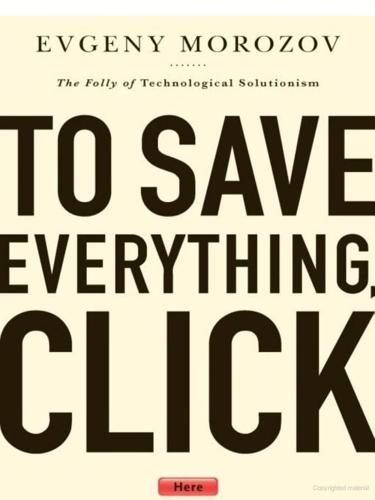
To Save Everything, Click Here: The Folly of Technological Solutionism
by Evgeny Morozov · 15 Nov 2013 · 606pp · 157,120 words
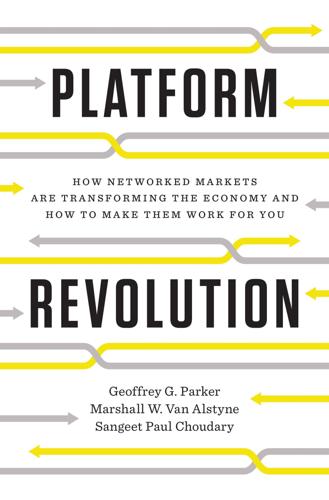
Platform Revolution: How Networked Markets Are Transforming the Economy--And How to Make Them Work for You
by Sangeet Paul Choudary, Marshall W. van Alstyne and Geoffrey G. Parker · 27 Mar 2016 · 421pp · 110,406 words
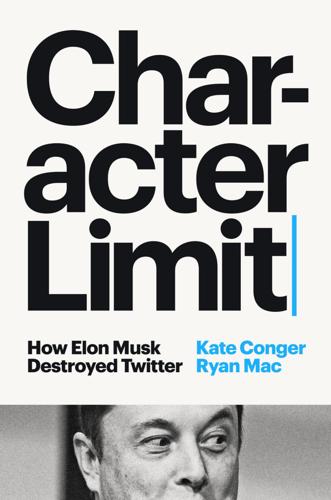
Character Limit: How Elon Musk Destroyed Twitter
by Kate Conger and Ryan Mac · 17 Sep 2024
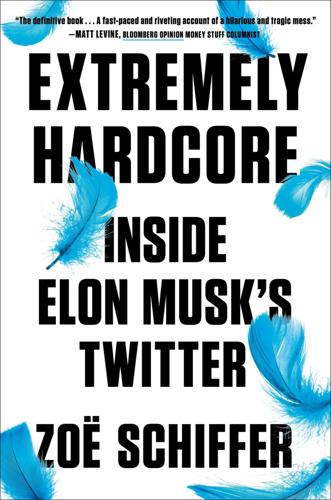
Extremely Hardcore: Inside Elon Musk's Twitter
by Zoë Schiffer · 13 Feb 2024 · 343pp · 92,693 words
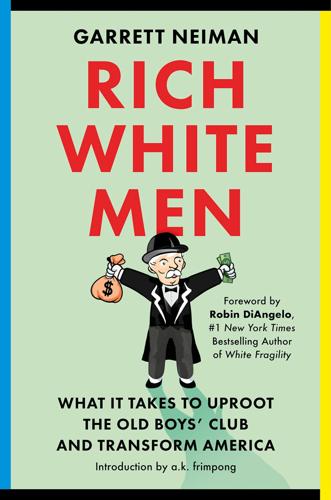
Rich White Men: What It Takes to Uproot the Old Boys' Club and Transform America
by Garrett Neiman · 19 Jun 2023 · 386pp · 112,064 words
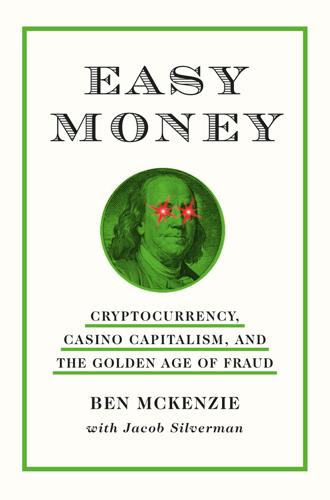
Easy Money: Cryptocurrency, Casino Capitalism, and the Golden Age of Fraud
by Ben McKenzie and Jacob Silverman · 17 Jul 2023 · 329pp · 99,504 words
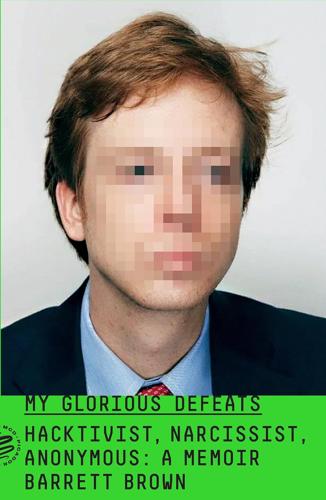
My Glorious Defeats: Hacktivist, Narcissist, Anonymous: A Memoir
by Barrett Brown · 8 Jul 2024 · 332pp · 110,397 words
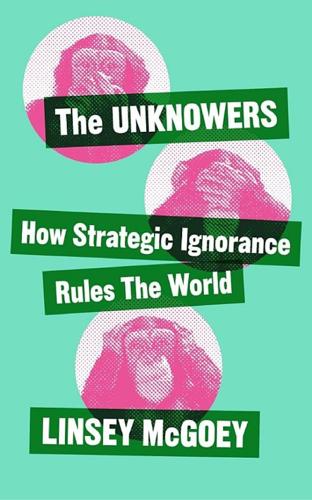
The Unknowers: How Strategic Ignorance Rules the World
by Linsey McGoey · 14 Sep 2019
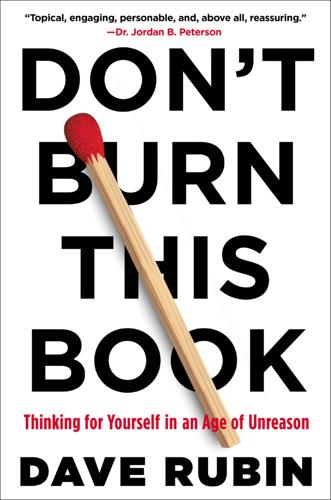
Don't Burn This Book: Thinking for Yourself in an Age of Unreason
by Dave Rubin · 27 Apr 2020 · 239pp · 62,005 words
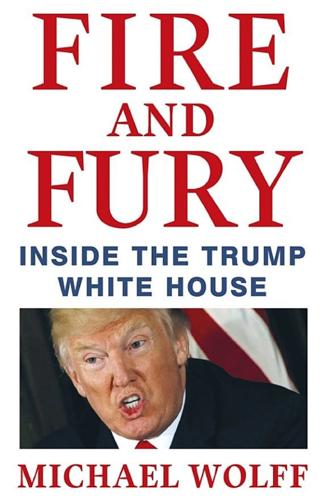
Fire and Fury: Inside the Trump White House
by Michael Wolff · 5 Jan 2018 · 394pp · 112,770 words
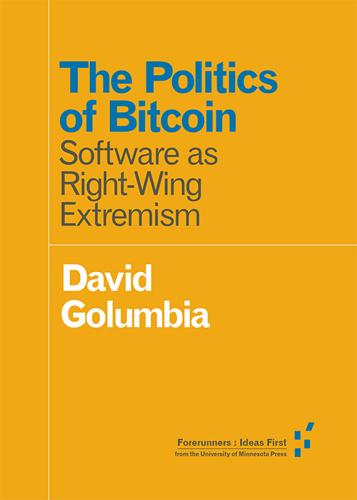
The Politics of Bitcoin: Software as Right-Wing Extremism
by David Golumbia · 25 Sep 2016 · 87pp · 25,823 words
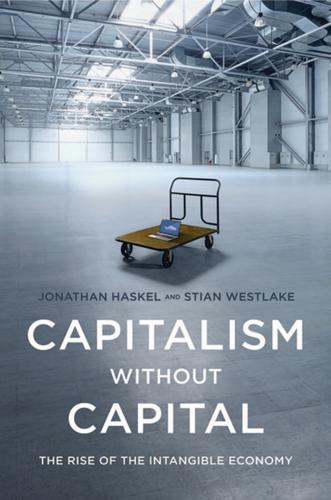
Capitalism Without Capital: The Rise of the Intangible Economy
by Jonathan Haskel and Stian Westlake · 7 Nov 2017 · 346pp · 89,180 words
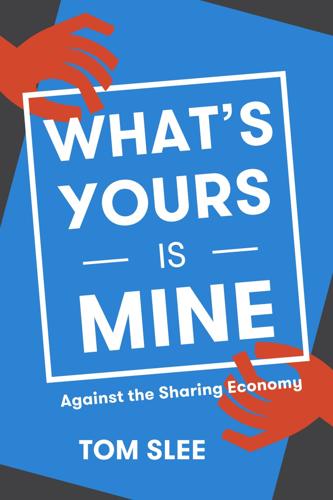
What's Yours Is Mine: Against the Sharing Economy
by Tom Slee · 18 Nov 2015 · 265pp · 69,310 words
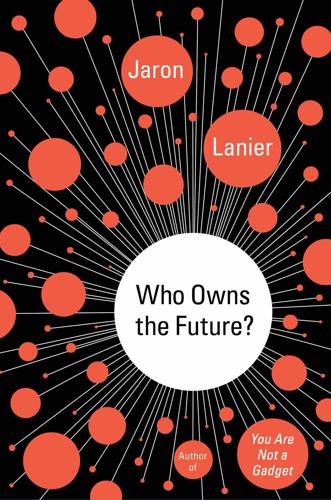
Who Owns the Future?
by Jaron Lanier · 6 May 2013 · 510pp · 120,048 words
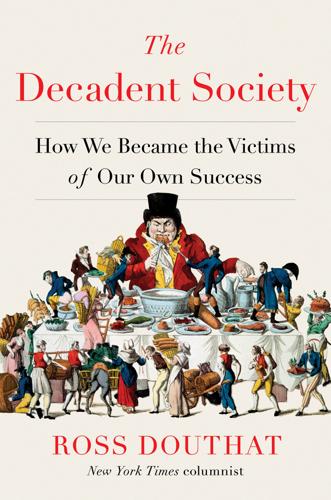
The Decadent Society: How We Became the Victims of Our Own Success
by Ross Douthat · 25 Feb 2020 · 324pp · 80,217 words
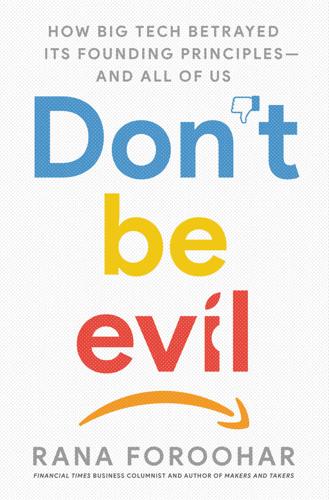
Don't Be Evil: How Big Tech Betrayed Its Founding Principles--And All of US
by Rana Foroohar · 5 Nov 2019 · 380pp · 109,724 words
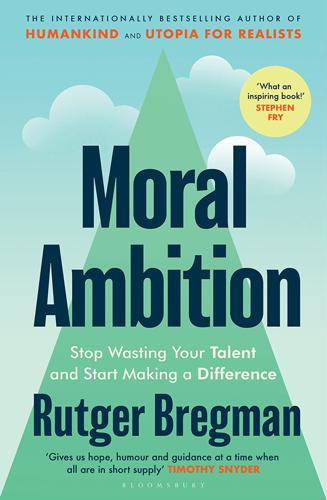
Moral Ambition: Stop Wasting Your Talent and Start Making a Difference
by Bregman, Rutger · 9 Mar 2025 · 181pp · 72,663 words
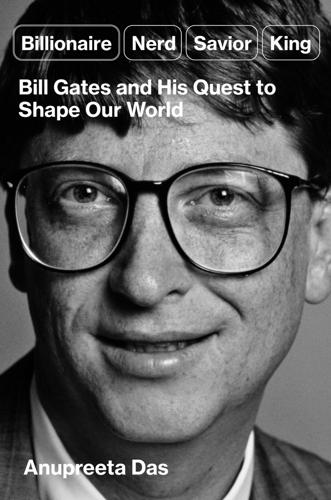
Billionaire, Nerd, Savior, King: Bill Gates and His Quest to Shape Our World
by Anupreeta Das · 12 Aug 2024 · 315pp · 115,894 words
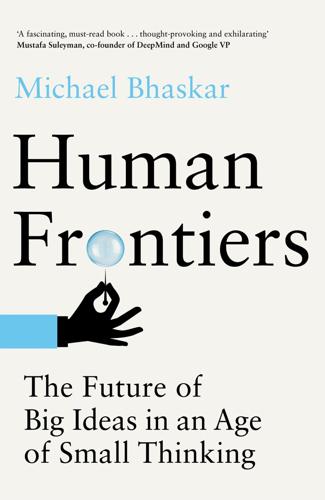
Human Frontiers: The Future of Big Ideas in an Age of Small Thinking
by Michael Bhaskar · 2 Nov 2021
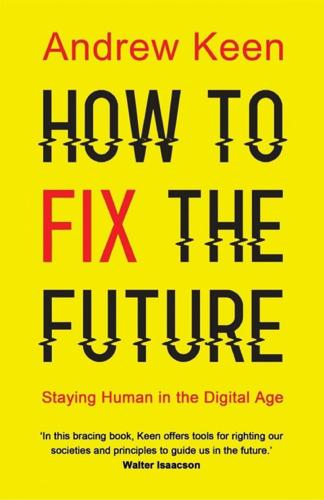
How to Fix the Future: Staying Human in the Digital Age
by Andrew Keen · 1 Mar 2018 · 308pp · 85,880 words
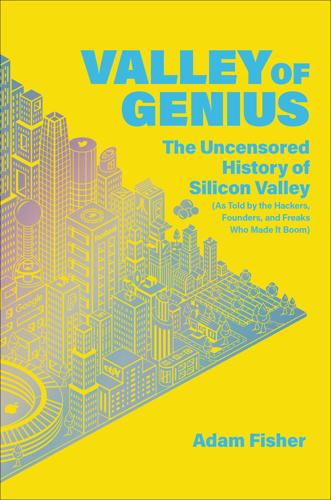
Valley of Genius: The Uncensored History of Silicon Valley (As Told by the Hackers, Founders, and Freaks Who Made It Boom)
by Adam Fisher · 9 Jul 2018 · 611pp · 188,732 words
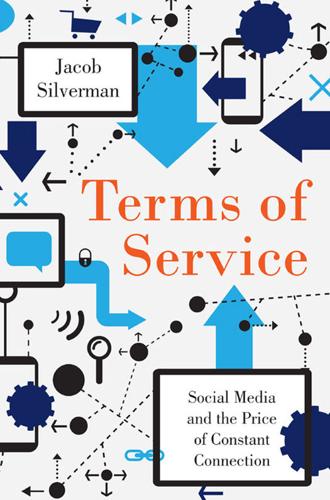
Terms of Service: Social Media and the Price of Constant Connection
by Jacob Silverman · 17 Mar 2015 · 527pp · 147,690 words
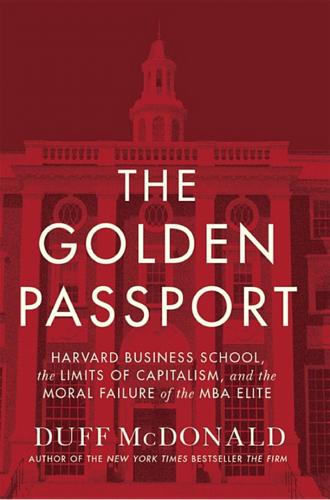
The Golden Passport: Harvard Business School, the Limits of Capitalism, and the Moral Failure of the MBA Elite
by Duff McDonald · 24 Apr 2017 · 827pp · 239,762 words
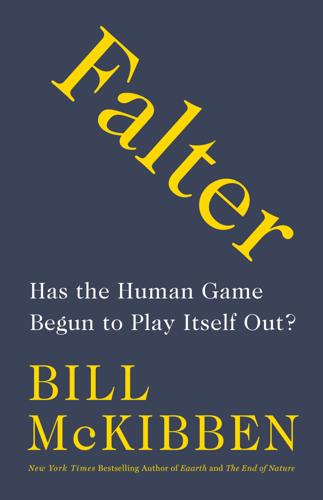
Falter: Has the Human Game Begun to Play Itself Out?
by Bill McKibben · 15 Apr 2019
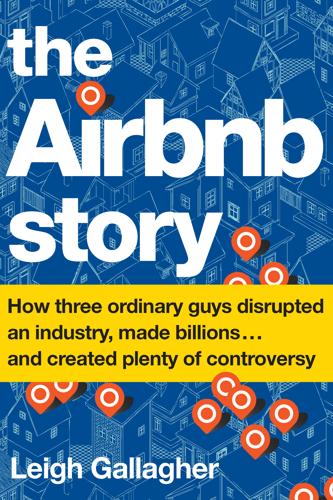
The Airbnb Story: How Three Ordinary Guys Disrupted an Industry, Made Billions...and Created Plenty of Controversy
by Leigh Gallagher · 14 Feb 2017 · 290pp · 87,549 words
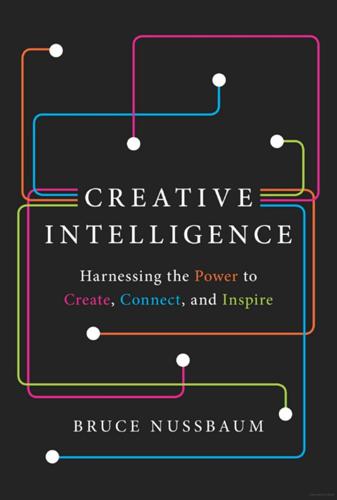
Creative Intelligence: Harnessing the Power to Create, Connect, and Inspire
by Bruce Nussbaum · 5 Mar 2013 · 385pp · 101,761 words
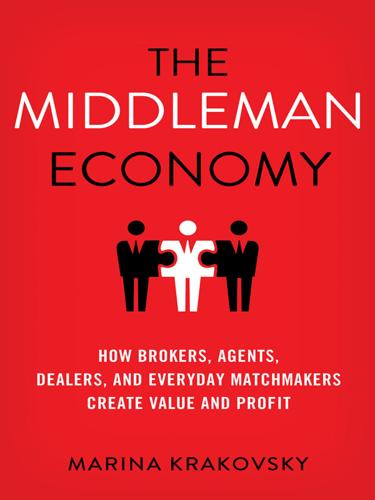
The Middleman Economy: How Brokers, Agents, Dealers, and Everyday Matchmakers Create Value and Profit
by Marina Krakovsky · 14 Sep 2015 · 270pp · 79,180 words
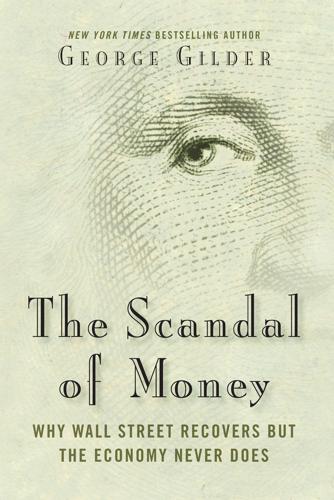
The Scandal of Money
by George Gilder · 23 Feb 2016 · 209pp · 53,236 words
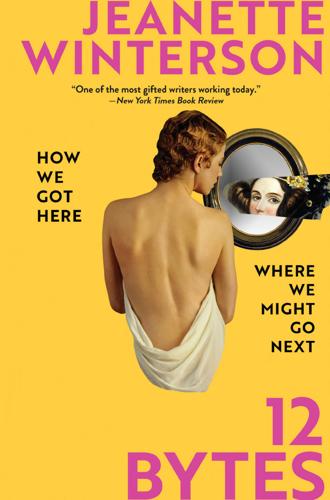
12 Bytes: How We Got Here. Where We Might Go Next
by Jeanette Winterson · 15 Mar 2021 · 256pp · 73,068 words
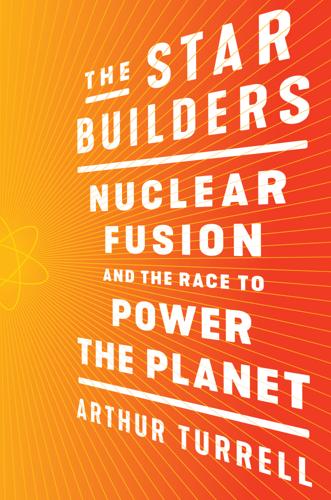
The Star Builders: Nuclear Fusion and the Race to Power the Planet
by Arthur Turrell · 2 Aug 2021 · 297pp · 84,447 words
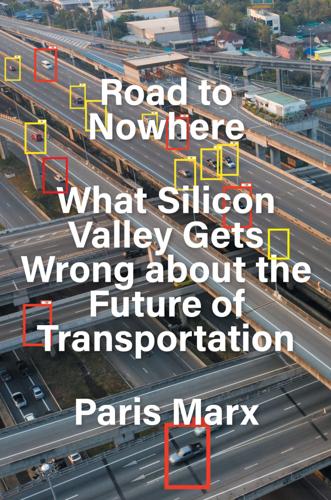
Road to Nowhere: What Silicon Valley Gets Wrong About the Future of Transportation
by Paris Marx · 4 Jul 2022 · 295pp · 81,861 words
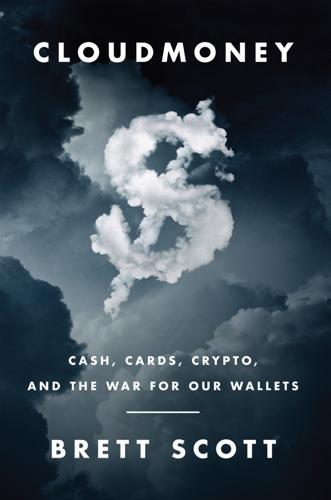
Cloudmoney: Cash, Cards, Crypto, and the War for Our Wallets
by Brett Scott · 4 Jul 2022 · 308pp · 85,850 words
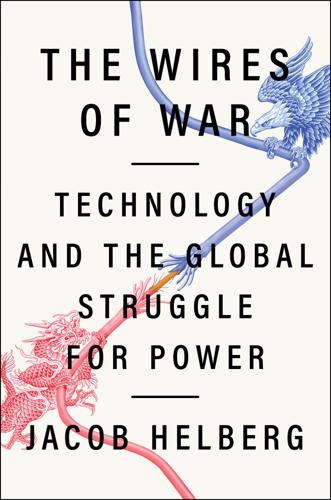
The Wires of War: Technology and the Global Struggle for Power
by Jacob Helberg · 11 Oct 2021 · 521pp · 118,183 words
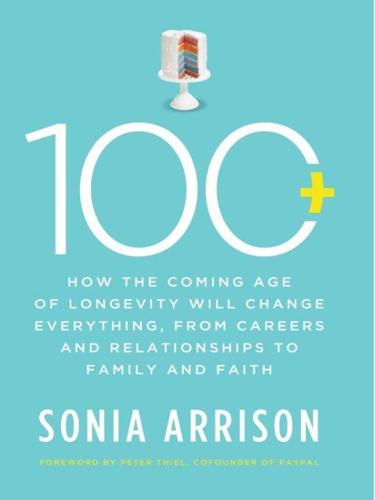
100 Plus: How the Coming Age of Longevity Will Change Everything, From Careers and Relationships to Family And
by Sonia Arrison · 22 Aug 2011 · 381pp · 78,467 words
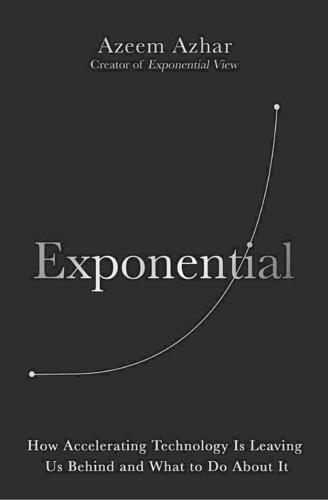
Exponential: How Accelerating Technology Is Leaving Us Behind and What to Do About It
by Azeem Azhar · 6 Sep 2021 · 447pp · 111,991 words
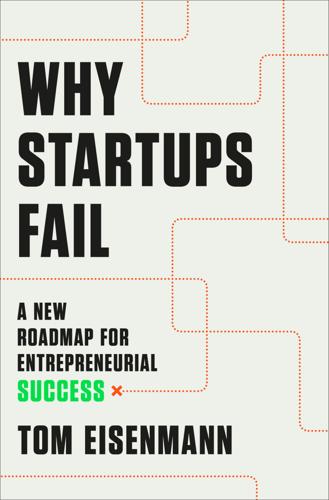
Why Startups Fail: A New Roadmap for Entrepreneurial Success
by Tom Eisenmann · 29 Mar 2021 · 387pp · 106,753 words
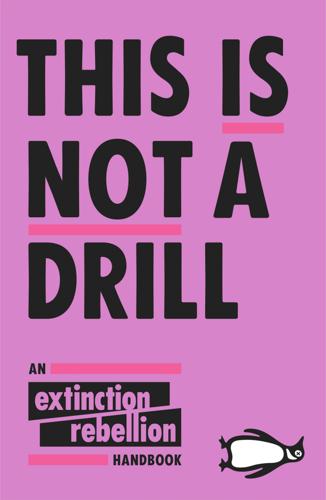
This Is Not a Drill: An Extinction Rebellion Handbook
by Extinction Rebellion · 12 Jun 2019 · 138pp · 40,525 words
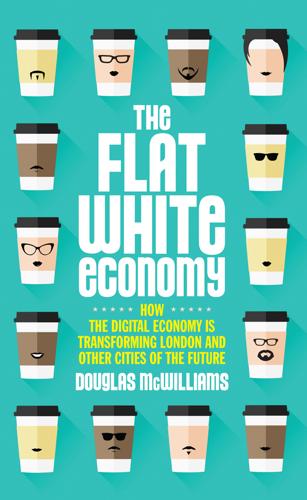
The Flat White Economy
by Douglas McWilliams · 15 Feb 2015 · 193pp · 47,808 words
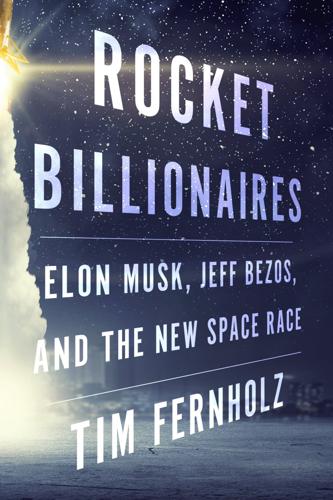
Rocket Billionaires: Elon Musk, Jeff Bezos, and the New Space Race
by Tim Fernholz · 20 Mar 2018 · 328pp · 96,141 words
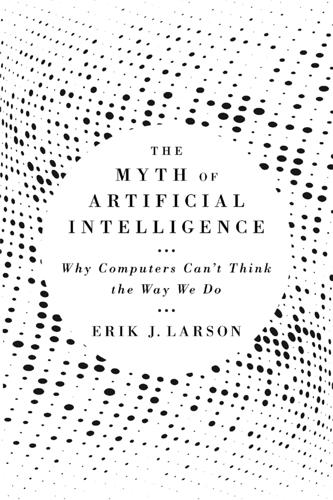
The Myth of Artificial Intelligence: Why Computers Can't Think the Way We Do
by Erik J. Larson · 5 Apr 2021
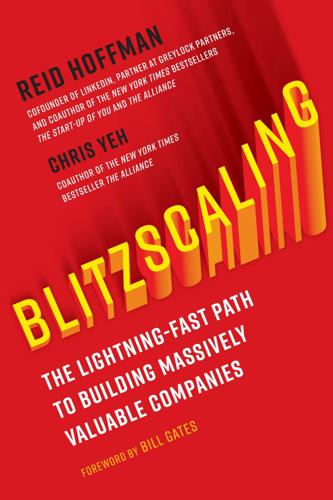
Blitzscaling: The Lightning-Fast Path to Building Massively Valuable Companies
by Reid Hoffman and Chris Yeh · 14 Apr 2018 · 286pp · 87,401 words
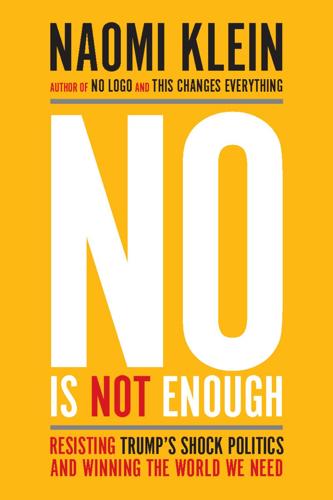
No Is Not Enough: Resisting Trump’s Shock Politics and Winning the World We Need
by Naomi Klein · 12 Jun 2017 · 357pp · 94,852 words
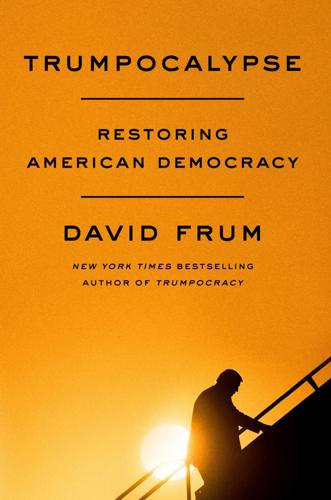
Trumpocalypse: Restoring American Democracy
by David Frum · 25 May 2020 · 319pp · 75,257 words
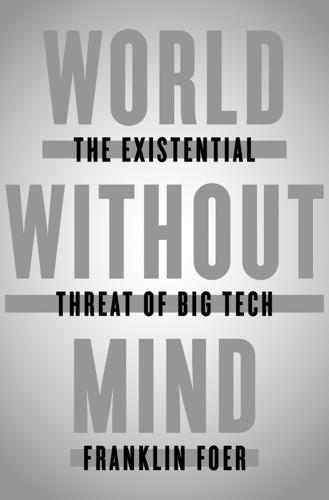
World Without Mind: The Existential Threat of Big Tech
by Franklin Foer · 31 Aug 2017 · 281pp · 71,242 words
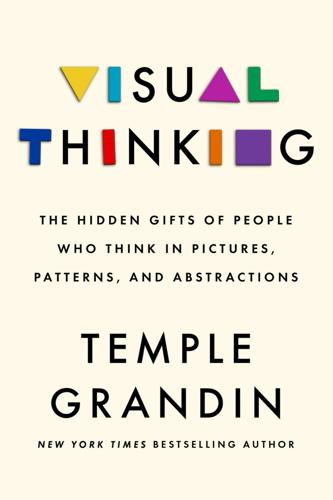
Visual Thinking: The Hidden Gifts of People Who Think in Pictures, Patterns, and Abstractions
by Temple Grandin, Ph.d. · 11 Oct 2022
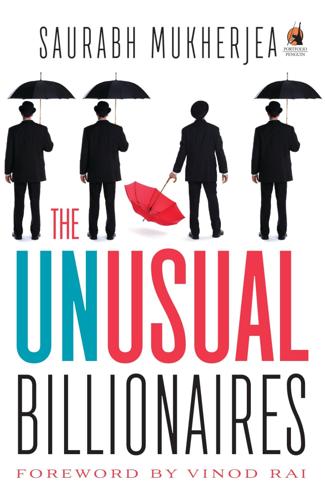
The Unusual Billionaires
by Saurabh Mukherjea · 16 Aug 2016
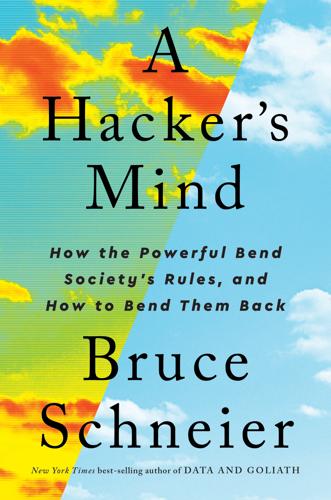
A Hacker's Mind: How the Powerful Bend Society's Rules, and How to Bend Them Back
by Bruce Schneier · 7 Feb 2023 · 306pp · 82,909 words
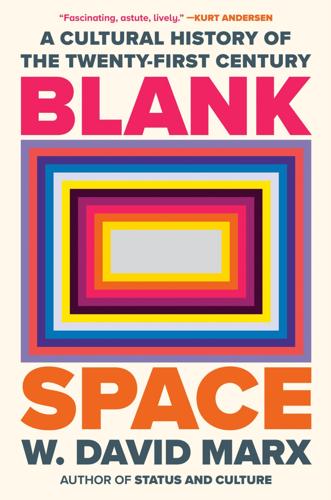
Blank Space: A Cultural History of the Twenty-First Century
by W. David Marx · 18 Nov 2025 · 642pp · 142,332 words
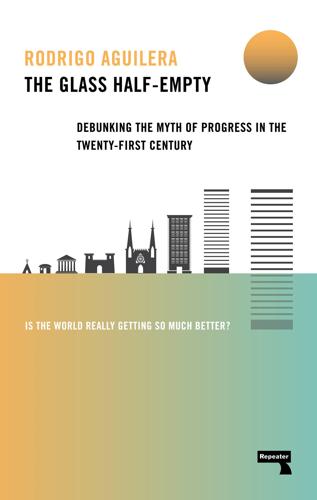
The Glass Half-Empty: Debunking the Myth of Progress in the Twenty-First Century
by Rodrigo Aguilera · 10 Mar 2020 · 356pp · 106,161 words
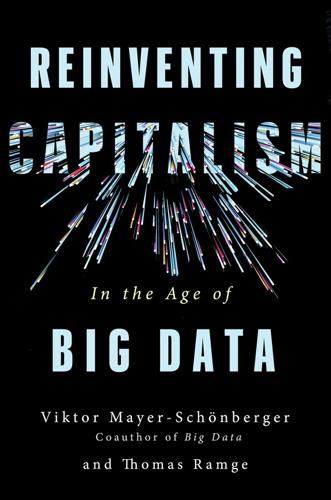
Reinventing Capitalism in the Age of Big Data
by Viktor Mayer-Schönberger and Thomas Ramge · 27 Feb 2018 · 267pp · 72,552 words
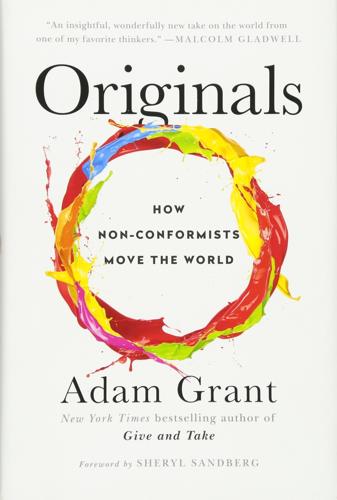
Originals: How Non-Conformists Move the World
by Adam Grant · 2 Feb 2016 · 410pp · 101,260 words
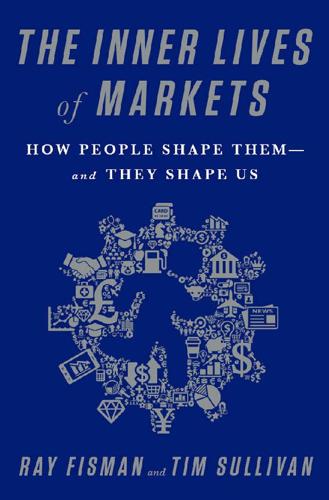
The Inner Lives of Markets: How People Shape Them—And They Shape Us
by Tim Sullivan · 6 Jun 2016 · 252pp · 73,131 words
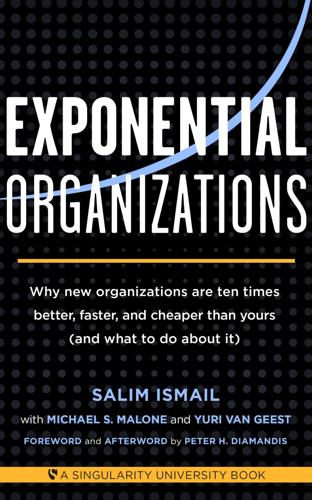
Exponential Organizations: Why New Organizations Are Ten Times Better, Faster, and Cheaper Than Yours (And What to Do About It)
by Salim Ismail and Yuri van Geest · 17 Oct 2014 · 292pp · 85,151 words
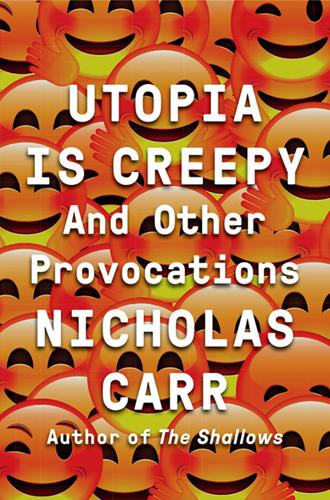
Utopia Is Creepy: And Other Provocations
by Nicholas Carr · 5 Sep 2016 · 391pp · 105,382 words
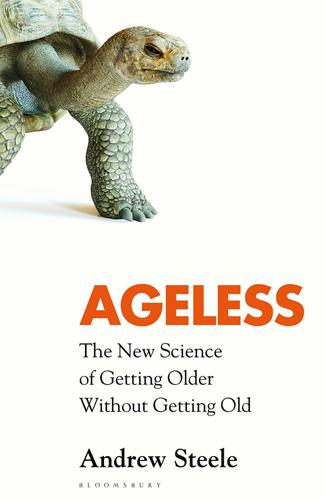
Ageless: The New Science of Getting Older Without Getting Old
by Andrew Steele · 24 Dec 2020 · 399pp · 118,576 words
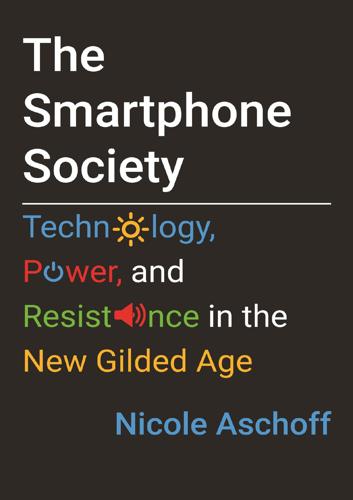
The Smartphone Society
by Nicole Aschoff
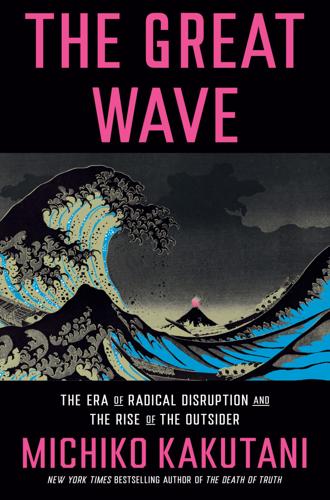
The Great Wave: The Era of Radical Disruption and the Rise of the Outsider
by Michiko Kakutani · 20 Feb 2024 · 262pp · 69,328 words
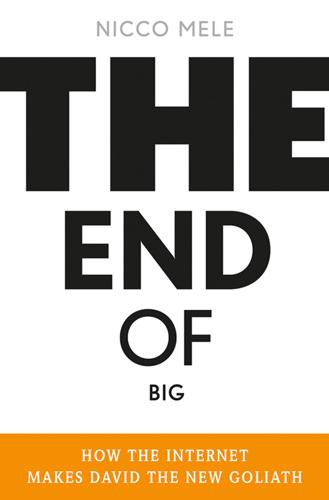
The End of Big: How the Internet Makes David the New Goliath
by Nicco Mele · 14 Apr 2013 · 270pp · 79,992 words
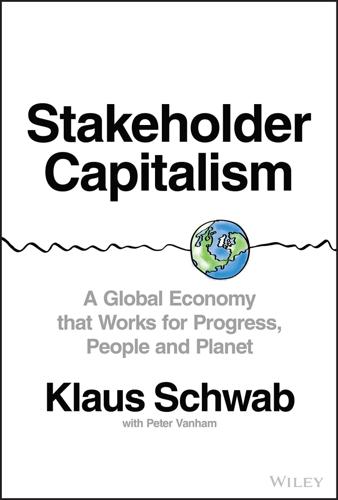
Stakeholder Capitalism: A Global Economy That Works for Progress, People and Planet
by Klaus Schwab and Peter Vanham · 27 Jan 2021 · 460pp · 107,454 words
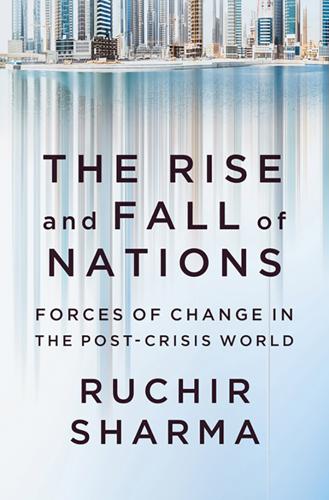
The Rise and Fall of Nations: Forces of Change in the Post-Crisis World
by Ruchir Sharma · 5 Jun 2016 · 566pp · 163,322 words
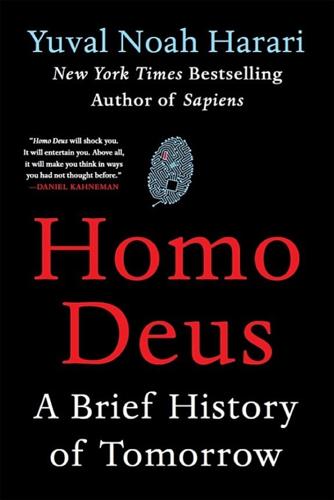
Homo Deus: A Brief History of Tomorrow
by Yuval Noah Harari · 1 Mar 2015 · 479pp · 144,453 words
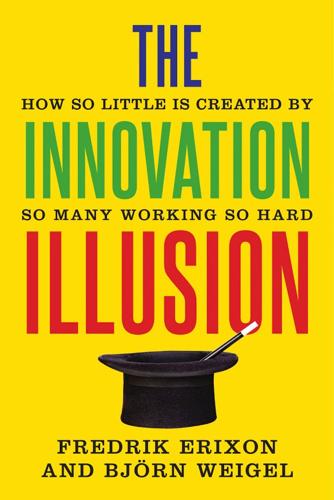
The Innovation Illusion: How So Little Is Created by So Many Working So Hard
by Fredrik Erixon and Bjorn Weigel · 3 Oct 2016 · 504pp · 126,835 words
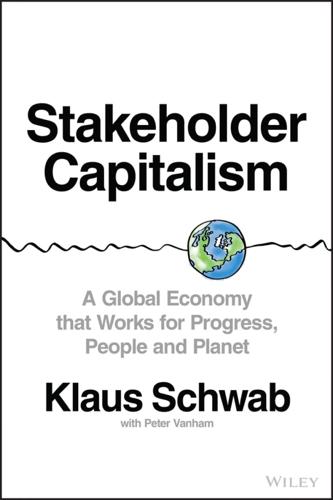
Stakeholder Capitalism: A Global Economy That Works for Progress, People and Planet
by Klaus Schwab · 7 Jan 2021 · 460pp · 107,454 words
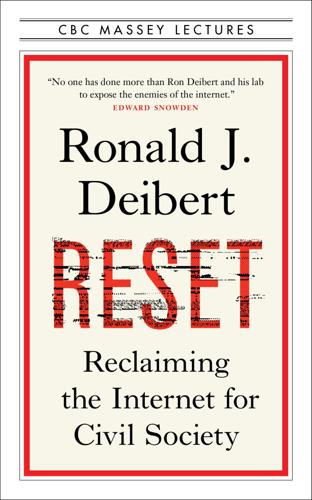
Reset
by Ronald J. Deibert · 14 Aug 2020
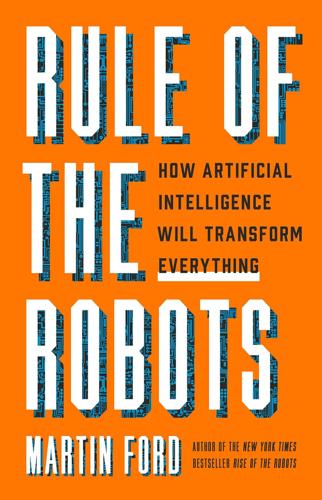
Rule of the Robots: How Artificial Intelligence Will Transform Everything
by Martin Ford · 13 Sep 2021 · 288pp · 86,995 words
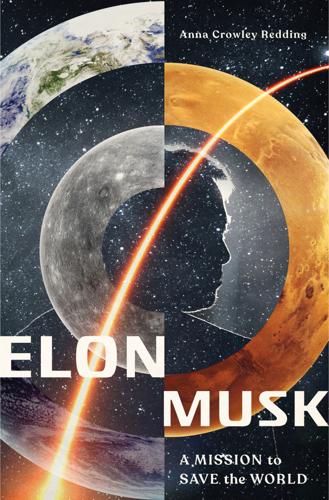
Elon Musk: A Mission to Save the World
by Anna Crowley Redding · 1 Jul 2019 · 190pp · 46,977 words
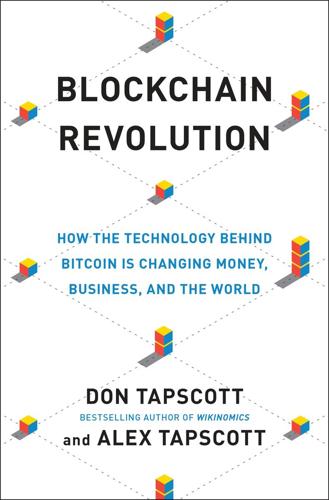
Blockchain Revolution: How the Technology Behind Bitcoin Is Changing Money, Business, and the World
by Don Tapscott and Alex Tapscott · 9 May 2016 · 515pp · 126,820 words
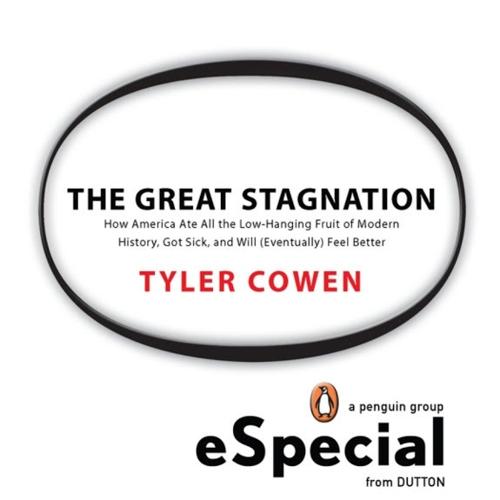
The Great Stagnation
by Tyler Cowen · 24 Jan 2011 · 76pp · 20,238 words
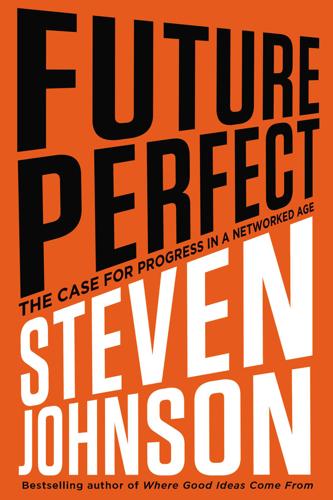
Future Perfect: The Case for Progress in a Networked Age
by Steven Johnson · 14 Jul 2012 · 184pp · 53,625 words
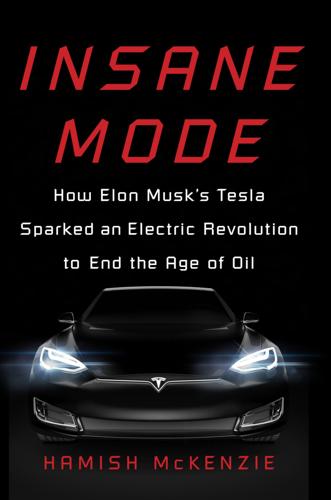
Insane Mode: How Elon Musk's Tesla Sparked an Electric Revolution to End the Age of Oil
by Hamish McKenzie · 30 Sep 2017 · 307pp · 90,634 words
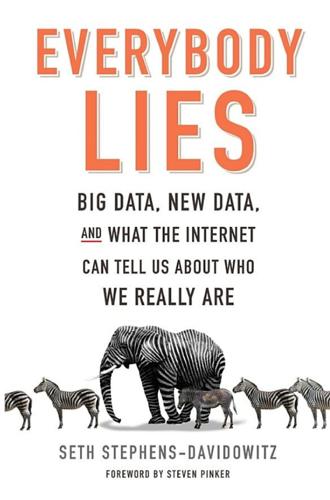
Everybody Lies: Big Data, New Data, and What the Internet Can Tell Us About Who We Really Are
by Seth Stephens-Davidowitz · 8 May 2017 · 337pp · 86,320 words
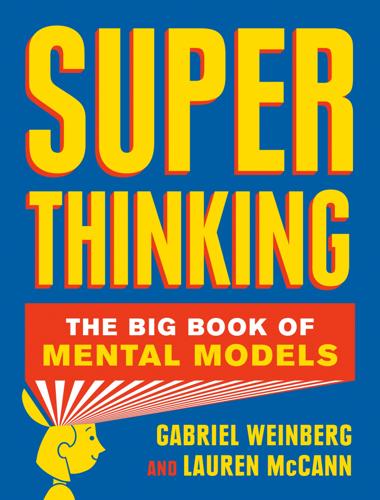
Super Thinking: The Big Book of Mental Models
by Gabriel Weinberg and Lauren McCann · 17 Jun 2019
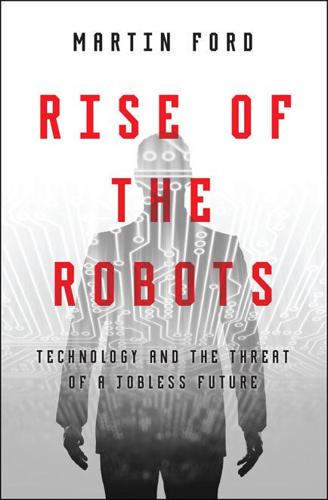
Rise of the Robots: Technology and the Threat of a Jobless Future
by Martin Ford · 4 May 2015 · 484pp · 104,873 words
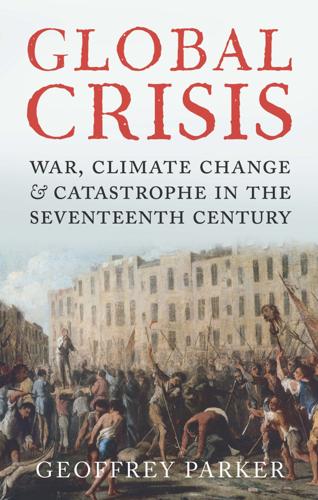
Global Crisis: War, Climate Change and Catastrophe in the Seventeenth Century
by Geoffrey Parker · 29 Apr 2013 · 1,773pp · 486,685 words
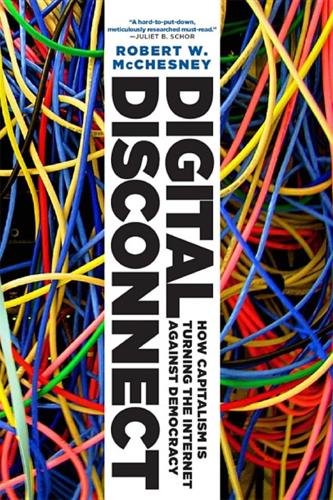
Digital Disconnect: How Capitalism Is Turning the Internet Against Democracy
by Robert W. McChesney · 5 Mar 2013 · 476pp · 125,219 words
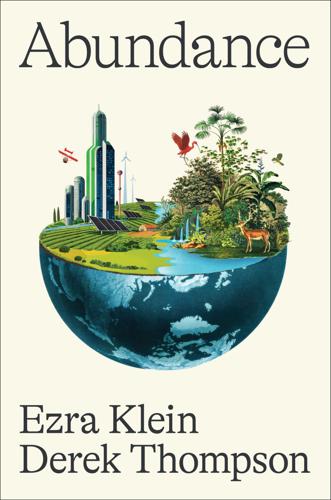
Abundance
by Ezra Klein and Derek Thompson · 18 Mar 2025 · 227pp · 84,566 words
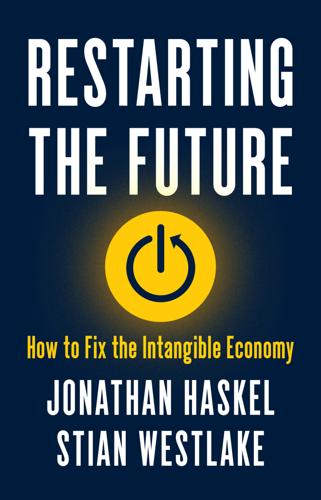
Restarting the Future: How to Fix the Intangible Economy
by Jonathan Haskel and Stian Westlake · 4 Apr 2022 · 338pp · 85,566 words
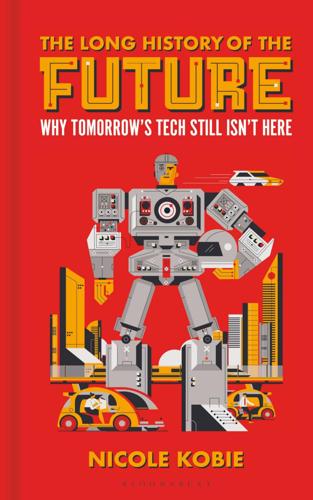
The Long History of the Future: Why Tomorrow's Technology Still Isn't Here
by Nicole Kobie · 3 Jul 2024 · 348pp · 119,358 words
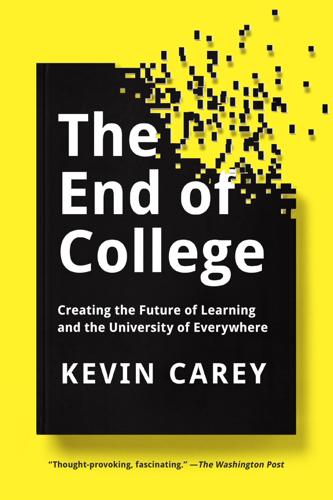
The End of College: Creating the Future of Learning and the University of Everywhere
by Kevin Carey · 3 Mar 2015 · 319pp · 90,965 words
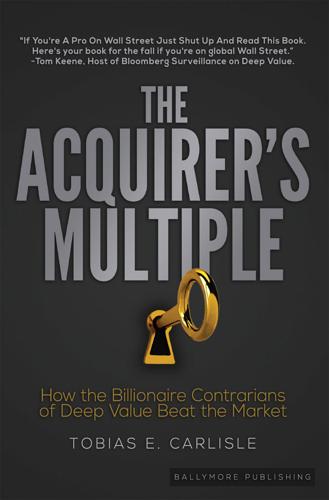
The Acquirer's Multiple: How the Billionaire Contrarians of Deep Value Beat the Market
by Tobias E. Carlisle · 13 Oct 2017 · 120pp · 33,892 words
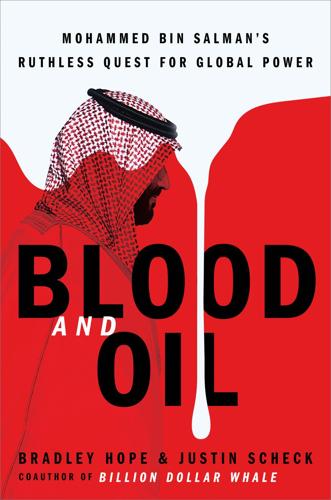
Blood and Oil: Mohammed Bin Salman's Ruthless Quest for Global Power
by Bradley Hope and Justin Scheck · 14 Sep 2020 · 339pp · 103,546 words
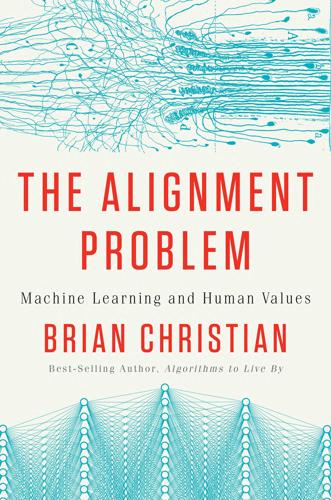
The Alignment Problem: Machine Learning and Human Values
by Brian Christian · 5 Oct 2020 · 625pp · 167,349 words
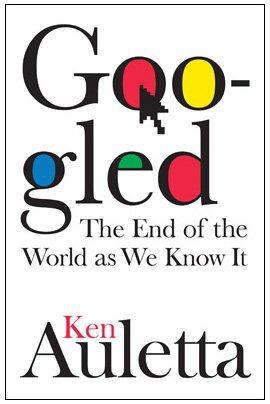
Googled: The End of the World as We Know It
by Ken Auletta · 1 Jan 2009 · 532pp · 139,706 words
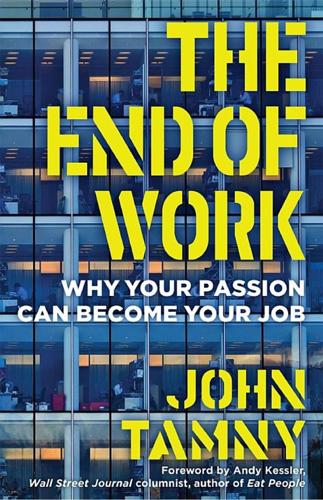
The End of Work: Why Your Passion Can Become Your Job
by John Tamny · 6 May 2018 · 165pp · 47,193 words
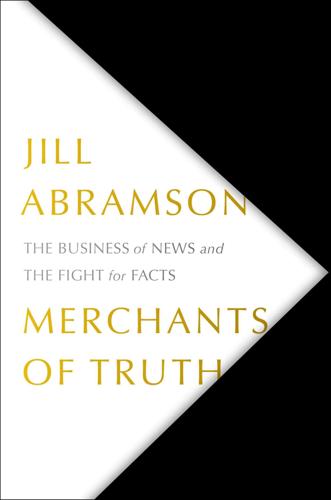
Merchants of Truth: The Business of News and the Fight for Facts
by Jill Abramson · 5 Feb 2019 · 788pp · 223,004 words
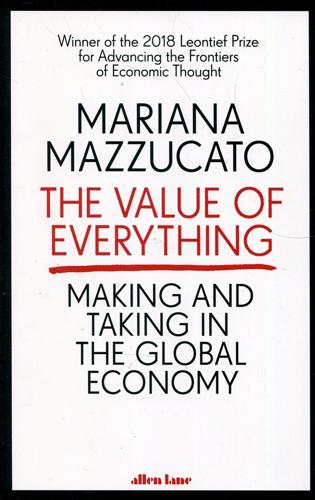
Value of Everything: An Antidote to Chaos The
by Mariana Mazzucato · 25 Apr 2018 · 457pp · 125,329 words
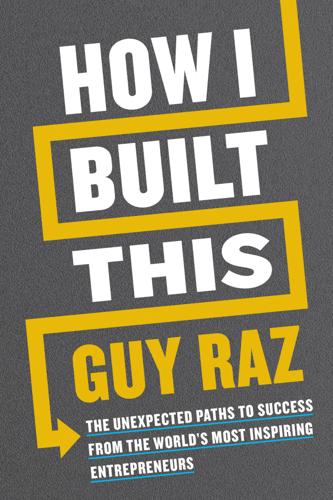
How I Built This: The Unexpected Paths to Success From the World's Most Inspiring Entrepreneurs
by Guy Raz · 14 Sep 2020 · 361pp · 107,461 words
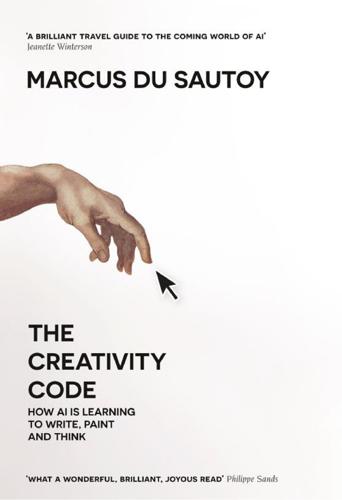
The Creativity Code: How AI Is Learning to Write, Paint and Think
by Marcus Du Sautoy · 7 Mar 2019 · 337pp · 103,522 words
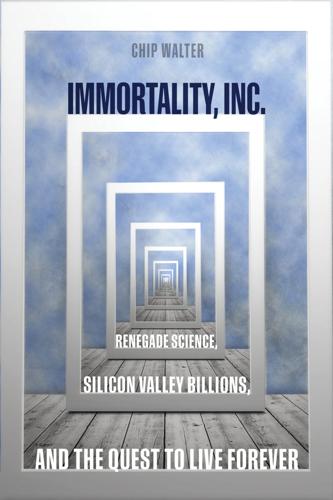
Immortality, Inc.
by Chip Walter · 7 Jan 2020 · 232pp · 72,483 words
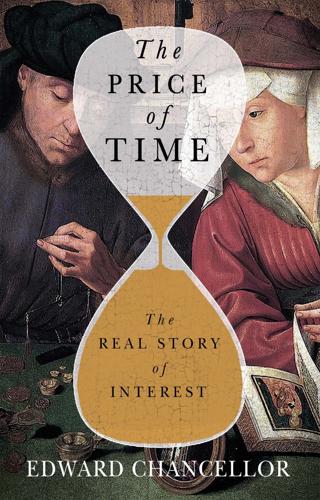
The Price of Time: The Real Story of Interest
by Edward Chancellor · 15 Aug 2022 · 829pp · 187,394 words
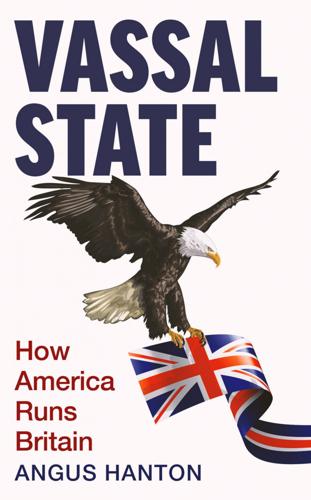
Vassal State
by Angus Hanton · 25 Mar 2024 · 277pp · 81,718 words
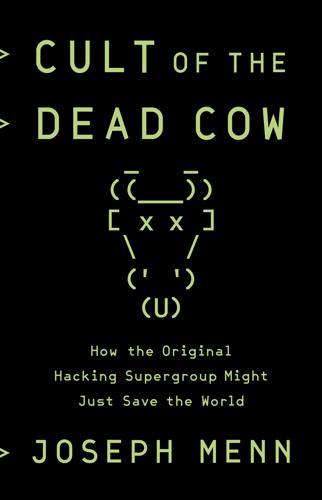
Cult of the Dead Cow: How the Original Hacking Supergroup Might Just Save the World
by Joseph Menn · 3 Jun 2019 · 302pp · 85,877 words
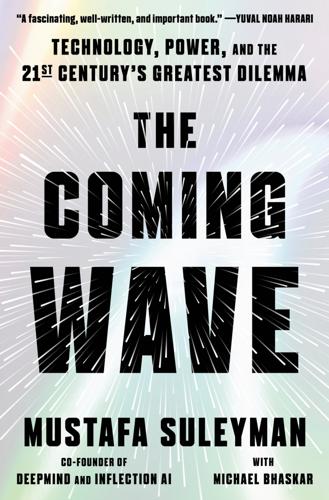
The Coming Wave: Technology, Power, and the Twenty-First Century's Greatest Dilemma
by Mustafa Suleyman · 4 Sep 2023 · 444pp · 117,770 words
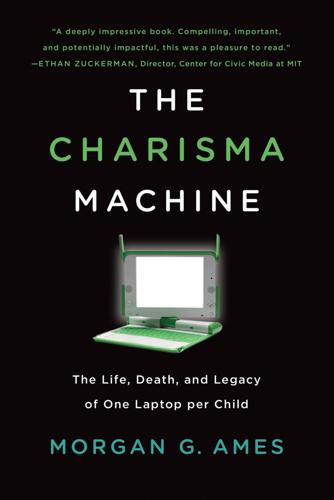
The Charisma Machine: The Life, Death, and Legacy of One Laptop Per Child
by Morgan G. Ames · 19 Nov 2019 · 426pp · 117,775 words

No Filter: The Inside Story of Instagram
by Sarah Frier · 13 Apr 2020 · 484pp · 114,613 words
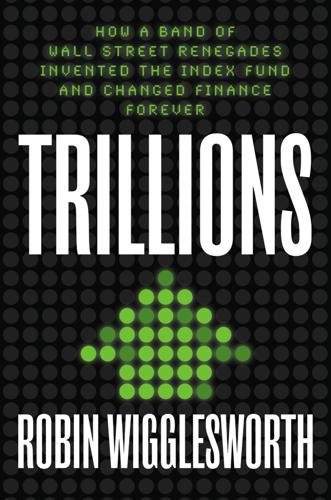
Trillions: How a Band of Wall Street Renegades Invented the Index Fund and Changed Finance Forever
by Robin Wigglesworth · 11 Oct 2021 · 432pp · 106,612 words
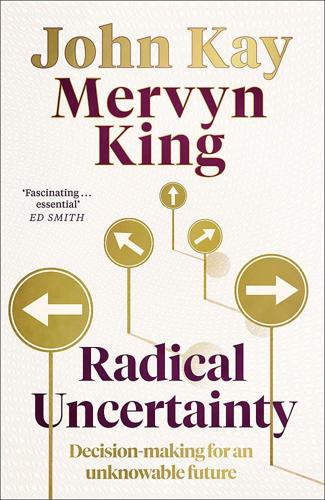
Radical Uncertainty: Decision-Making for an Unknowable Future
by Mervyn King and John Kay · 5 Mar 2020 · 807pp · 154,435 words
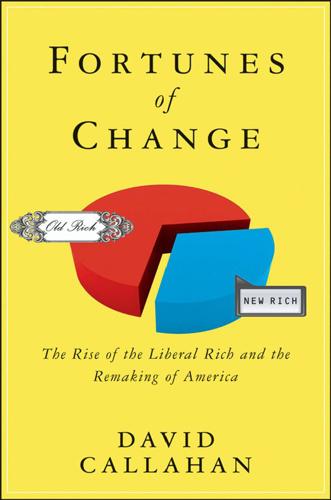
Fortunes of Change: The Rise of the Liberal Rich and the Remaking of America
by David Callahan · 9 Aug 2010
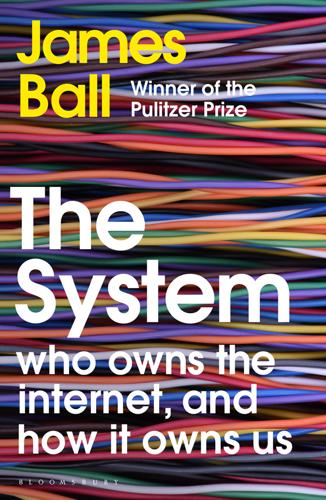
The System: Who Owns the Internet, and How It Owns Us
by James Ball · 19 Aug 2020 · 268pp · 76,702 words
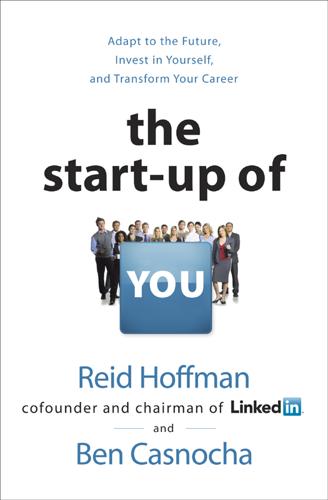
The Start-Up of You: Adapt to the Future, Invest in Yourself, and Transform Your Career
by Reid Hoffman and Ben Casnocha · 14 Feb 2012 · 176pp · 55,819 words
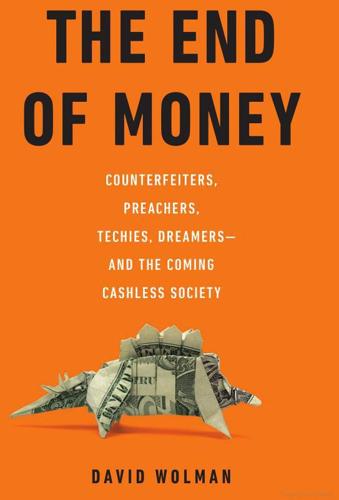
The End of Money: Counterfeiters, Preachers, Techies, Dreamers--And the Coming Cashless Society
by David Wolman · 14 Feb 2012 · 275pp · 77,017 words
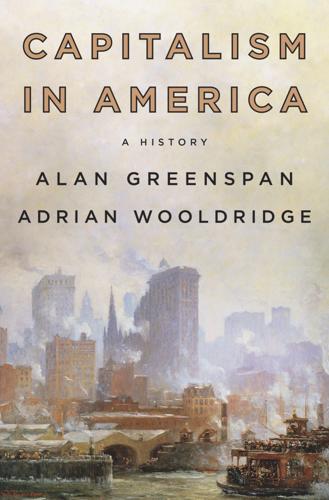
Capitalism in America: A History
by Adrian Wooldridge and Alan Greenspan · 15 Oct 2018 · 585pp · 151,239 words
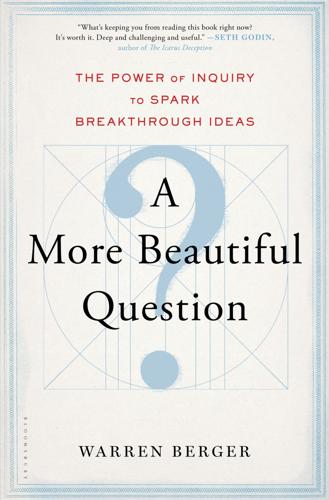
A More Beautiful Question: The Power of Inquiry to Spark Breakthrough Ideas
by Warren Berger · 4 Mar 2014 · 374pp · 89,725 words
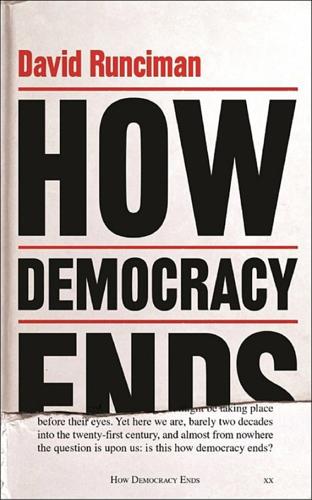
How Democracy Ends
by David Runciman · 9 May 2018 · 245pp · 72,893 words
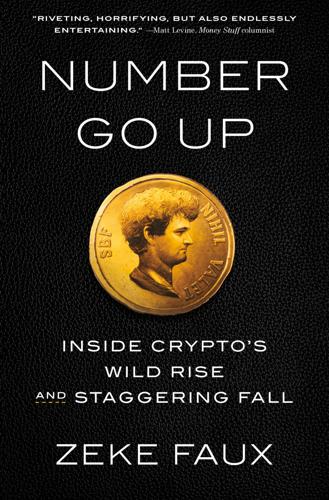
Number Go Up: Inside Crypto's Wild Rise and Staggering Fall
by Zeke Faux · 11 Sep 2023 · 385pp · 106,848 words
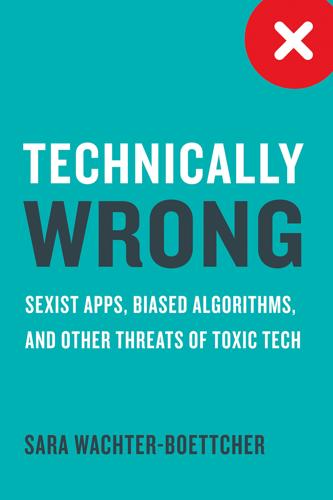
Technically Wrong: Sexist Apps, Biased Algorithms, and Other Threats of Toxic Tech
by Sara Wachter-Boettcher · 9 Oct 2017 · 223pp · 60,909 words
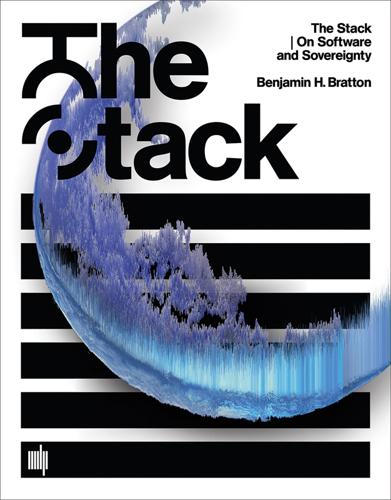
The Stack: On Software and Sovereignty
by Benjamin H. Bratton · 19 Feb 2016 · 903pp · 235,753 words
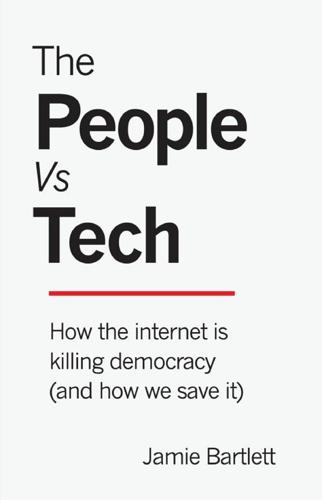
The People vs Tech: How the Internet Is Killing Democracy (And How We Save It)
by Jamie Bartlett · 4 Apr 2018 · 170pp · 49,193 words
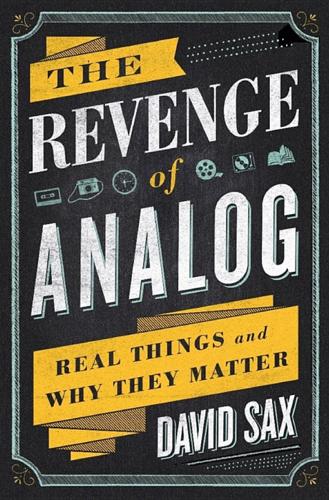
The Revenge of Analog: Real Things and Why They Matter
by David Sax · 8 Nov 2016 · 360pp · 101,038 words
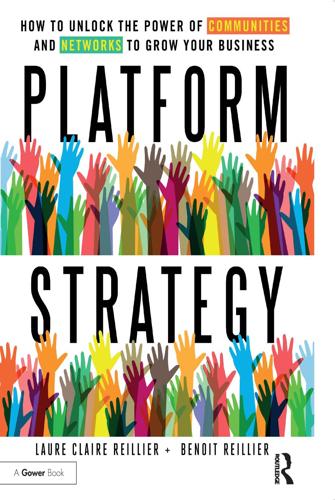
Open for Business Harnessing the Power of Platform Ecosystems
by Lauren Turner Claire, Laure Claire Reillier and Benoit Reillier · 14 Oct 2017 · 240pp · 78,436 words
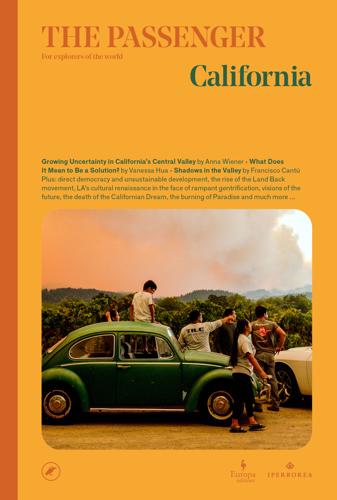
The Passenger
by AA.VV. · 23 May 2022 · 192pp · 59,615 words
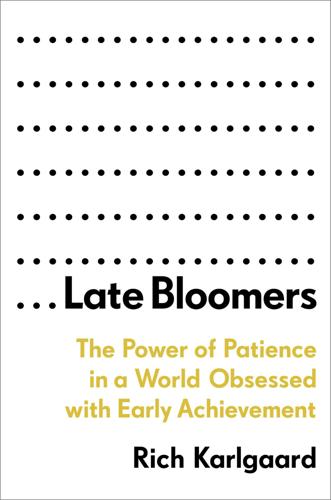
Late Bloomers: The Power of Patience in a World Obsessed With Early Achievement
by Rich Karlgaard · 15 Apr 2019 · 321pp · 92,828 words
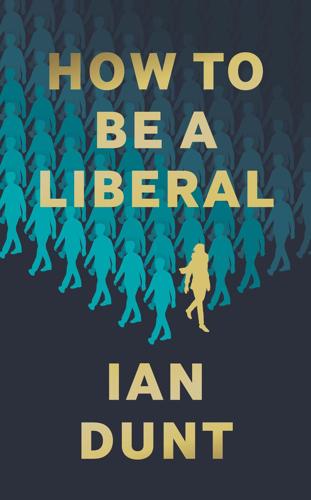
How to Be a Liberal: The Story of Liberalism and the Fight for Its Life
by Ian Dunt · 15 Oct 2020
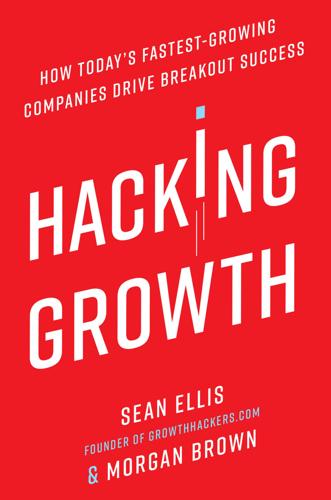
Hacking Growth: How Today's Fastest-Growing Companies Drive Breakout Success
by Sean Ellis and Morgan Brown · 24 Apr 2017 · 344pp · 96,020 words
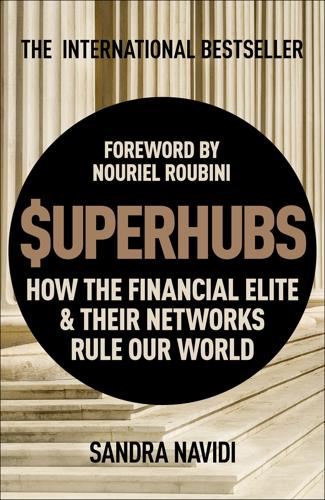
SUPERHUBS: How the Financial Elite and Their Networks Rule Our World
by Sandra Navidi · 24 Jan 2017 · 831pp · 98,409 words
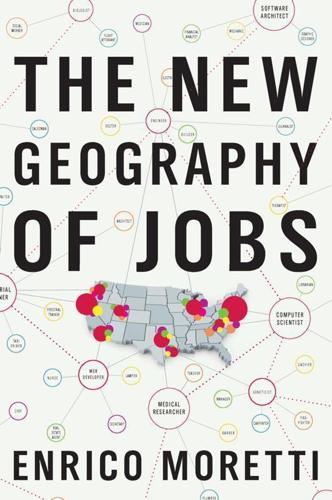
The New Geography of Jobs
by Enrico Moretti · 21 May 2012 · 403pp · 87,035 words
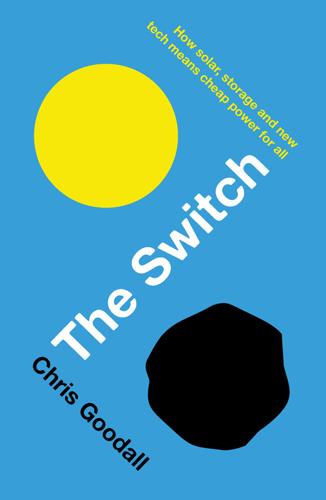
The Switch: How Solar, Storage and New Tech Means Cheap Power for All
by Chris Goodall · 6 Jul 2016 · 271pp · 79,367 words
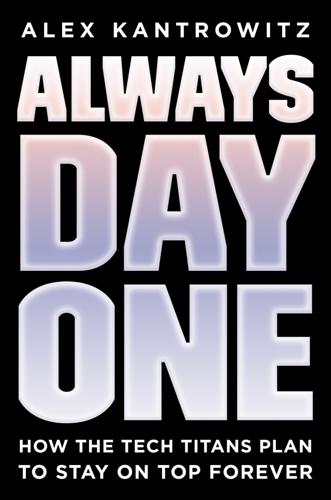
Always Day One: How the Tech Titans Plan to Stay on Top Forever
by Alex Kantrowitz · 6 Apr 2020 · 260pp · 67,823 words
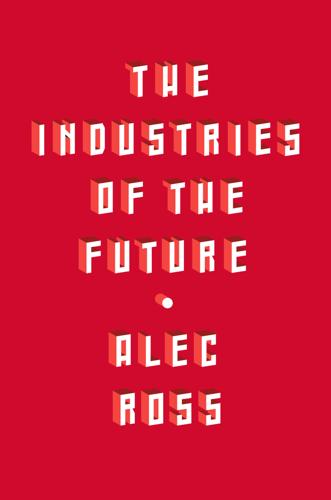
The Industries of the Future
by Alec Ross · 2 Feb 2016 · 364pp · 99,897 words
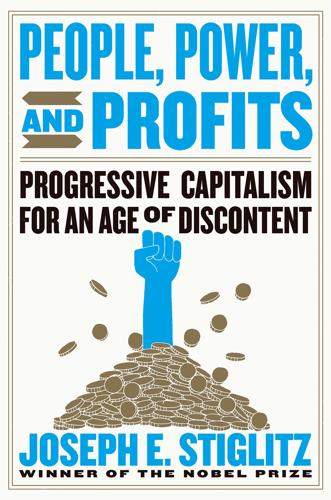
People, Power, and Profits: Progressive Capitalism for an Age of Discontent
by Joseph E. Stiglitz · 22 Apr 2019 · 462pp · 129,022 words
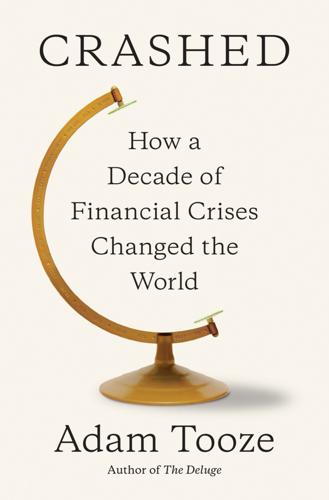
Crashed: How a Decade of Financial Crises Changed the World
by Adam Tooze · 31 Jul 2018 · 1,066pp · 273,703 words
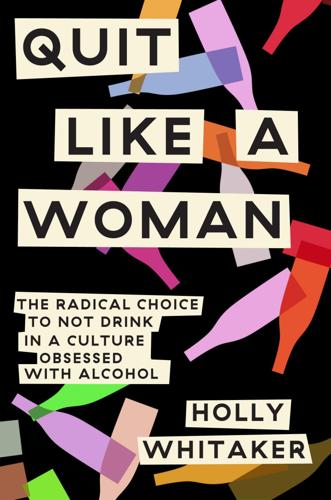
Quit Like a Woman: The Radical Choice to Not Drink in a Culture Obsessed With Alcohol
by Holly Glenn Whitaker · 9 Jan 2020 · 334pp · 109,882 words
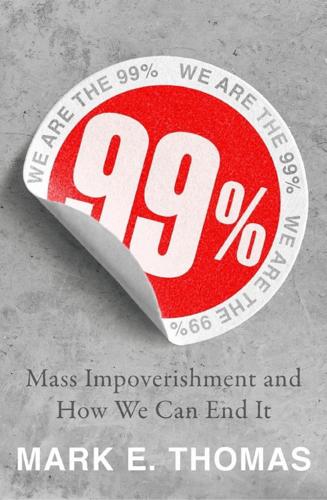
99%: Mass Impoverishment and How We Can End It
by Mark Thomas · 7 Aug 2019 · 286pp · 79,305 words
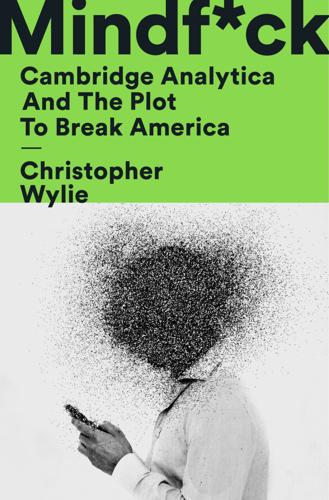
Mindf*ck: Cambridge Analytica and the Plot to Break America
by Christopher Wylie · 8 Oct 2019
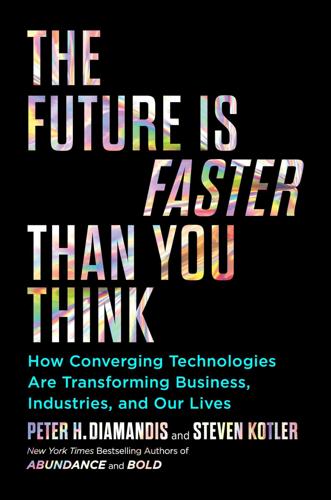
The Future Is Faster Than You Think: How Converging Technologies Are Transforming Business, Industries, and Our Lives
by Peter H. Diamandis and Steven Kotler · 28 Jan 2020 · 501pp · 114,888 words
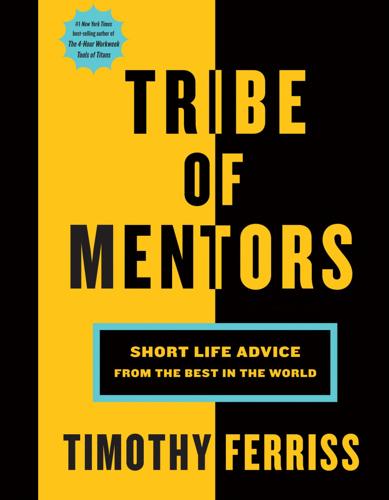
Tribe of Mentors: Short Life Advice From the Best in the World
by Timothy Ferriss · 14 Jun 2017 · 579pp · 183,063 words
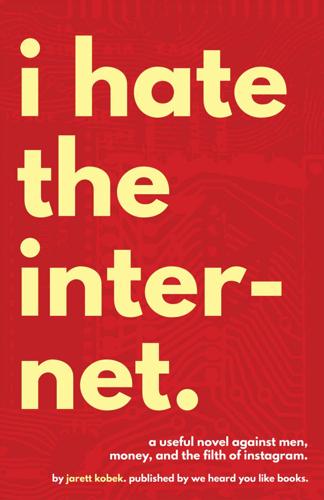
I Hate the Internet: A Novel
by Jarett Kobek · 3 Nov 2016 · 302pp · 74,350 words
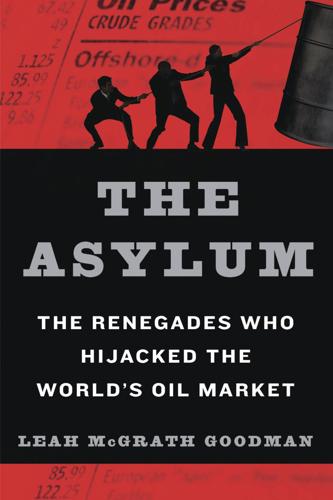
The Asylum: The Renegades Who Hijacked the World's Oil Market
by Leah McGrath Goodman · 15 Feb 2011 · 553pp · 168,111 words
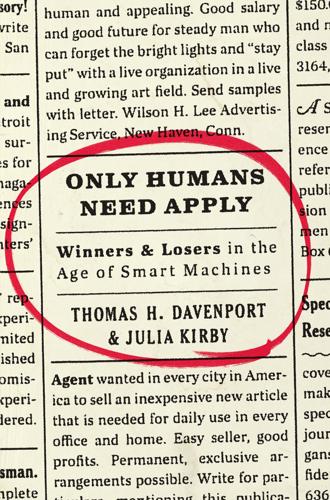
Only Humans Need Apply: Winners and Losers in the Age of Smart Machines
by Thomas H. Davenport and Julia Kirby · 23 May 2016 · 347pp · 97,721 words
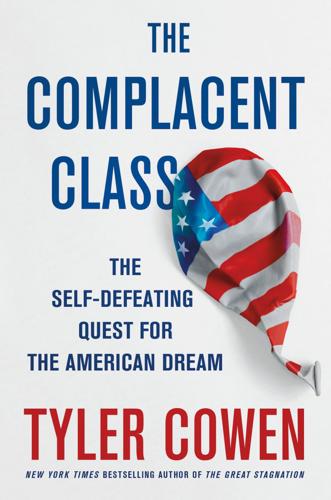
The Complacent Class: The Self-Defeating Quest for the American Dream
by Tyler Cowen · 27 Feb 2017 · 287pp · 82,576 words
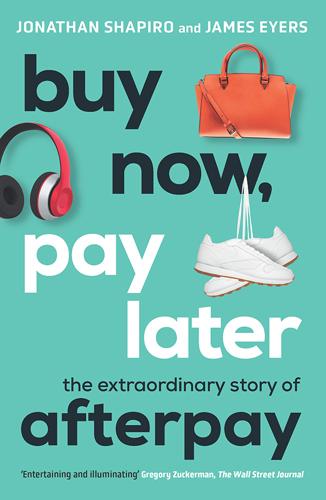
Buy Now, Pay Later: The Extraordinary Story of Afterpay
by Jonathan Shapiro and James Eyers · 2 Aug 2021 · 444pp · 124,631 words
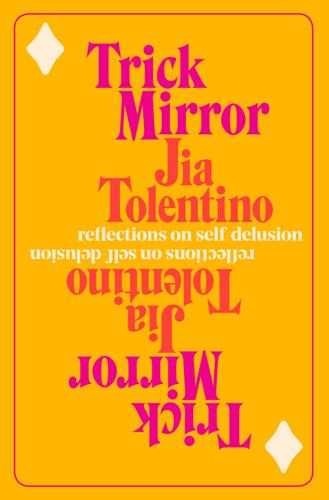
Trick Mirror: Reflections on Self-Delusion
by Jia Tolentino · 5 Aug 2019 · 305pp · 101,743 words
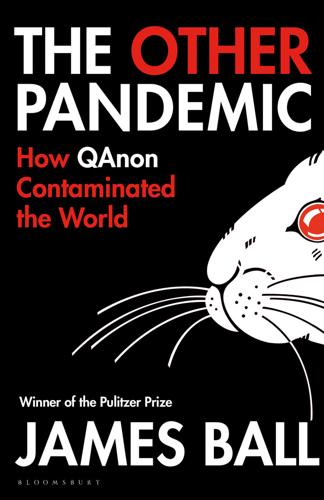
Other Pandemic: How QAnon Contaminated the World
by James Ball · 19 Jul 2023 · 317pp · 87,048 words
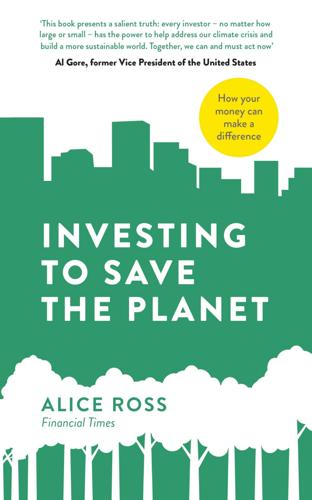
Investing to Save the Planet: How Your Money Can Make a Difference
by Alice Ross · 19 Nov 2020 · 197pp · 53,831 words
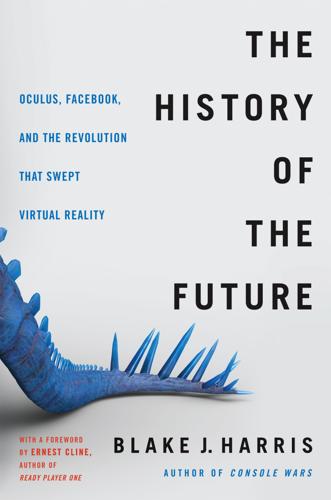
The History of the Future: Oculus, Facebook, and the Revolution That Swept Virtual Reality
by Blake J. Harris · 19 Feb 2019 · 561pp · 163,916 words
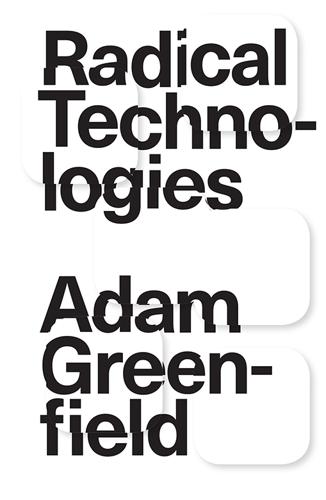
Radical Technologies: The Design of Everyday Life
by Adam Greenfield · 29 May 2017 · 410pp · 119,823 words
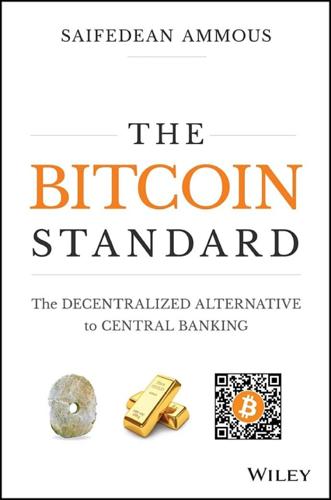
The Bitcoin Standard: The Decentralized Alternative to Central Banking
by Saifedean Ammous · 23 Mar 2018 · 571pp · 106,255 words
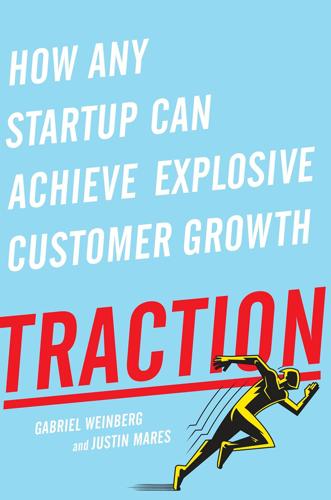
Traction: How Any Startup Can Achieve Explosive Customer Growth
by Gabriel Weinberg and Justin Mares · 5 Oct 2015 · 232pp · 63,846 words
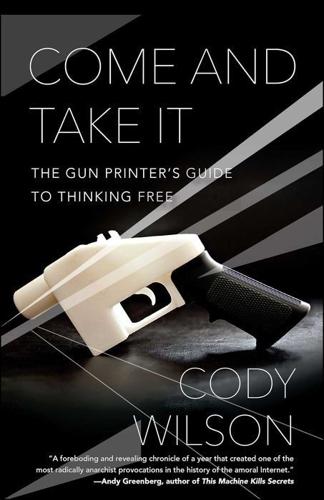
Come and Take It: The Gun Printer's Guide to Thinking Free
by Cody Wilson · 10 Oct 2016 · 246pp · 70,404 words
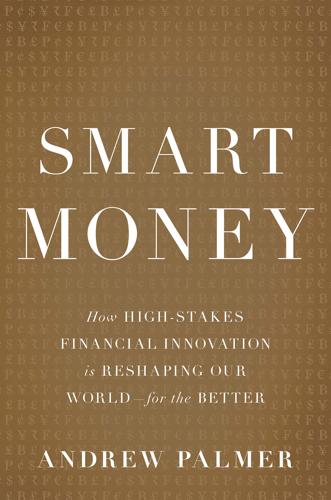
Smart Money: How High-Stakes Financial Innovation Is Reshaping Our WorldÑFor the Better
by Andrew Palmer · 13 Apr 2015 · 280pp · 79,029 words
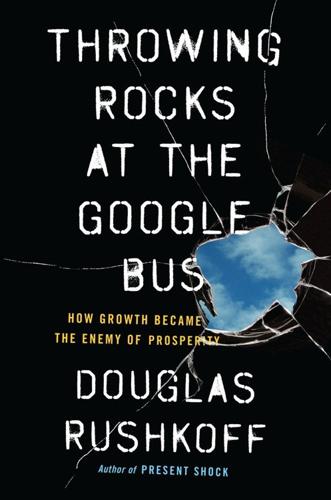
Throwing Rocks at the Google Bus: How Growth Became the Enemy of Prosperity
by Douglas Rushkoff · 1 Mar 2016 · 366pp · 94,209 words
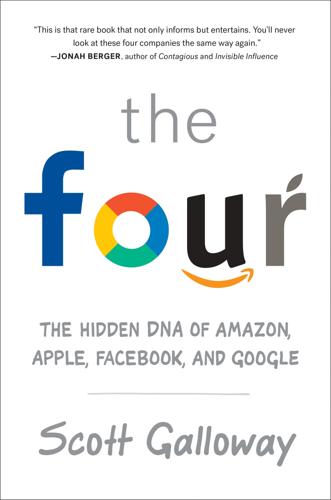
The Four: How Amazon, Apple, Facebook, and Google Divided and Conquered the World
by Scott Galloway · 2 Oct 2017 · 305pp · 79,303 words
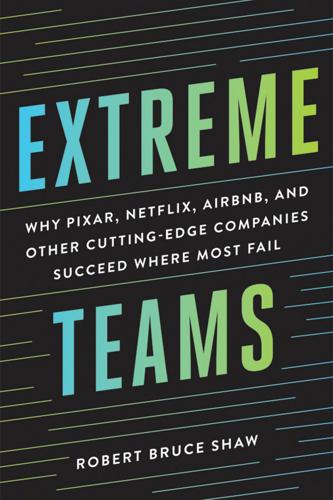
Extreme Teams: Why Pixar, Netflix, AirBnB, and Other Cutting-Edge Companies Succeed Where Most Fail
by Robert Bruce Shaw, James Foster and Brilliance Audio · 14 Oct 2017 · 280pp · 82,355 words
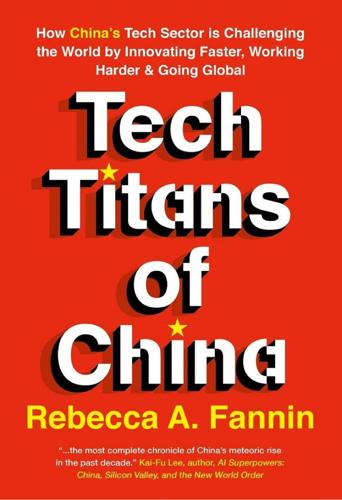
Tech Titans of China: How China's Tech Sector Is Challenging the World by Innovating Faster, Working Harder, and Going Global
by Rebecca Fannin · 2 Sep 2019 · 269pp · 70,543 words
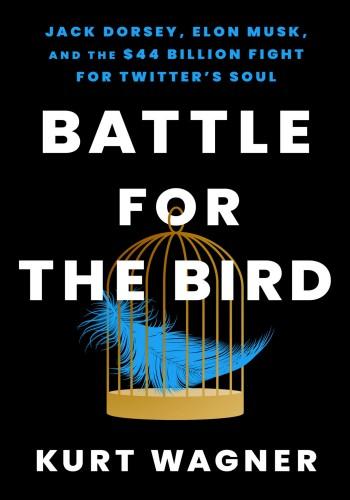
Battle for the Bird: Jack Dorsey, Elon Musk, and the $44 Billion Fight for Twitter's Soul
by Kurt Wagner · 20 Feb 2024 · 332pp · 127,754 words
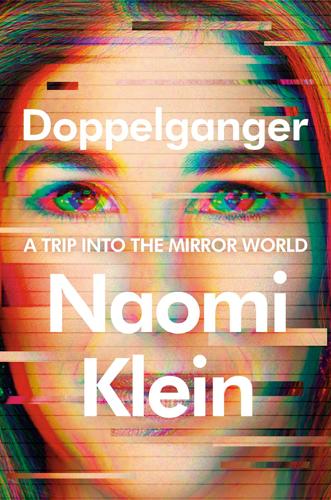
Doppelganger: A Trip Into the Mirror World
by Naomi Klein · 11 Sep 2023
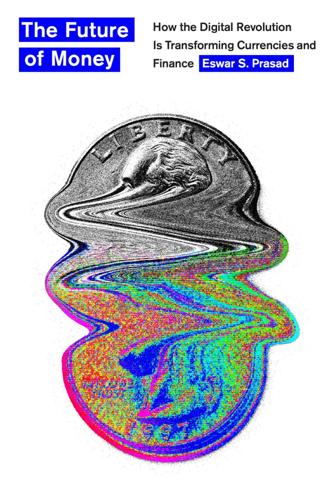
The Future of Money: How the Digital Revolution Is Transforming Currencies and Finance
by Eswar S. Prasad · 27 Sep 2021 · 661pp · 185,701 words
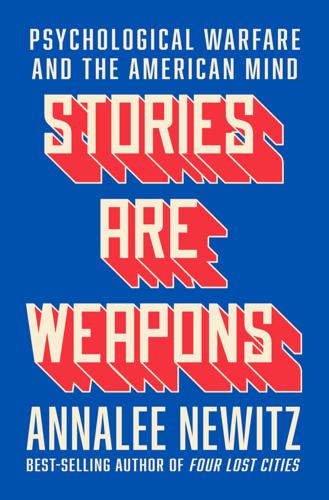
Stories Are Weapons: Psychological Warfare and the American Mind
by Annalee Newitz · 3 Jun 2024 · 251pp · 68,713 words
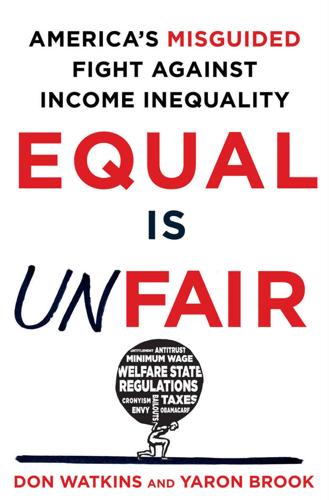
Equal Is Unfair: America's Misguided Fight Against Income Inequality
by Don Watkins and Yaron Brook · 28 Mar 2016 · 345pp · 92,849 words
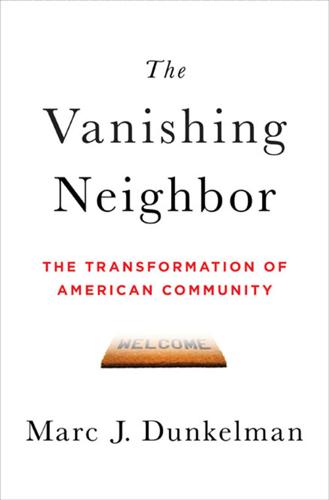
The Vanishing Neighbor: The Transformation of American Community
by Marc J. Dunkelman · 3 Aug 2014 · 327pp · 88,121 words
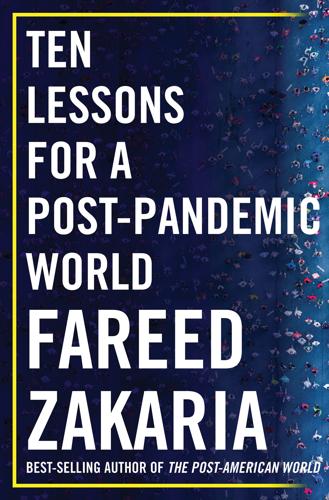
Ten Lessons for a Post-Pandemic World
by Fareed Zakaria · 5 Oct 2020 · 289pp · 86,165 words
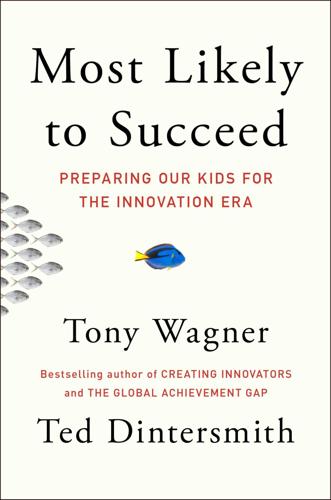
Most Likely to Succeed: Preparing Our Kids for the Innovation Era
by Tony Wagner and Ted Dintersmith · 17 Aug 2015 · 353pp · 91,520 words
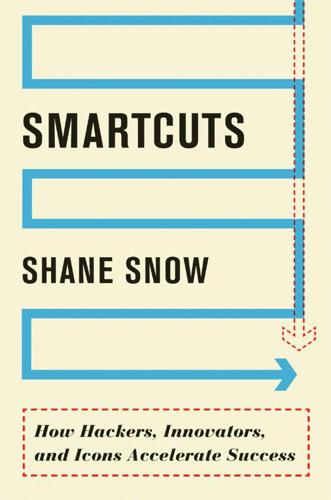
Smartcuts: How Hackers, Innovators, and Icons Accelerate Success
by Shane Snow · 8 Sep 2014 · 278pp · 70,416 words
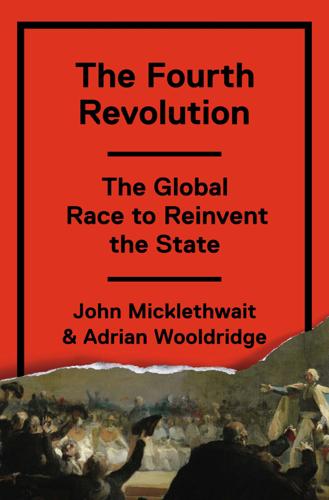
The Fourth Revolution: The Global Race to Reinvent the State
by John Micklethwait and Adrian Wooldridge · 14 May 2014 · 372pp · 92,477 words
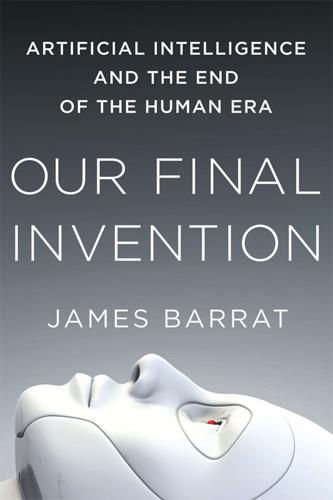
Our Final Invention: Artificial Intelligence and the End of the Human Era
by James Barrat · 30 Sep 2013 · 294pp · 81,292 words
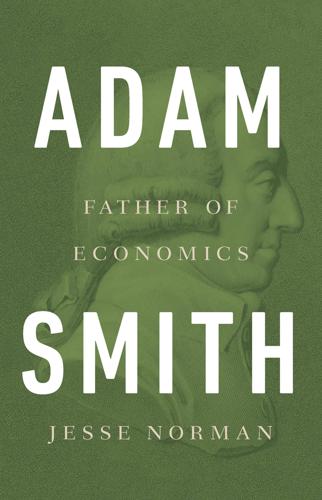
Adam Smith: Father of Economics
by Jesse Norman · 30 Jun 2018
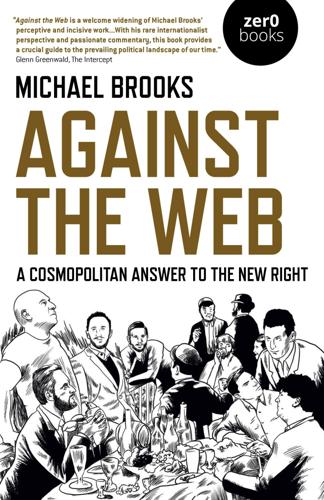
Against the Web: A Cosmopolitan Answer to the New Right
by Michael Brooks · 23 Apr 2020 · 88pp · 26,706 words
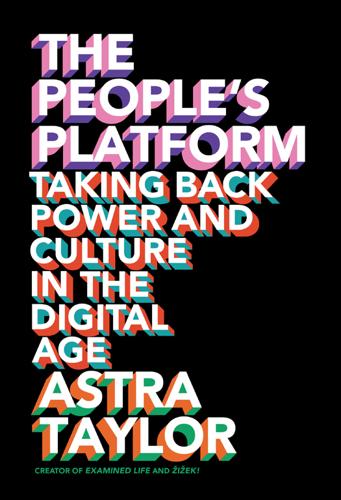
The People's Platform: Taking Back Power and Culture in the Digital Age
by Astra Taylor · 4 Mar 2014 · 283pp · 85,824 words
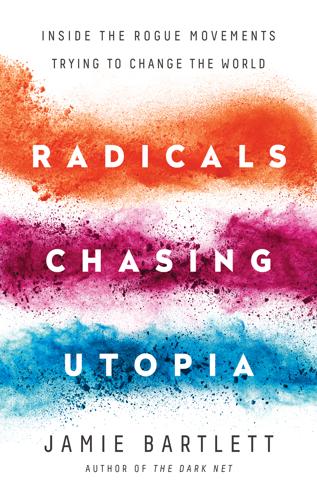
Radicals Chasing Utopia: Inside the Rogue Movements Trying to Change the World
by Jamie Bartlett · 12 Jun 2017 · 390pp · 109,870 words
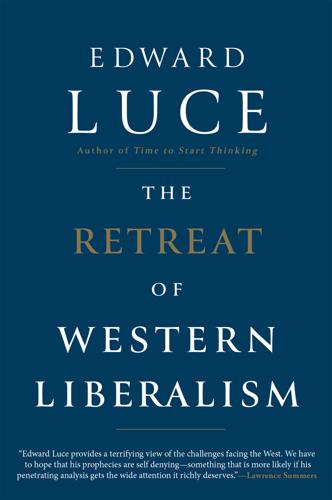
The Retreat of Western Liberalism
by Edward Luce · 20 Apr 2017 · 223pp · 58,732 words
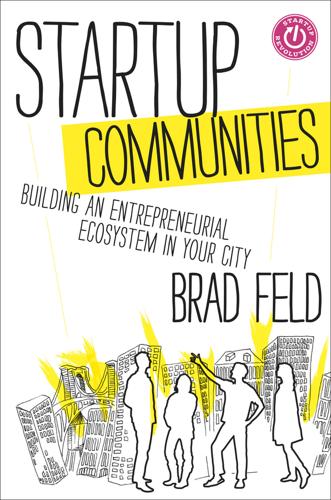
Startup Communities: Building an Entrepreneurial Ecosystem in Your City
by Brad Feld · 8 Oct 2012 · 169pp · 56,250 words
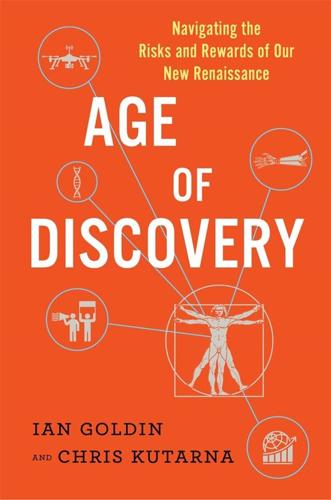
Age of Discovery: Navigating the Risks and Rewards of Our New Renaissance
by Ian Goldin and Chris Kutarna · 23 May 2016 · 437pp · 113,173 words
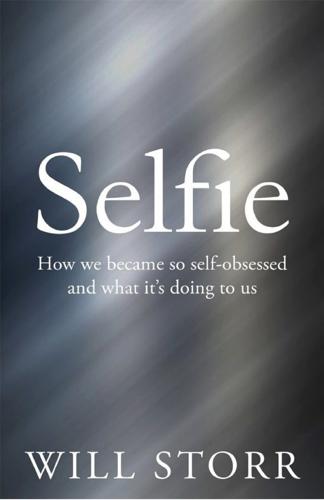
Selfie: How We Became So Self-Obsessed and What It's Doing to Us
by Will Storr · 14 Jun 2017 · 431pp · 129,071 words
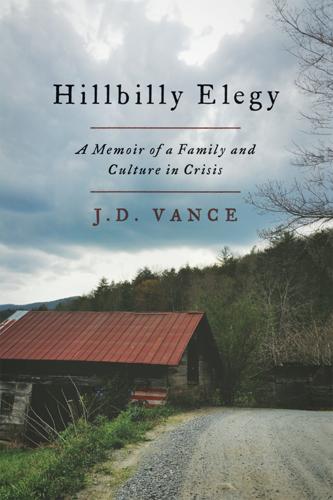
Hillbilly Elegy: A Memoir of a Family and Culture in Crisis
by J. D. Vance · 27 Jun 2016 · 223pp · 77,566 words
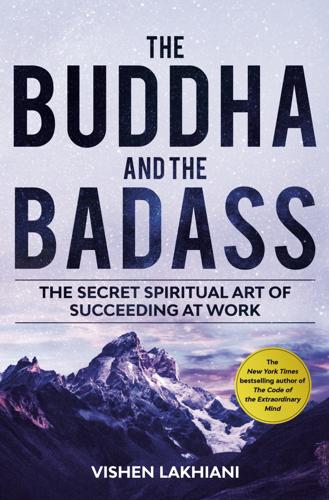
The Buddha and the Badass: The Secret Spiritual Art of Succeeding at Work
by Vishen Lakhiani · 14 Sep 2020
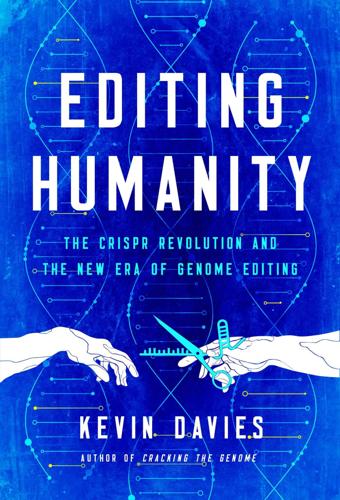
Editing Humanity: The CRISPR Revolution and the New Era of Genome Editing
by Kevin Davies · 5 Oct 2020 · 741pp · 164,057 words
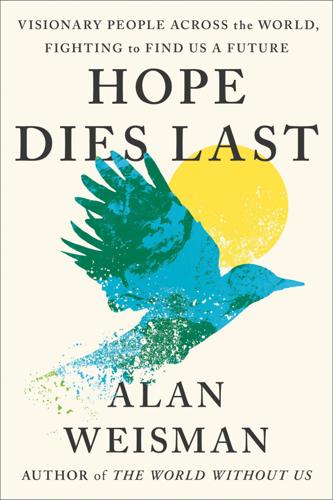
Hope Dies Last: Visionary People Across the World, Fighting to Find Us a Future
by Alan Weisman · 21 Apr 2025 · 599pp · 149,014 words
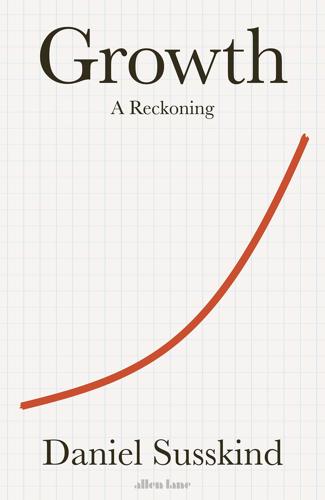
Growth: A Reckoning
by Daniel Susskind · 16 Apr 2024 · 358pp · 109,930 words
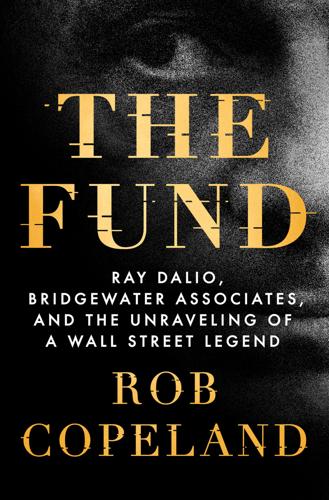
The Fund: Ray Dalio, Bridgewater Associates, and the Unraveling of a Wall Street Legend
by Rob Copeland · 7 Nov 2023 · 412pp · 122,655 words
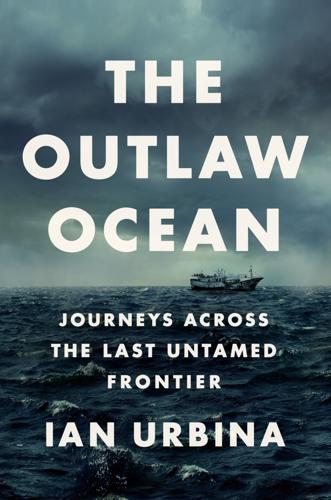
The Outlaw Ocean: Journeys Across the Last Untamed Frontier
by Ian Urbina · 19 Aug 2019
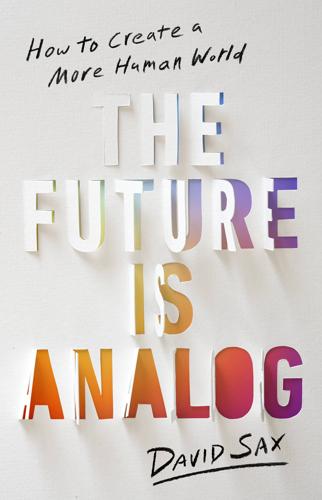
The Future Is Analog: How to Create a More Human World
by David Sax · 15 Jan 2022 · 282pp · 93,783 words
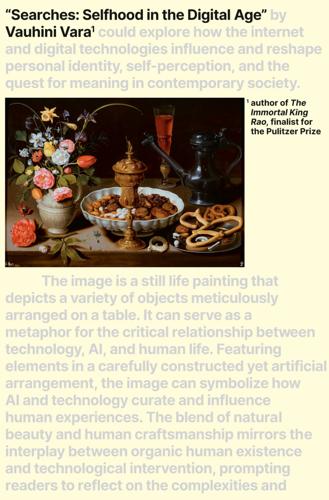
Searches: Selfhood in the Digital Age
by Vauhini Vara · 8 Apr 2025 · 301pp · 105,209 words
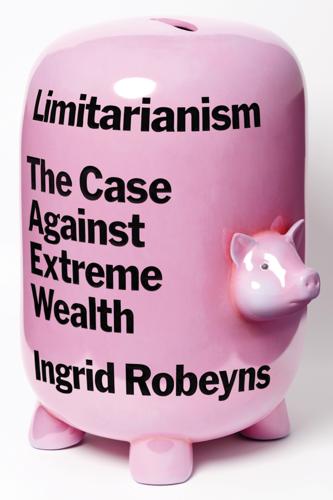
Limitarianism: The Case Against Extreme Wealth
by Ingrid Robeyns · 16 Jan 2024 · 327pp · 110,234 words
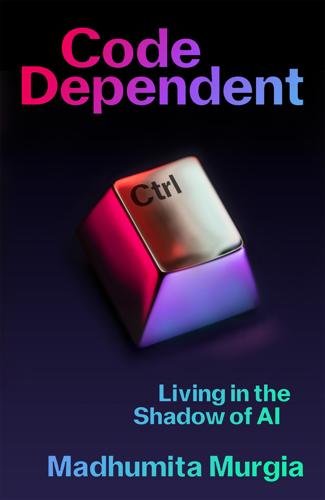
Code Dependent: Living in the Shadow of AI
by Madhumita Murgia · 20 Mar 2024 · 336pp · 91,806 words
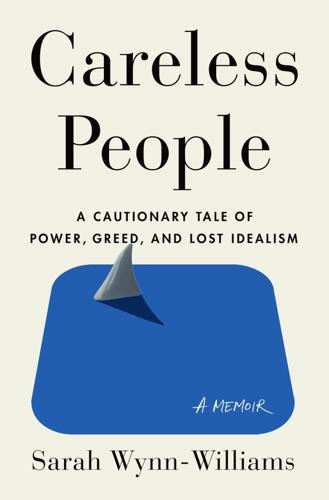
Careless People: A Cautionary Tale of Power, Greed, and Lost Idealism
by Sarah Wynn-Williams · 11 Mar 2025 · 370pp · 115,318 words
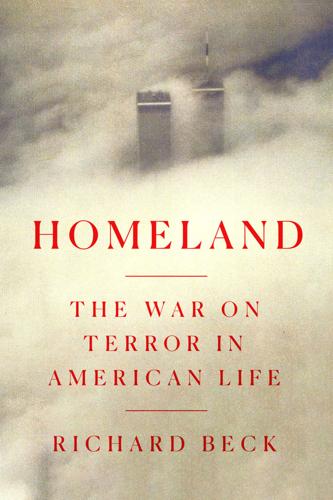
Homeland: The War on Terror in American Life
by Richard Beck · 2 Sep 2024 · 715pp · 212,449 words
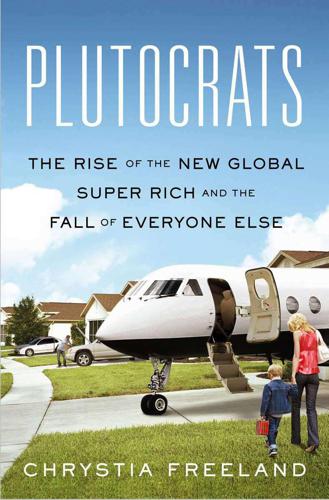
Plutocrats: The Rise of the New Global Super-Rich and the Fall of Everyone Else
by Chrystia Freeland · 11 Oct 2012 · 481pp · 120,693 words
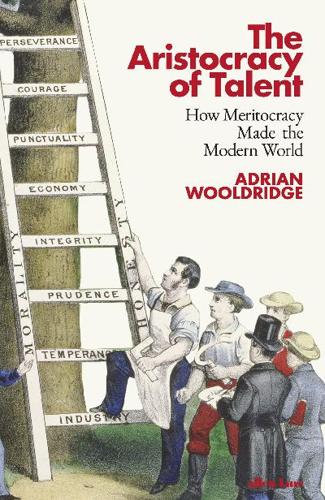
The Aristocracy of Talent: How Meritocracy Made the Modern World
by Adrian Wooldridge · 2 Jun 2021 · 693pp · 169,849 words
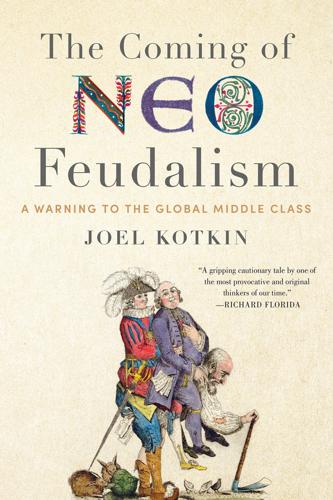
The Coming of Neo-Feudalism: A Warning to the Global Middle Class
by Joel Kotkin · 11 May 2020 · 393pp · 91,257 words
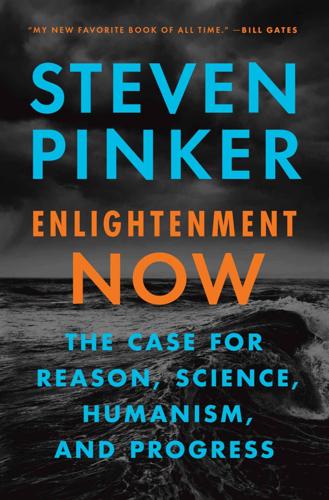
Enlightenment Now: The Case for Reason, Science, Humanism, and Progress
by Steven Pinker · 13 Feb 2018 · 1,034pp · 241,773 words
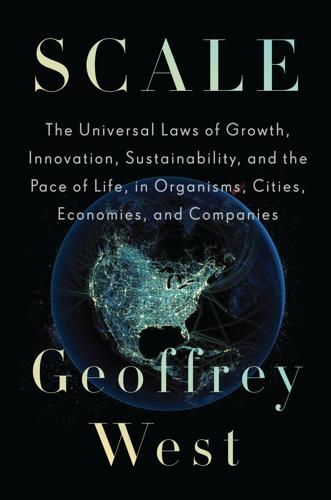
Scale: The Universal Laws of Growth, Innovation, Sustainability, and the Pace of Life in Organisms, Cities, Economies, and Companies
by Geoffrey West · 15 May 2017 · 578pp · 168,350 words
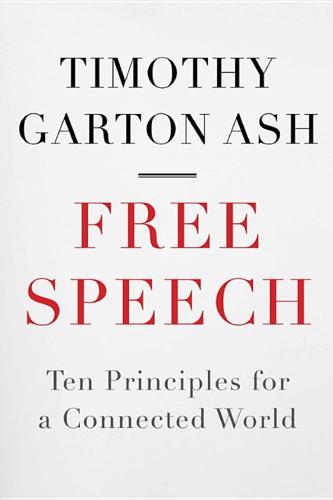
Free Speech: Ten Principles for a Connected World
by Timothy Garton Ash · 23 May 2016 · 743pp · 201,651 words
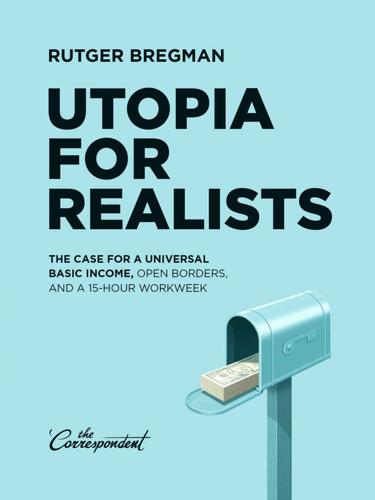
Utopia for Realists: The Case for a Universal Basic Income, Open Borders, and a 15-Hour Workweek
by Rutger Bregman · 13 Sep 2014 · 235pp · 62,862 words
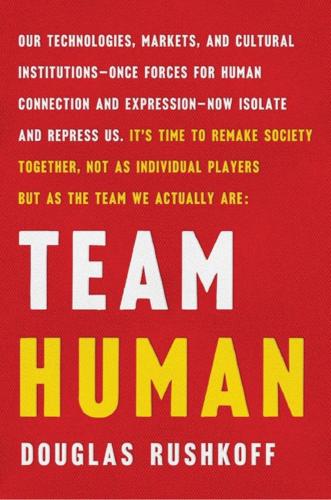
Team Human
by Douglas Rushkoff · 22 Jan 2019 · 196pp · 54,339 words
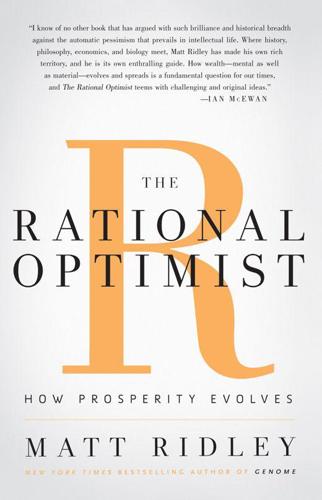
The Rational Optimist: How Prosperity Evolves
by Matt Ridley · 17 May 2010 · 462pp · 150,129 words
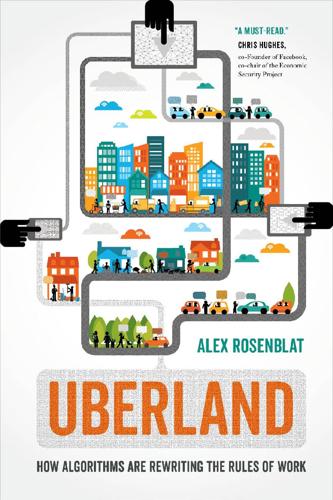
Uberland: How Algorithms Are Rewriting the Rules of Work
by Alex Rosenblat · 22 Oct 2018 · 343pp · 91,080 words
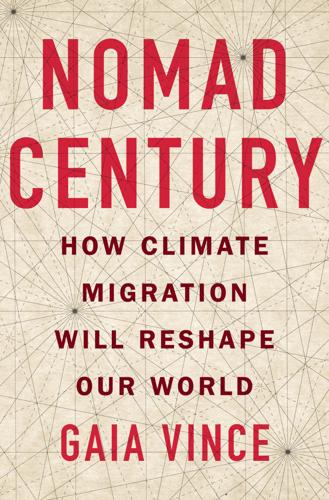
Nomad Century: How Climate Migration Will Reshape Our World
by Gaia Vince · 22 Aug 2022 · 302pp · 92,206 words
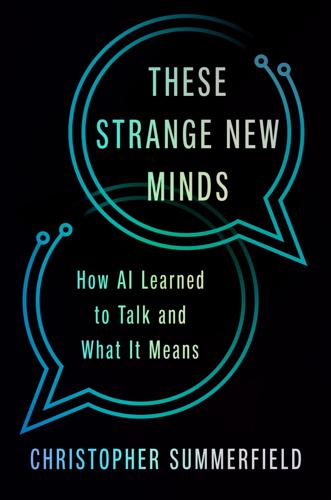
These Strange New Minds: How AI Learned to Talk and What It Means
by Christopher Summerfield · 11 Mar 2025 · 412pp · 122,298 words
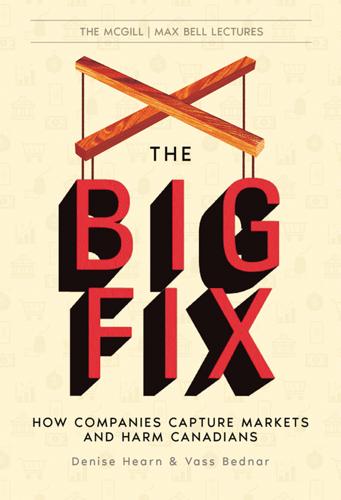
The Big Fix: How Companies Capture Markets and Harm Canadians
by Denise Hearn and Vass Bednar · 14 Oct 2024 · 175pp · 46,192 words
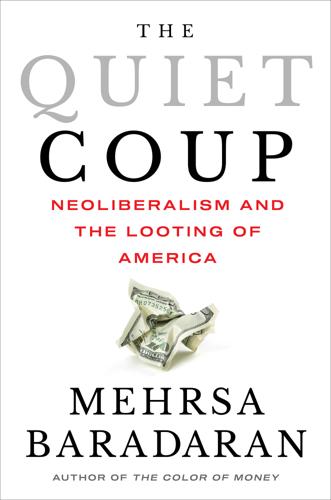
The Quiet Coup: Neoliberalism and the Looting of America
by Mehrsa Baradaran · 7 May 2024 · 470pp · 158,007 words
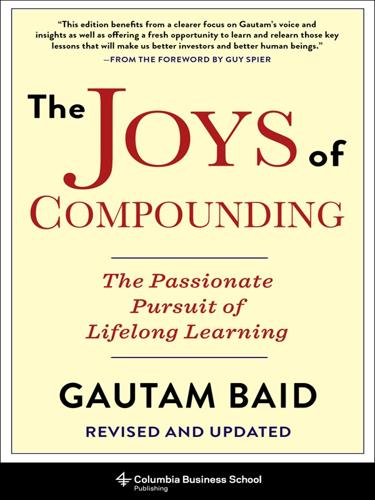
The Joys of Compounding: The Passionate Pursuit of Lifelong Learning, Revised and Updated
by Gautam Baid · 1 Jun 2020 · 1,239pp · 163,625 words
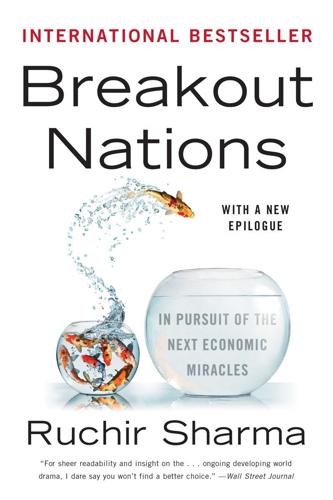
Breakout Nations: In Pursuit of the Next Economic Miracles
by Ruchir Sharma · 8 Apr 2012 · 411pp · 114,717 words
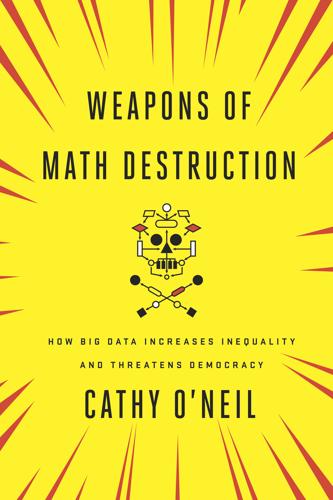
Weapons of Math Destruction: How Big Data Increases Inequality and Threatens Democracy
by Cathy O'Neil · 5 Sep 2016 · 252pp · 72,473 words
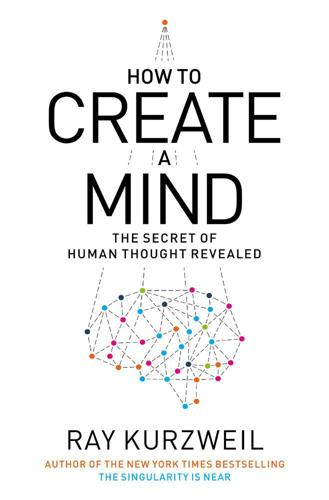
How to Create a Mind: The Secret of Human Thought Revealed
by Ray Kurzweil · 13 Nov 2012 · 372pp · 101,174 words
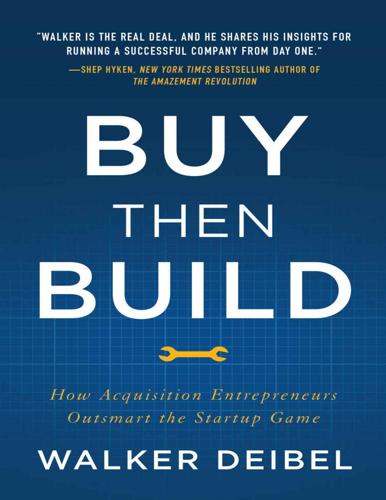
Buy Then Build: How Acquisition Entrepreneurs Outsmart the Startup Game
by Walker Deibel · 19 Oct 2018
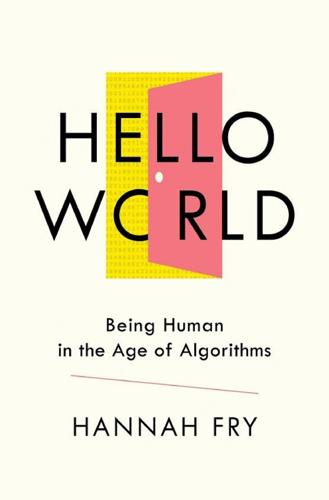
Hello World: Being Human in the Age of Algorithms
by Hannah Fry · 17 Sep 2018 · 296pp · 78,631 words
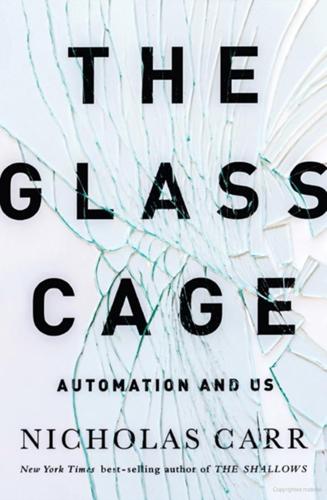
The Glass Cage: Automation and Us
by Nicholas Carr · 28 Sep 2014 · 308pp · 84,713 words
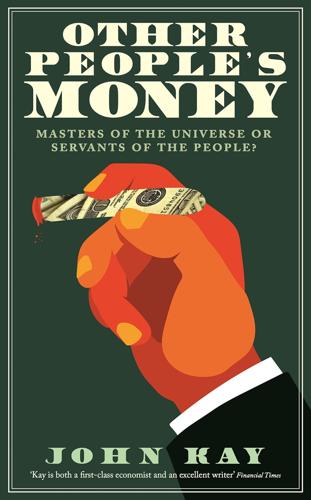
Other People's Money: Masters of the Universe or Servants of the People?
by John Kay · 2 Sep 2015 · 478pp · 126,416 words
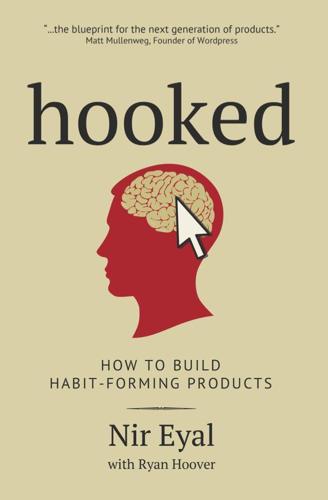
Hooked: How to Build Habit-Forming Products
by Nir Eyal · 26 Dec 2013 · 199pp · 43,653 words
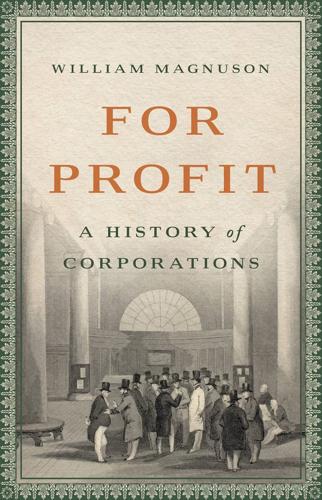
For Profit: A History of Corporations
by William Magnuson · 8 Nov 2022 · 356pp · 116,083 words
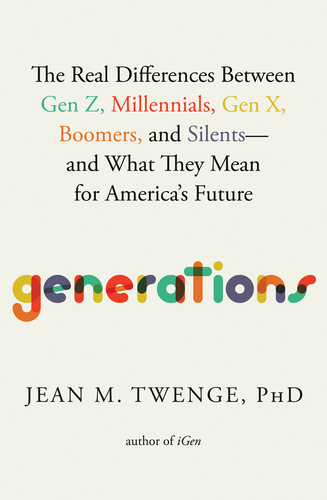
Generations: The Real Differences Between Gen Z, Millennials, Gen X, Boomers, and Silents—and What They Mean for America's Future
by Jean M. Twenge · 25 Apr 2023 · 541pp · 173,676 words
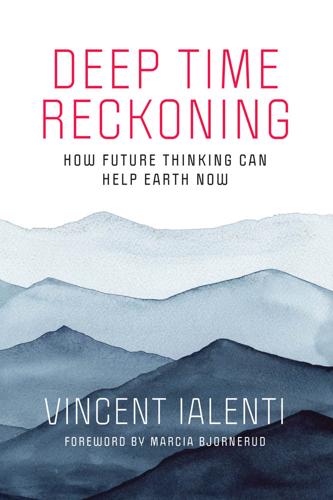
Deep Time Reckoning: How Future Thinking Can Help Earth Now
by Vincent Ialenti · 22 Sep 2020 · 224pp · 69,593 words
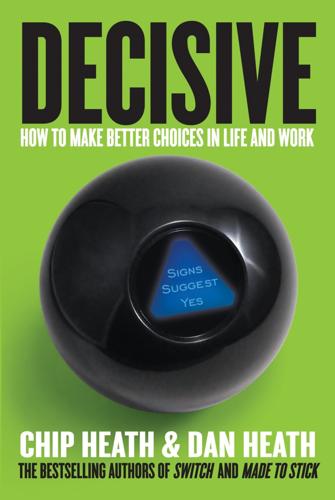
Decisive: How to Make Better Choices in Life and Work
by Chip Heath and Dan Heath · 26 Mar 2013 · 316pp · 94,886 words
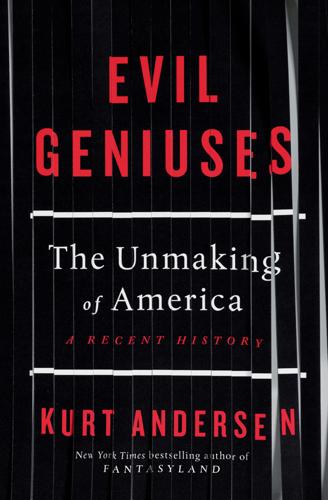
Evil Geniuses: The Unmaking of America: A Recent History
by Kurt Andersen · 14 Sep 2020 · 486pp · 150,849 words
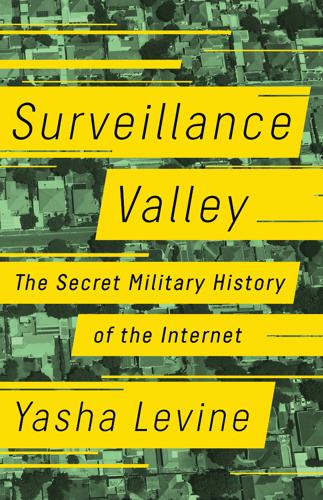
Surveillance Valley: The Rise of the Military-Digital Complex
by Yasha Levine · 6 Feb 2018 · 474pp · 130,575 words
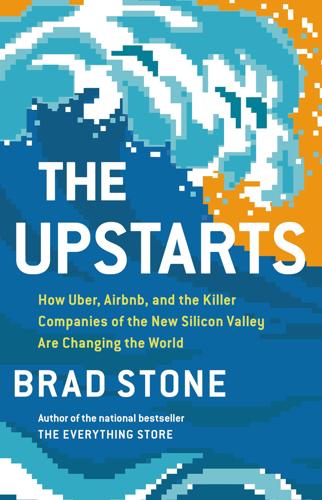
The Upstarts: How Uber, Airbnb, and the Killer Companies of the New Silicon Valley Are Changing the World
by Brad Stone · 30 Jan 2017 · 373pp · 112,822 words
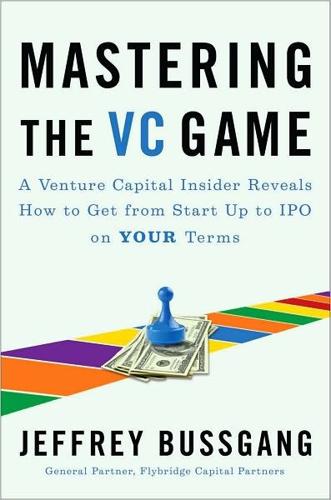
Mastering the VC Game: A Venture Capital Insider Reveals How to Get From Start-Up to IPO on Your Terms
by Jeffrey Bussgang · 31 Mar 2010 · 253pp · 65,834 words
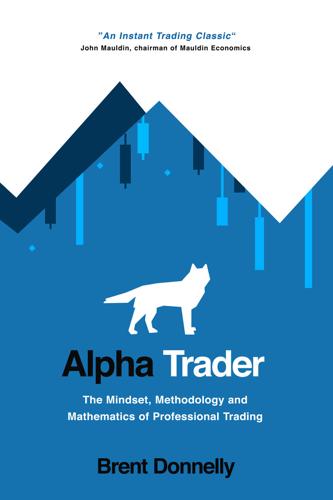
Alpha Trader
by Brent Donnelly · 11 May 2021
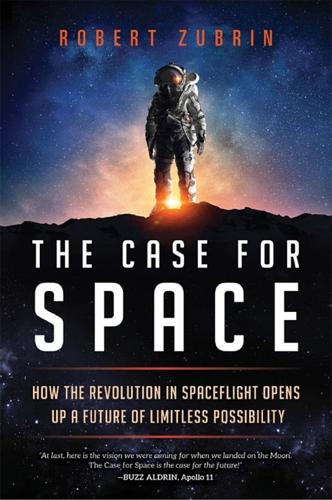
The Case for Space: How the Revolution in Spaceflight Opens Up a Future of Limitless Possibility
by Robert Zubrin · 30 Apr 2019 · 452pp · 126,310 words
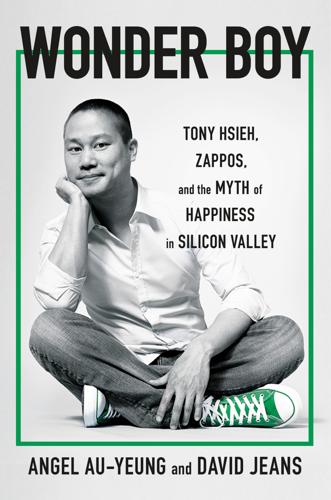
Wonder Boy: Tony Hsieh, Zappos, and the Myth of Happiness in Silicon Valley
by Angel Au-Yeung and David Jeans · 25 Apr 2023 · 427pp · 134,098 words
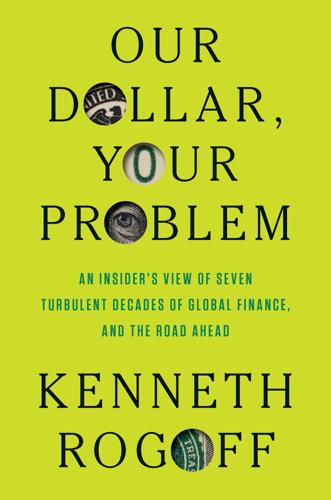
Our Dollar, Your Problem: An Insider’s View of Seven Turbulent Decades of Global Finance, and the Road Ahead
by Kenneth Rogoff · 27 Feb 2025 · 330pp · 127,791 words
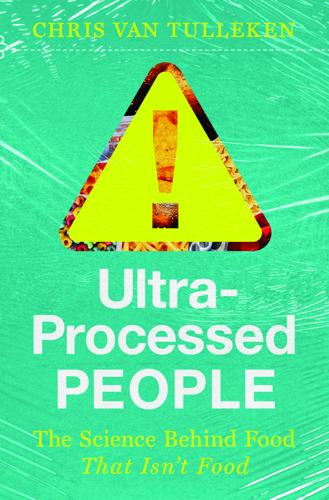
Ultra-Processed People: The Science Behind Food That Isn't Food
by Chris van Tulleken · 26 Jun 2023 · 448pp · 123,273 words
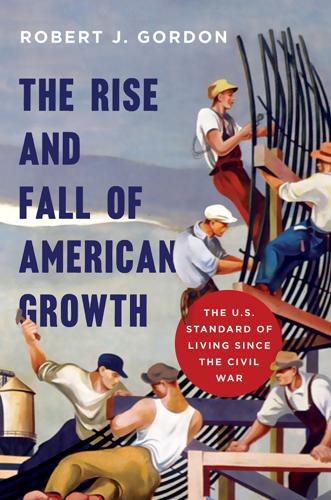
The Rise and Fall of American Growth: The U.S. Standard of Living Since the Civil War (The Princeton Economic History of the Western World)
by Robert J. Gordon · 12 Jan 2016 · 1,104pp · 302,176 words
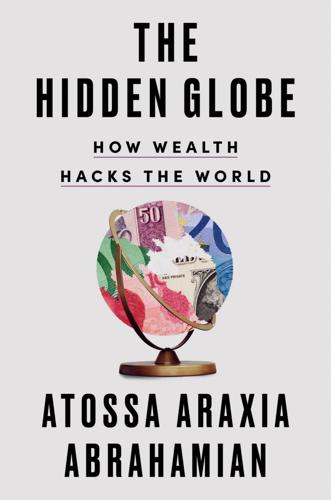
The Hidden Globe: How Wealth Hacks the World
by Atossa Araxia Abrahamian · 7 Oct 2024 · 336pp · 104,899 words
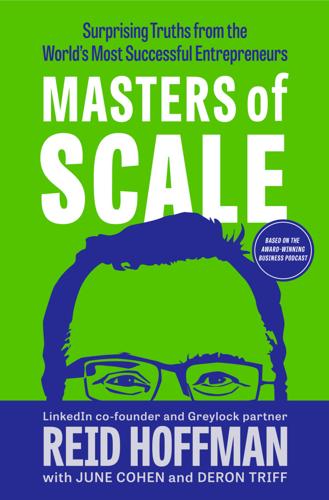
Masters of Scale: Surprising Truths From the World's Most Successful Entrepreneurs
by Reid Hoffman, June Cohen and Deron Triff · 14 Oct 2021 · 309pp · 96,168 words
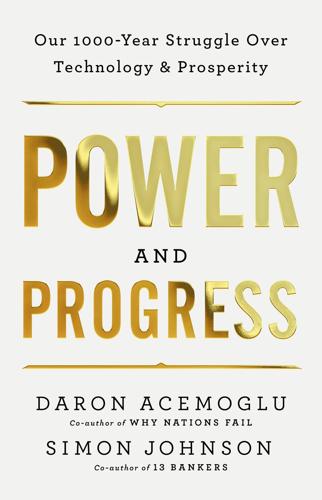
Power and Progress: Our Thousand-Year Struggle Over Technology and Prosperity
by Daron Acemoglu and Simon Johnson · 15 May 2023 · 619pp · 177,548 words
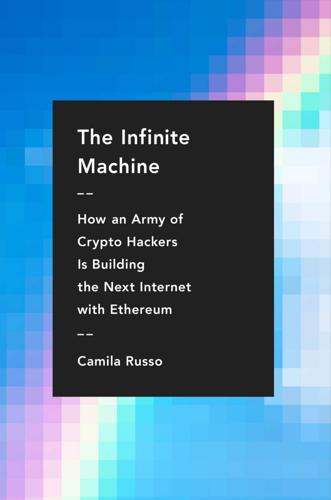
The Infinite Machine: How an Army of Crypto-Hackers Is Building the Next Internet With Ethereum
by Camila Russo · 13 Jul 2020 · 349pp · 102,827 words
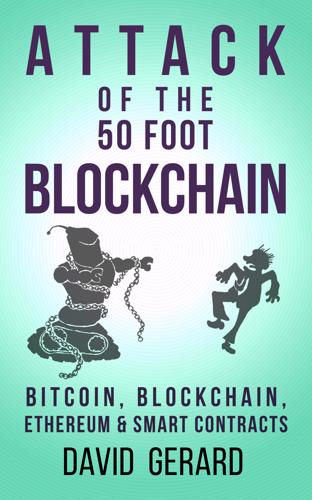
Attack of the 50 Foot Blockchain: Bitcoin, Blockchain, Ethereum & Smart Contracts
by David Gerard · 23 Jul 2017 · 309pp · 54,839 words
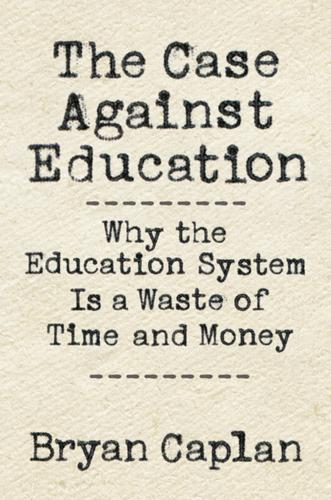
The Case Against Education: Why the Education System Is a Waste of Time and Money
by Bryan Caplan · 16 Jan 2018 · 636pp · 140,406 words
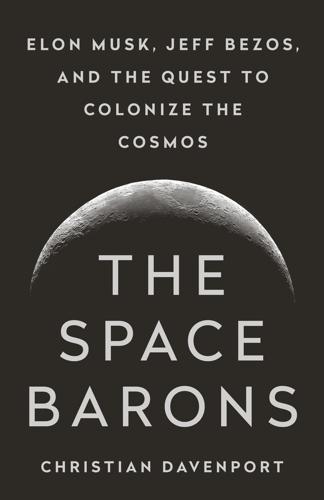
The Space Barons: Elon Musk, Jeff Bezos, and the Quest to Colonize the Cosmos
by Christian Davenport · 20 Mar 2018 · 390pp · 108,171 words
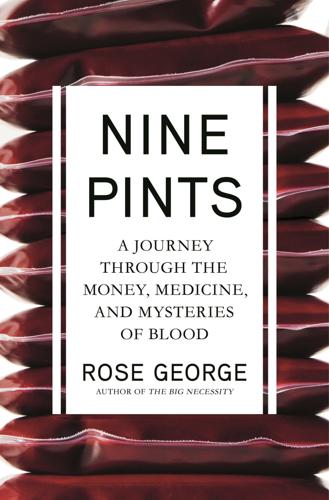
Nine Pints: A Journey Through the Money, Medicine, and Mysteries of Blood
by Rose George · 22 Oct 2018 · 453pp · 130,632 words
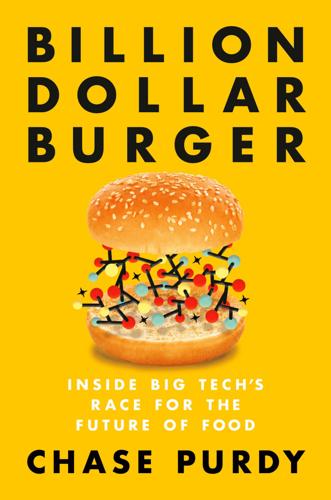
Billion Dollar Burger: Inside Big Tech's Race for the Future of Food
by Chase Purdy · 15 Jun 2020 · 232pp · 63,803 words
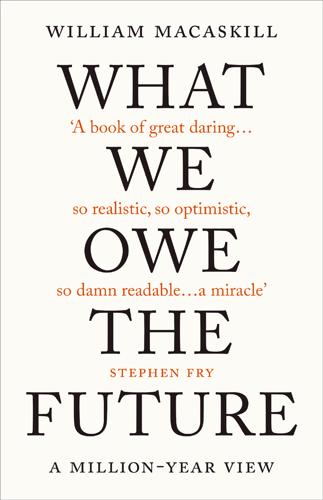
What We Owe the Future: A Million-Year View
by William MacAskill · 31 Aug 2022 · 451pp · 125,201 words
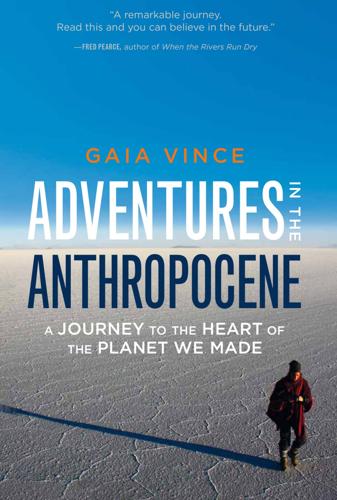
Adventures in the Anthropocene: A Journey to the Heart of the Planet We Made
by Gaia Vince · 19 Oct 2014 · 505pp · 147,916 words
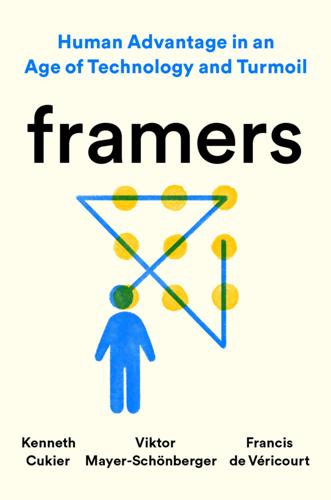
Framers: Human Advantage in an Age of Technology and Turmoil
by Kenneth Cukier, Viktor Mayer-Schönberger and Francis de Véricourt · 10 May 2021 · 291pp · 80,068 words
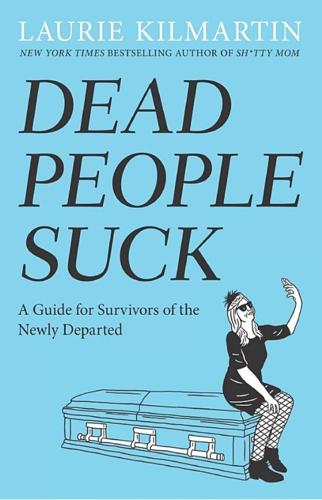
Dead People Suck: A Guide for Survivors of the Newly Departed
by Laurie Kilmartin · 13 Feb 2018 · 119pp · 36,128 words
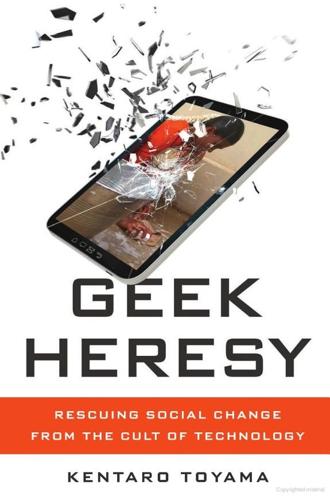
Geek Heresy: Rescuing Social Change From the Cult of Technology
by Kentaro Toyama · 25 May 2015 · 494pp · 116,739 words
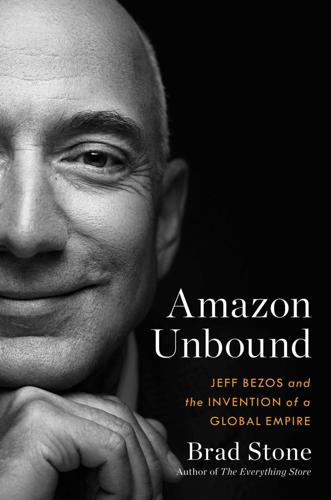
Amazon Unbound: Jeff Bezos and the Invention of a Global Empire
by Brad Stone · 10 May 2021 · 569pp · 156,139 words
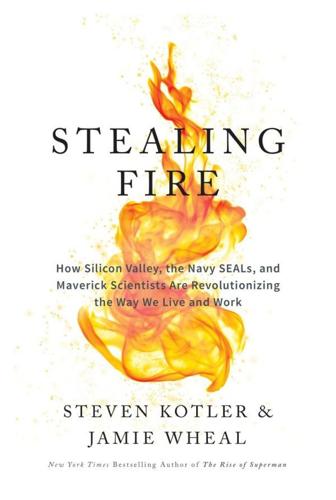
Stealing Fire: How Silicon Valley, the Navy SEALs, and Maverick Scientists Are Revolutionizing the Way We Live and Work
by Steven Kotler and Jamie Wheal · 21 Feb 2017 · 407pp · 90,238 words
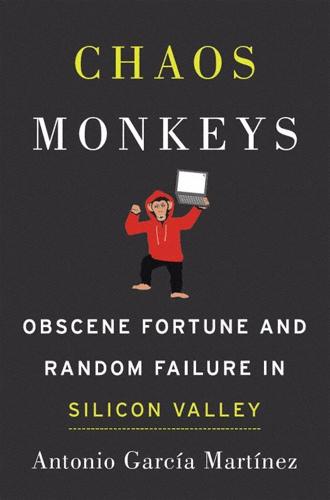
Chaos Monkeys: Obscene Fortune and Random Failure in Silicon Valley
by Antonio Garcia Martinez · 27 Jun 2016 · 559pp · 155,372 words
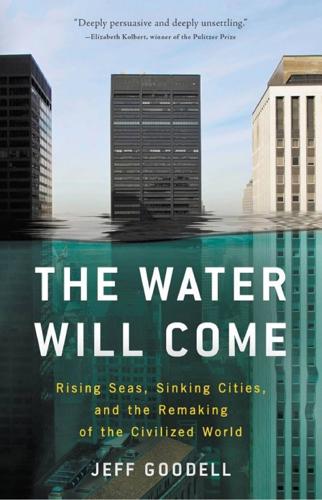
The Water Will Come: Rising Seas, Sinking Cities, and the Remaking of the Civilized World
by Jeff Goodell · 23 Oct 2017 · 292pp · 92,588 words
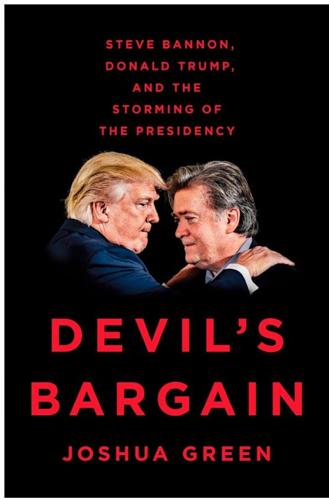
Devil's Bargain: Steve Bannon, Donald Trump, and the Storming of the Presidency
by Joshua Green · 17 Jul 2017 · 296pp · 78,112 words
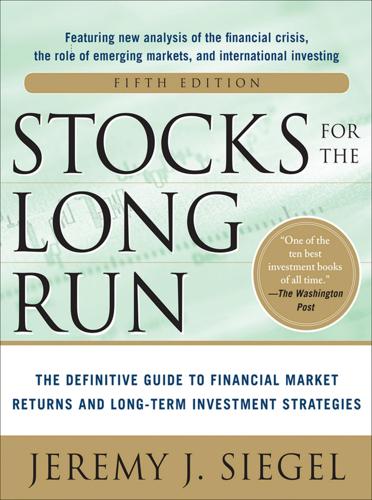
Stocks for the Long Run 5/E: the Definitive Guide to Financial Market Returns & Long-Term Investment Strategies
by Jeremy Siegel · 7 Jan 2014 · 517pp · 139,477 words
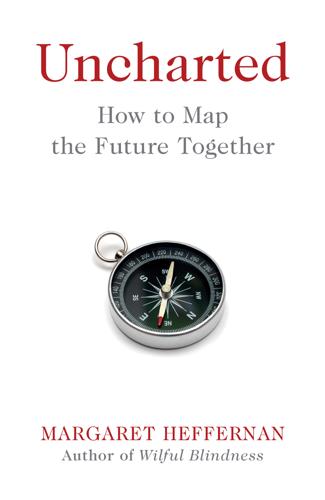
Uncharted: How to Map the Future
by Margaret Heffernan · 20 Feb 2020 · 335pp · 97,468 words
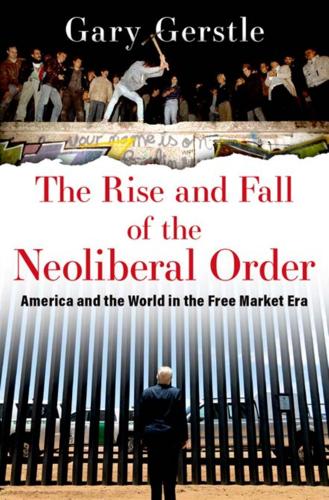
The Rise and Fall of the Neoliberal Order: America and the World in the Free Market Era
by Gary Gerstle · 14 Oct 2022 · 655pp · 156,367 words
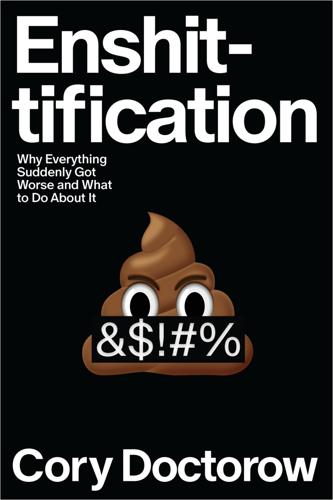
Enshittification: Why Everything Suddenly Got Worse and What to Do About It
by Cory Doctorow · 6 Oct 2025 · 313pp · 94,415 words
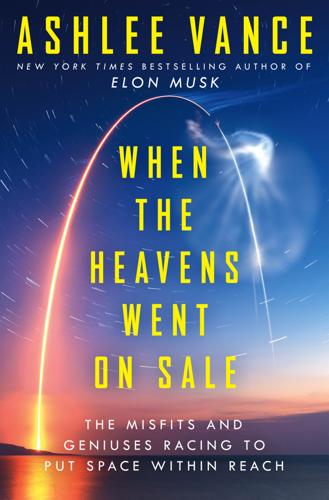
When the Heavens Went on Sale: The Misfits and Geniuses Racing to Put Space Within Reach
by Ashlee Vance · 8 May 2023 · 558pp · 175,965 words
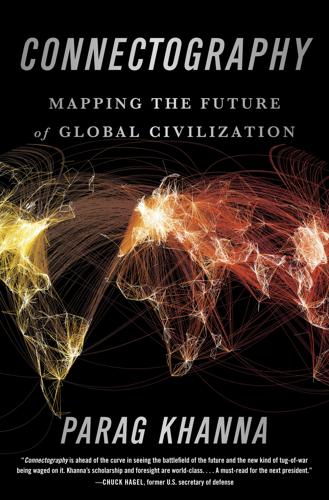
Connectography: Mapping the Future of Global Civilization
by Parag Khanna · 18 Apr 2016 · 497pp · 144,283 words
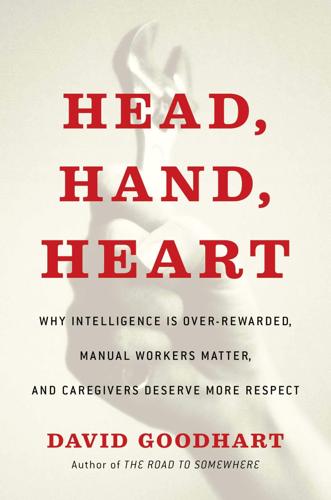
Head, Hand, Heart: Why Intelligence Is Over-Rewarded, Manual Workers Matter, and Caregivers Deserve More Respect
by David Goodhart · 7 Sep 2020 · 463pp · 115,103 words
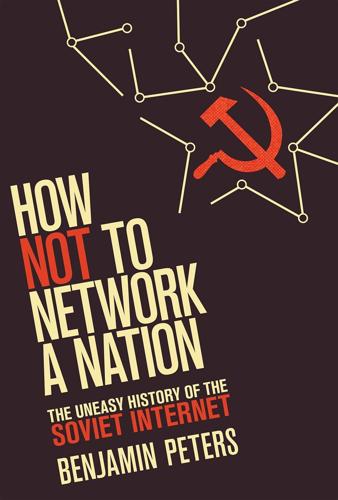
How Not to Network a Nation: The Uneasy History of the Soviet Internet (Information Policy)
by Benjamin Peters · 2 Jun 2016 · 518pp · 107,836 words
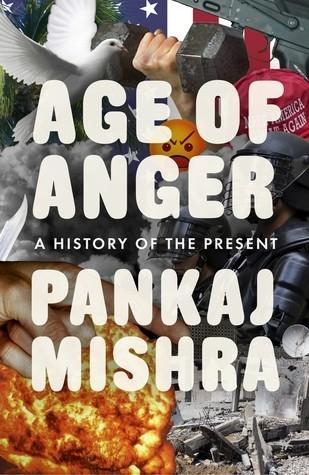
Age of Anger: A History of the Present
by Pankaj Mishra · 26 Jan 2017 · 410pp · 106,931 words
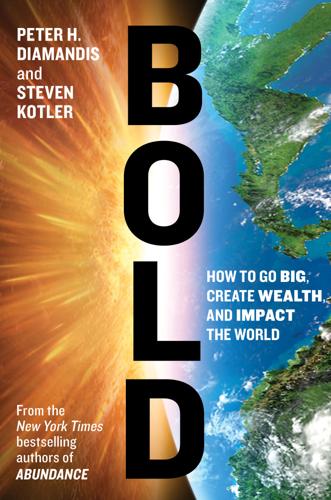
Bold: How to Go Big, Create Wealth and Impact the World
by Peter H. Diamandis and Steven Kotler · 3 Feb 2015 · 368pp · 96,825 words
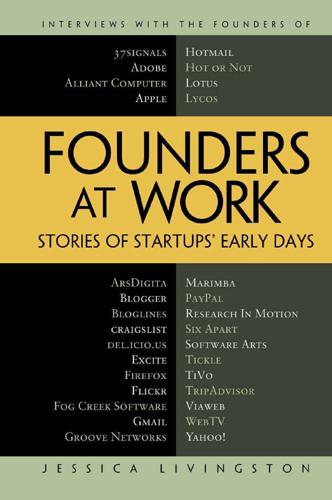
Founders at Work: Stories of Startups' Early Days
by Jessica Livingston · 14 Aug 2008 · 468pp · 233,091 words
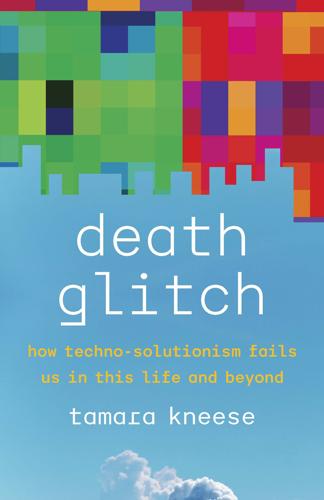
Death Glitch: How Techno-Solutionism Fails Us in This Life and Beyond
by Tamara Kneese · 14 Aug 2023 · 284pp · 75,744 words
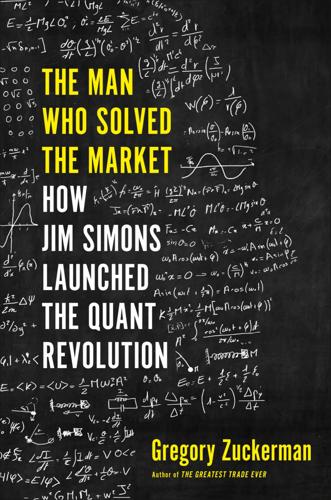
The Man Who Solved the Market: How Jim Simons Launched the Quant Revolution
by Gregory Zuckerman · 5 Nov 2019 · 407pp · 104,622 words
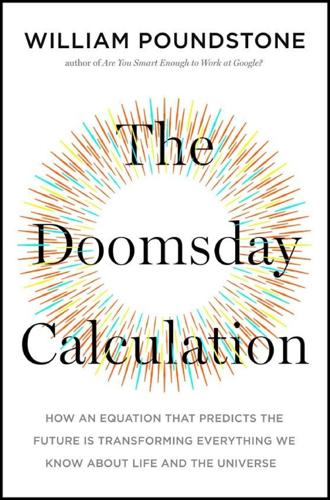
The Doomsday Calculation: How an Equation That Predicts the Future Is Transforming Everything We Know About Life and the Universe
by William Poundstone · 3 Jun 2019 · 283pp · 81,376 words
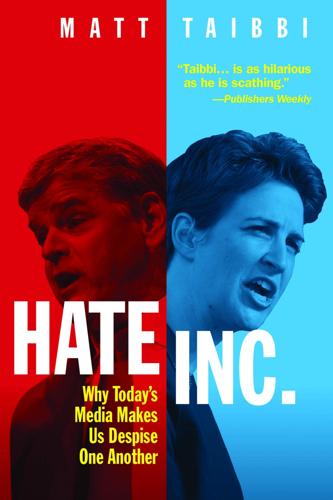
Hate Inc.: Why Today’s Media Makes Us Despise One Another
by Matt Taibbi · 7 Oct 2019 · 357pp · 99,456 words
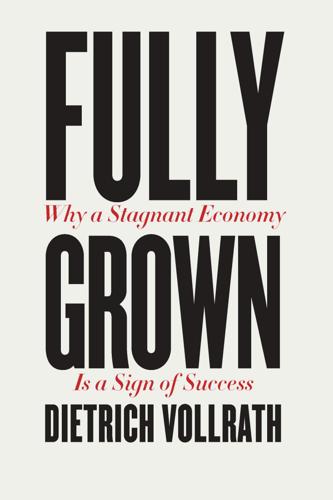
Fully Grown: Why a Stagnant Economy Is a Sign of Success
by Dietrich Vollrath · 6 Jan 2020 · 295pp · 90,821 words
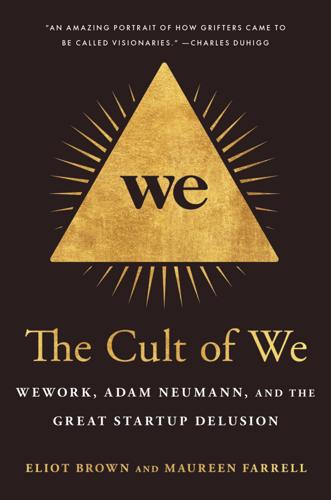
The Cult of We: WeWork, Adam Neumann, and the Great Startup Delusion
by Eliot Brown and Maureen Farrell · 19 Jul 2021 · 460pp · 130,820 words
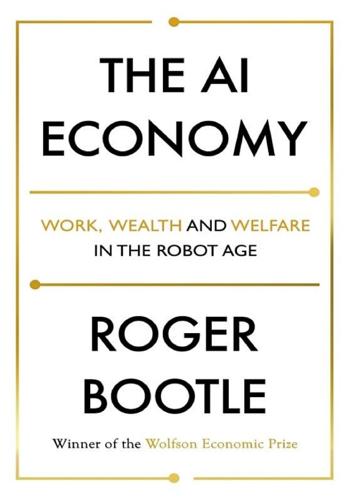
The AI Economy: Work, Wealth and Welfare in the Robot Age
by Roger Bootle · 4 Sep 2019 · 374pp · 111,284 words
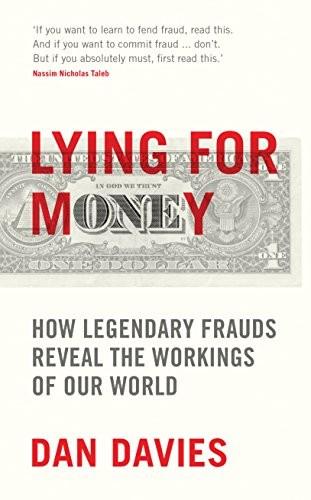
Lying for Money: How Fraud Makes the World Go Round
by Daniel Davies · 14 Jul 2018 · 294pp · 89,406 words
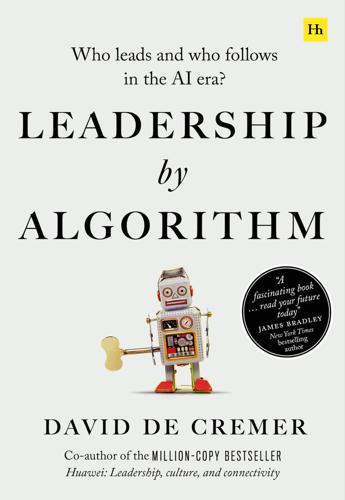
Leadership by Algorithm: Who Leads and Who Follows in the AI Era?
by David de Cremer · 25 May 2020 · 241pp · 70,307 words
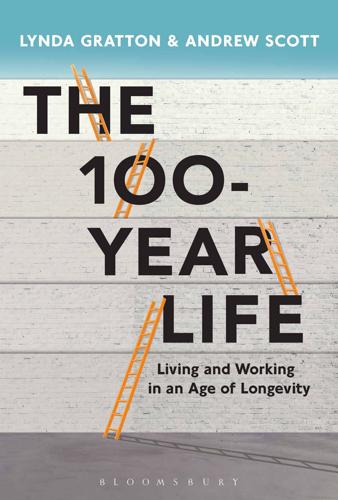
The 100-Year Life: Living and Working in an Age of Longevity
by Lynda Gratton and Andrew Scott · 1 Jun 2016 · 344pp · 94,332 words
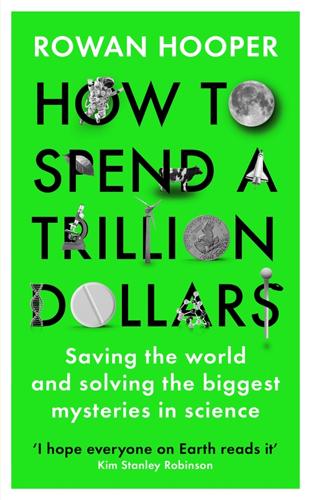
How to Spend a Trillion Dollars
by Rowan Hooper · 15 Jan 2020 · 285pp · 86,858 words
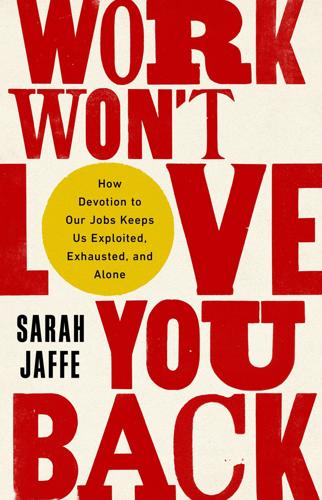
Work Won't Love You Back: How Devotion to Our Jobs Keeps Us Exploited, Exhausted, and Alone
by Sarah Jaffe · 26 Jan 2021 · 490pp · 153,455 words
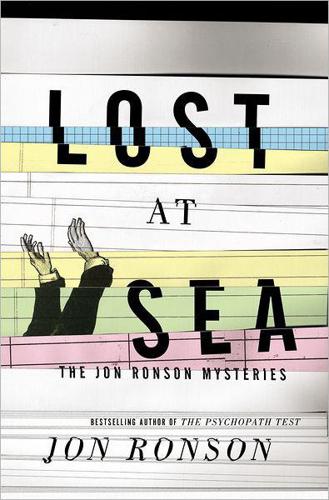
Lost at Sea
by Jon Ronson · 1 Oct 2012 · 375pp · 106,536 words
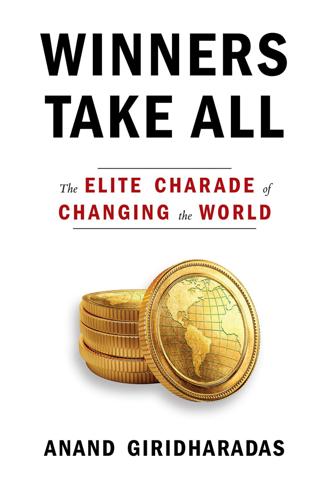
Winners Take All: The Elite Charade of Changing the World
by Anand Giridharadas · 27 Aug 2018 · 296pp · 98,018 words
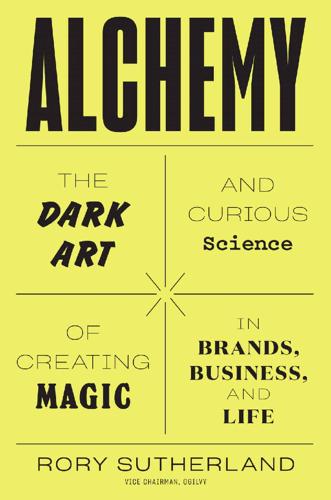
Alchemy: The Dark Art and Curious Science of Creating Magic in Brands, Business, and Life
by Rory Sutherland · 6 May 2019 · 401pp · 93,256 words
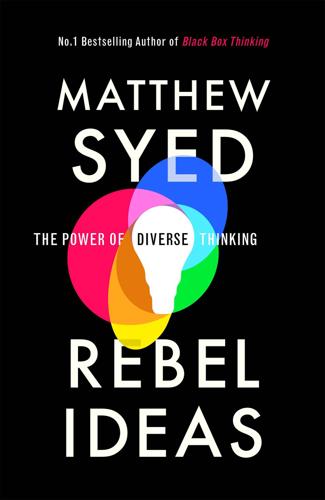
Rebel Ideas: The Power of Diverse Thinking
by Matthew Syed · 9 Sep 2019 · 280pp · 76,638 words
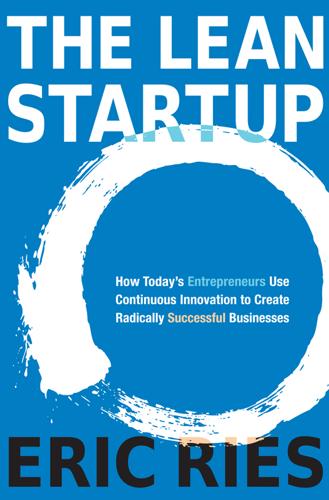
The Lean Startup: How Today’s Entrepreneurs Use Continuous Innovation to Create Radically Successful Businesses
by Eric Ries · 13 Sep 2011 · 278pp · 83,468 words
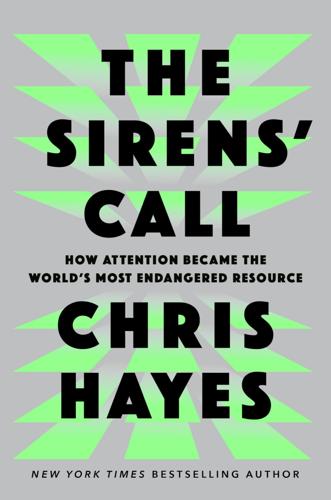
The Sirens' Call: How Attention Became the World's Most Endangered Resource
by Chris Hayes · 28 Jan 2025 · 359pp · 100,761 words
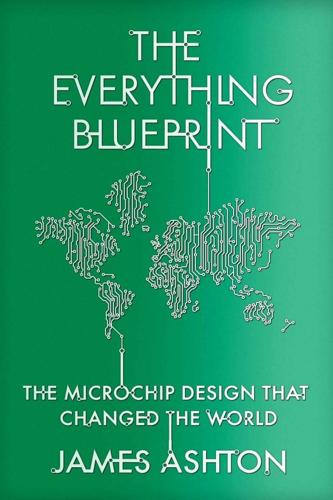
The Everything Blueprint: The Microchip Design That Changed the World
by James Ashton · 11 May 2023 · 401pp · 113,586 words
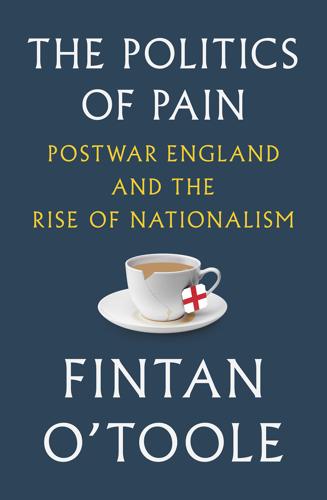
The Politics of Pain
by Fintan O'Toole · 2 Oct 2019
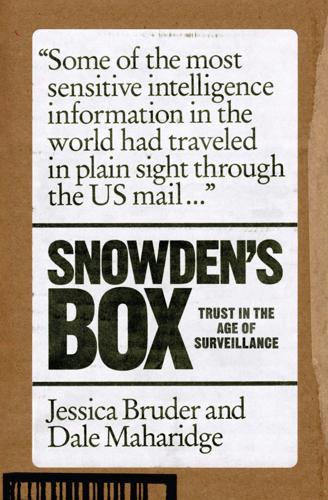
Snowden's Box: Trust in the Age of Surveillance
by Jessica Bruder and Dale Maharidge · 29 Mar 2020 · 159pp · 42,401 words
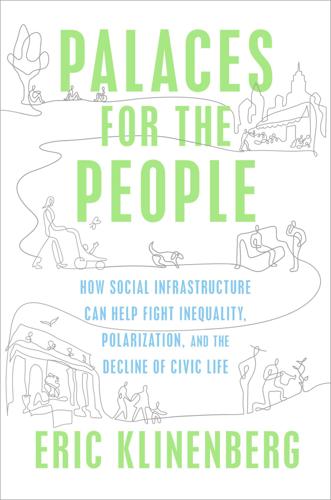
Palaces for the People: How Social Infrastructure Can Help Fight Inequality, Polarization, and the Decline of Civic Life
by Eric Klinenberg · 10 Sep 2018 · 281pp · 83,505 words
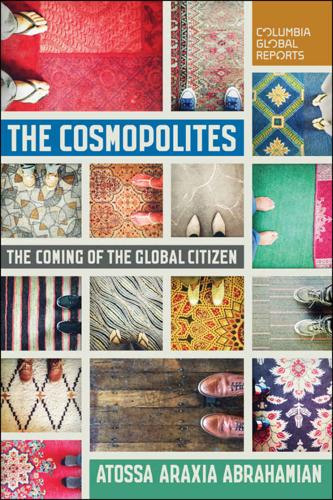
The Cosmopolites: The Coming of the Global Citizen
by Atossa Araxia Abrahamian · 14 Jul 2015 · 138pp · 41,353 words
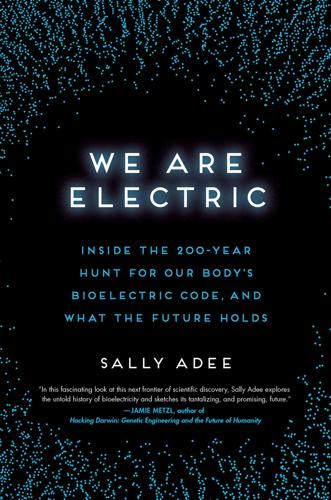
We Are Electric: Inside the 200-Year Hunt for Our Body's Bioelectric Code, and What the Future Holds
by Sally Adee · 27 Feb 2023 · 329pp · 101,233 words
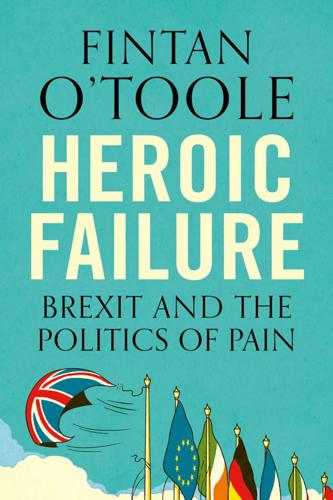
Heroic Failure: Brexit and the Politics of Pain
by Fintan O'Toole · 22 Jan 2018 · 200pp · 64,329 words
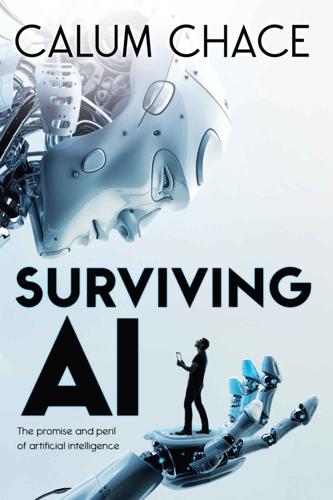
Surviving AI: The Promise and Peril of Artificial Intelligence
by Calum Chace · 28 Jul 2015 · 144pp · 43,356 words
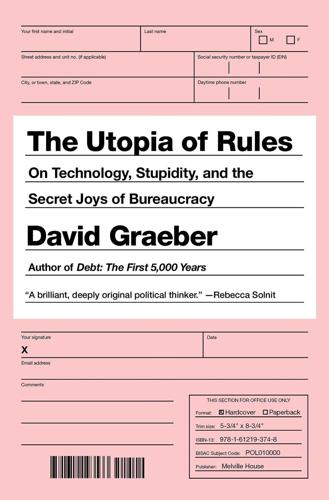
Bureaucracy
by David Graeber · 3 Feb 2015 · 252pp · 80,636 words
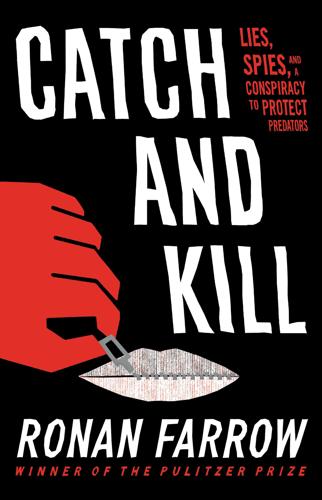
Catch and Kill: Lies, Spies, and a Conspiracy to Protect Predators
by Ronan Farrow · 14 Oct 2019 · 390pp · 115,303 words
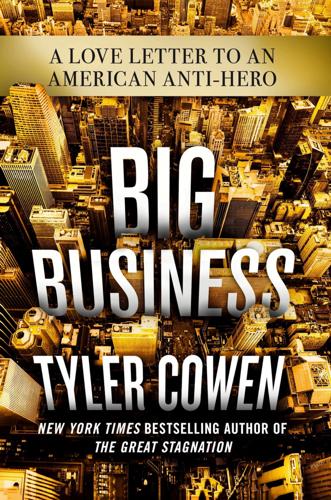
Big Business: A Love Letter to an American Anti-Hero
by Tyler Cowen · 8 Apr 2019 · 297pp · 84,009 words
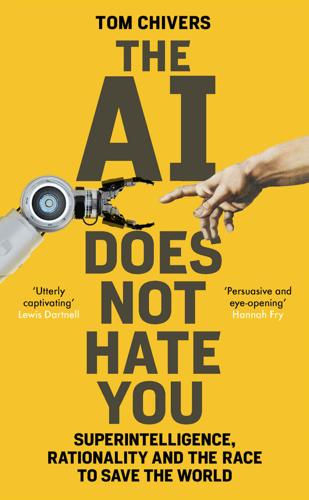
The Rationalist's Guide to the Galaxy: Superintelligent AI and the Geeks Who Are Trying to Save Humanity's Future
by Tom Chivers · 12 Jun 2019 · 289pp · 92,714 words
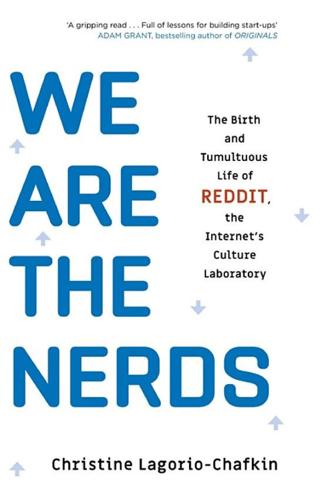
We Are the Nerds: The Birth and Tumultuous Life of Reddit, the Internet's Culture Laboratory
by Christine Lagorio-Chafkin · 1 Oct 2018
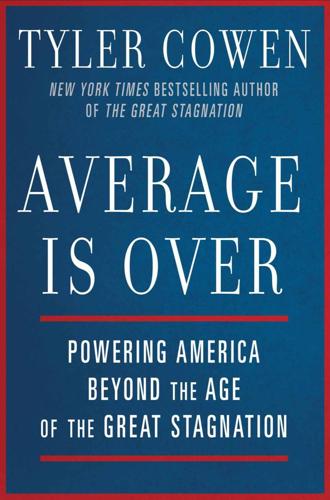
Average Is Over: Powering America Beyond the Age of the Great Stagnation
by Tyler Cowen · 11 Sep 2013 · 291pp · 81,703 words
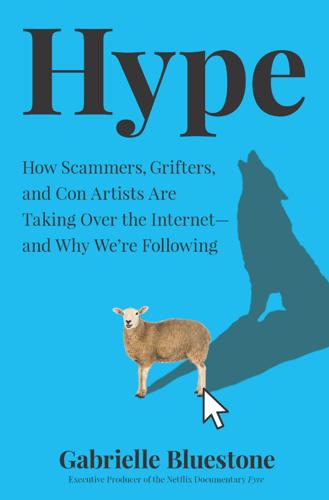
Hype: How Scammers, Grifters, and Con Artists Are Taking Over the Internet―and Why We're Following
by Gabrielle Bluestone · 5 Apr 2021 · 329pp · 100,162 words
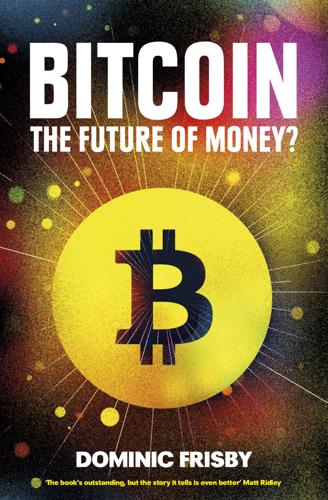
Bitcoin: The Future of Money?
by Dominic Frisby · 1 Nov 2014 · 233pp · 66,446 words
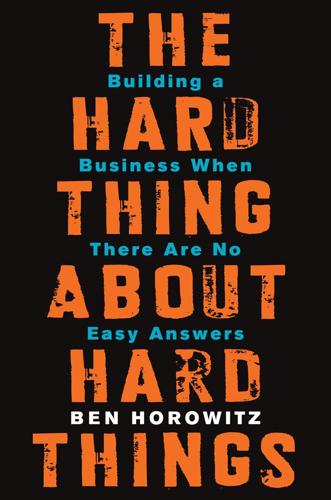
The Hard Thing About Hard Things: Building a Business When There Are No Easy Answers
by Ben Horowitz · 4 Mar 2014 · 270pp · 79,068 words
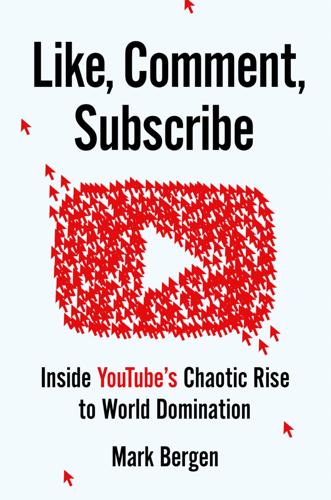
Like, Comment, Subscribe: Inside YouTube's Chaotic Rise to World Domination
by Mark Bergen · 5 Sep 2022 · 642pp · 141,888 words
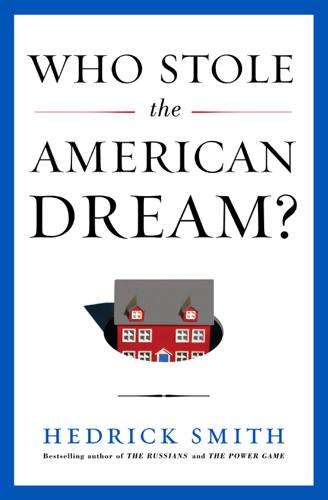
Who Stole the American Dream?
by Hedrick Smith · 10 Sep 2012 · 598pp · 172,137 words
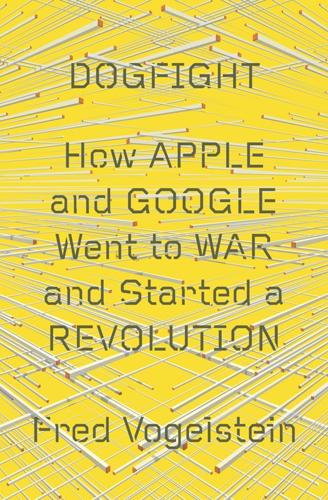
Dogfight: How Apple and Google Went to War and Started a Revolution
by Fred Vogelstein · 12 Nov 2013 · 275pp · 84,418 words
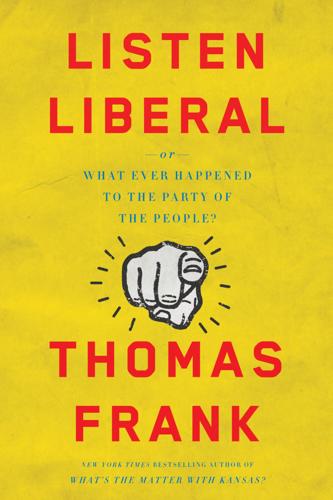
Listen, Liberal: Or, What Ever Happened to the Party of the People?
by Thomas Frank · 15 Mar 2016 · 316pp · 87,486 words
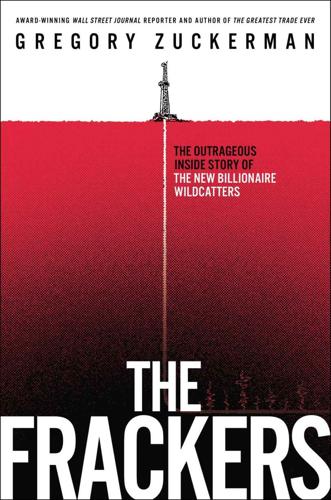
The Frackers: The Outrageous Inside Story of the New Billionaire Wildcatters
by Gregory Zuckerman · 5 Nov 2013 · 483pp · 143,123 words
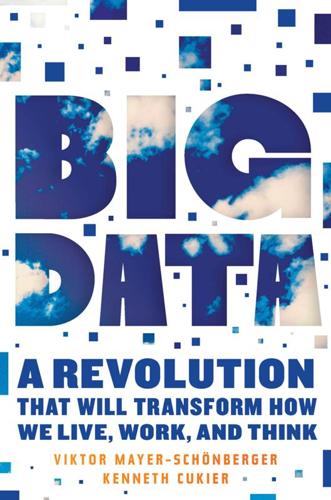
Big Data: A Revolution That Will Transform How We Live, Work, and Think
by Viktor Mayer-Schonberger and Kenneth Cukier · 5 Mar 2013 · 304pp · 82,395 words
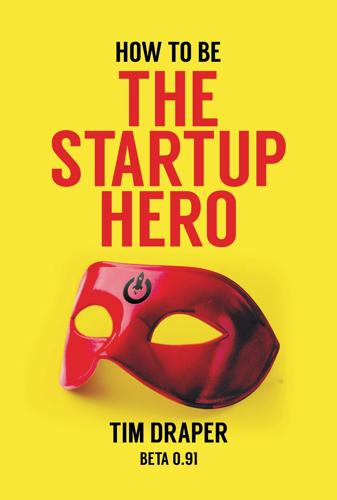
How to Be the Startup Hero: A Guide and Textbook for Entrepreneurs and Aspiring Entrepreneurs
by Tim Draper · 18 Dec 2017 · 302pp · 95,965 words
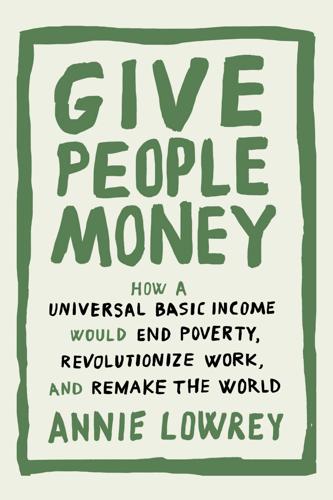
Give People Money
by Annie Lowrey · 10 Jul 2018 · 242pp · 73,728 words
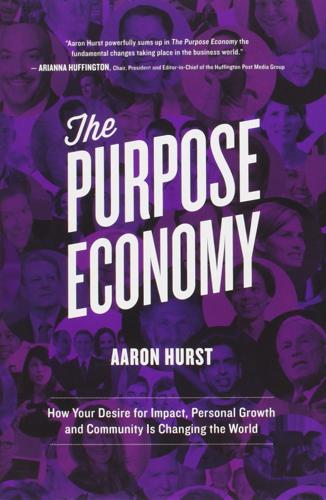
The Purpose Economy: How Your Desire for Impact, Personal Growth and Community Is Changing the World
by Aaron Hurst · 31 Aug 2013 · 209pp · 63,649 words
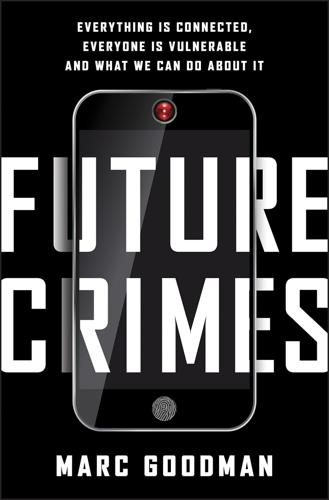
Future Crimes: Everything Is Connected, Everyone Is Vulnerable and What We Can Do About It
by Marc Goodman · 24 Feb 2015 · 677pp · 206,548 words
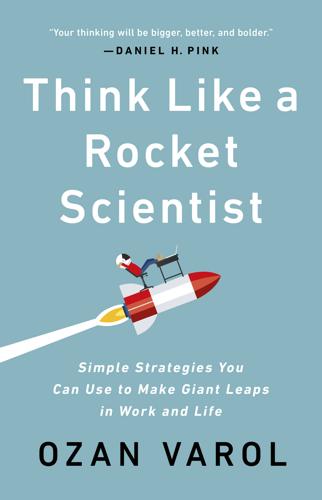
Think Like a Rocket Scientist: Simple Strategies You Can Use to Make Giant Leaps in Work and Life
by Ozan Varol · 13 Apr 2020 · 389pp · 112,319 words
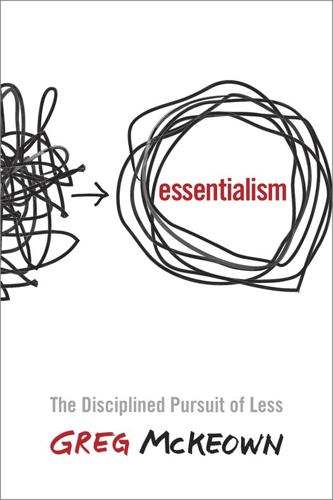
Essentialism: The Disciplined Pursuit of Less
by Greg McKeown · 14 Apr 2014 · 202pp · 62,199 words
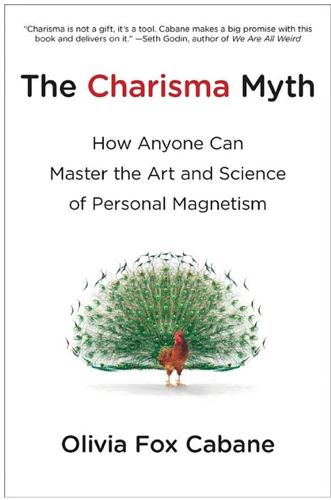
The Charisma Myth: How Anyone Can Master the Art and Science of Personal Magnetism
by Olivia Fox Cabane · 1 Mar 2012 · 287pp · 81,014 words

Aerotropolis
by John D. Kasarda and Greg Lindsay · 2 Jan 2009 · 603pp · 182,781 words
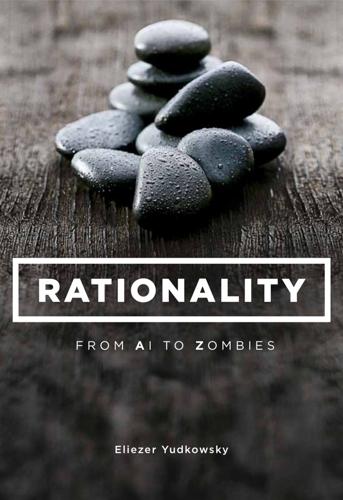
Rationality: From AI to Zombies
by Eliezer Yudkowsky · 11 Mar 2015 · 1,737pp · 491,616 words

The Uninhabitable Earth: Life After Warming
by David Wallace-Wells · 19 Feb 2019 · 343pp · 101,563 words
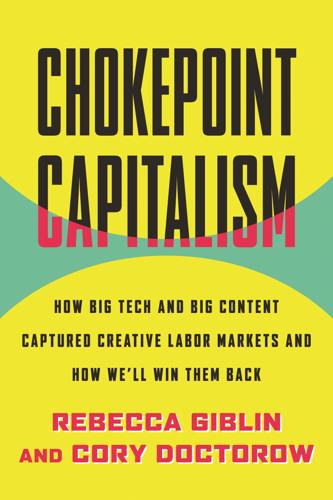
Chokepoint Capitalism
by Rebecca Giblin and Cory Doctorow · 26 Sep 2022 · 396pp · 113,613 words
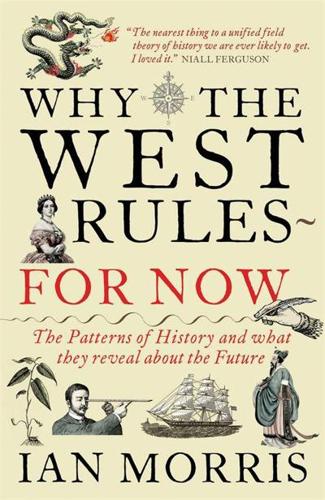
Why the West Rules--For Now: The Patterns of History, and What They Reveal About the Future
by Ian Morris · 11 Oct 2010 · 1,152pp · 266,246 words
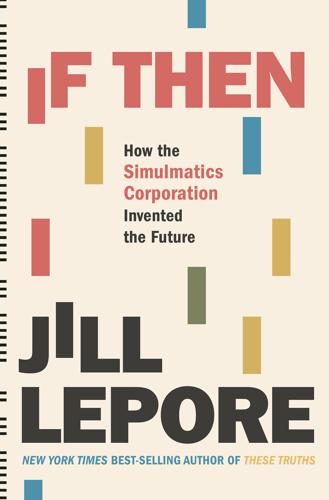
If Then: How Simulmatics Corporation Invented the Future
by Jill Lepore · 14 Sep 2020 · 467pp · 149,632 words
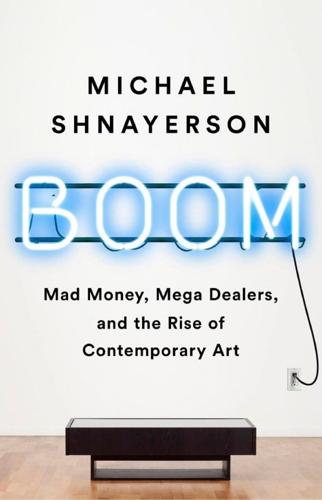
Boom: Mad Money, Mega Dealers, and the Rise of Contemporary Art
by Michael Shnayerson · 20 May 2019 · 552pp · 163,292 words